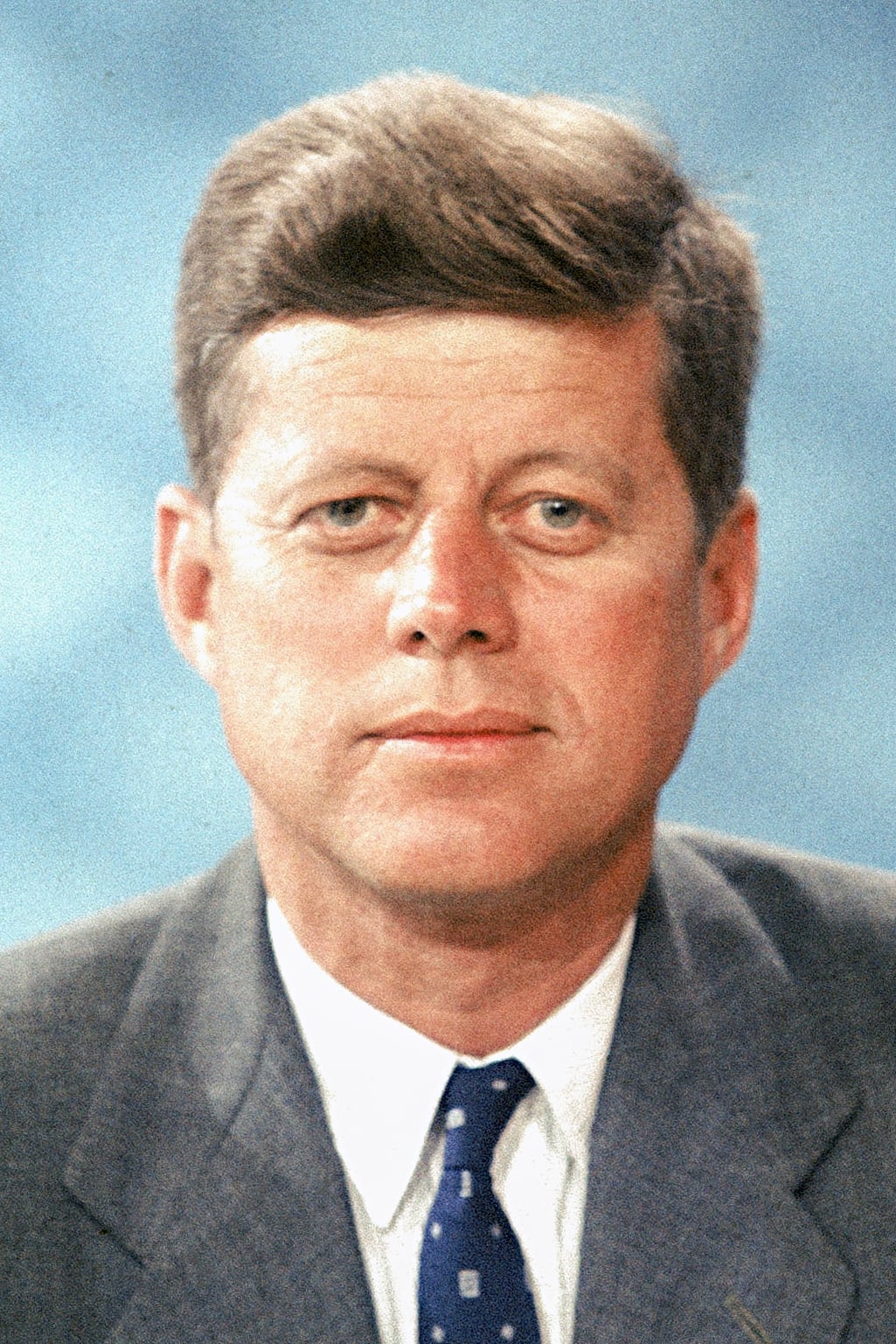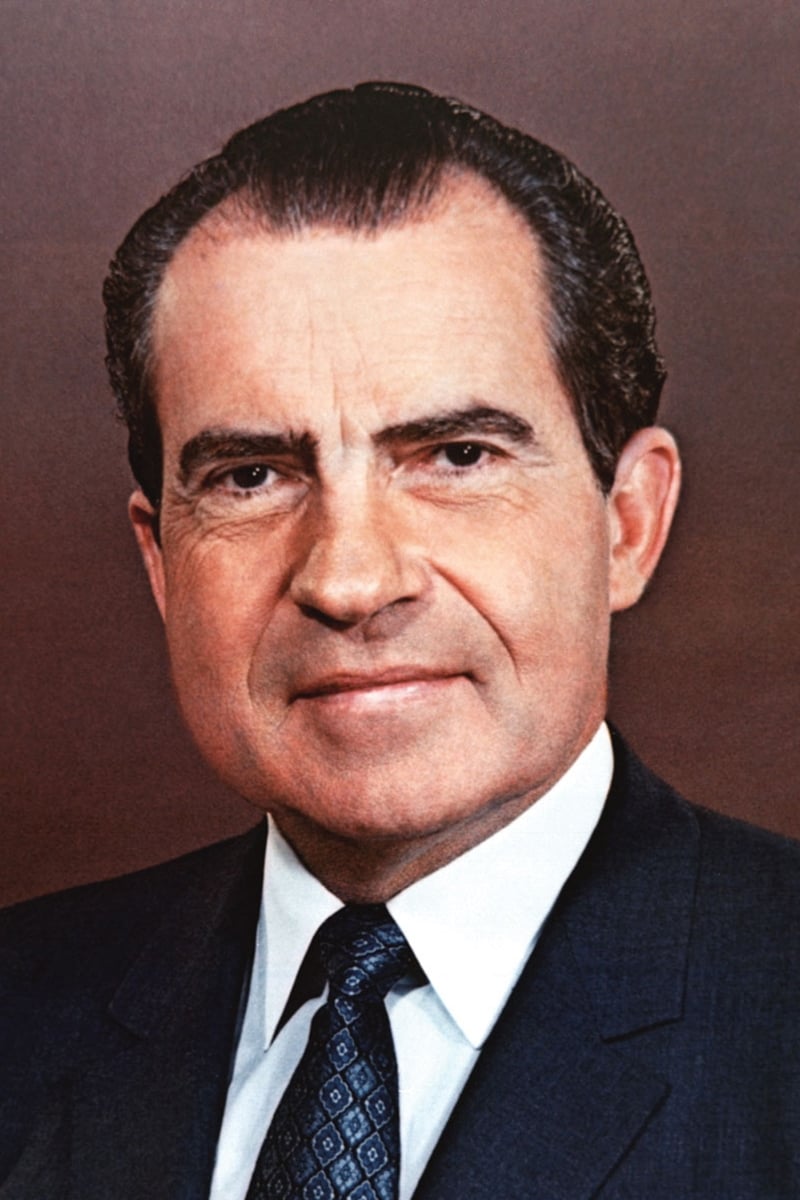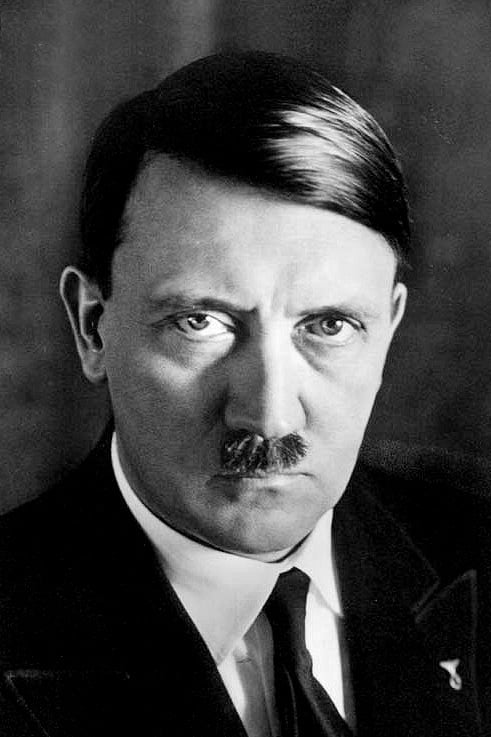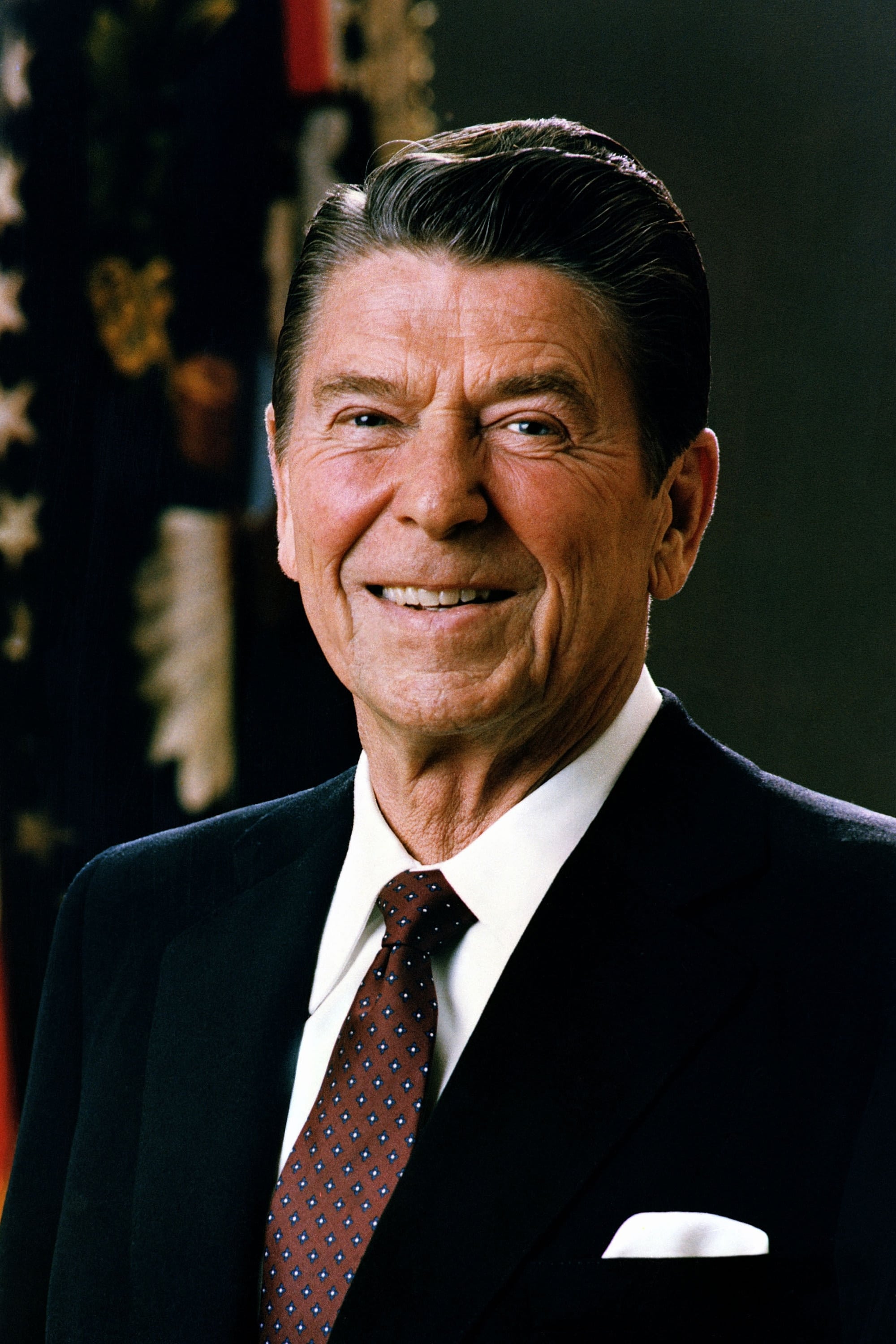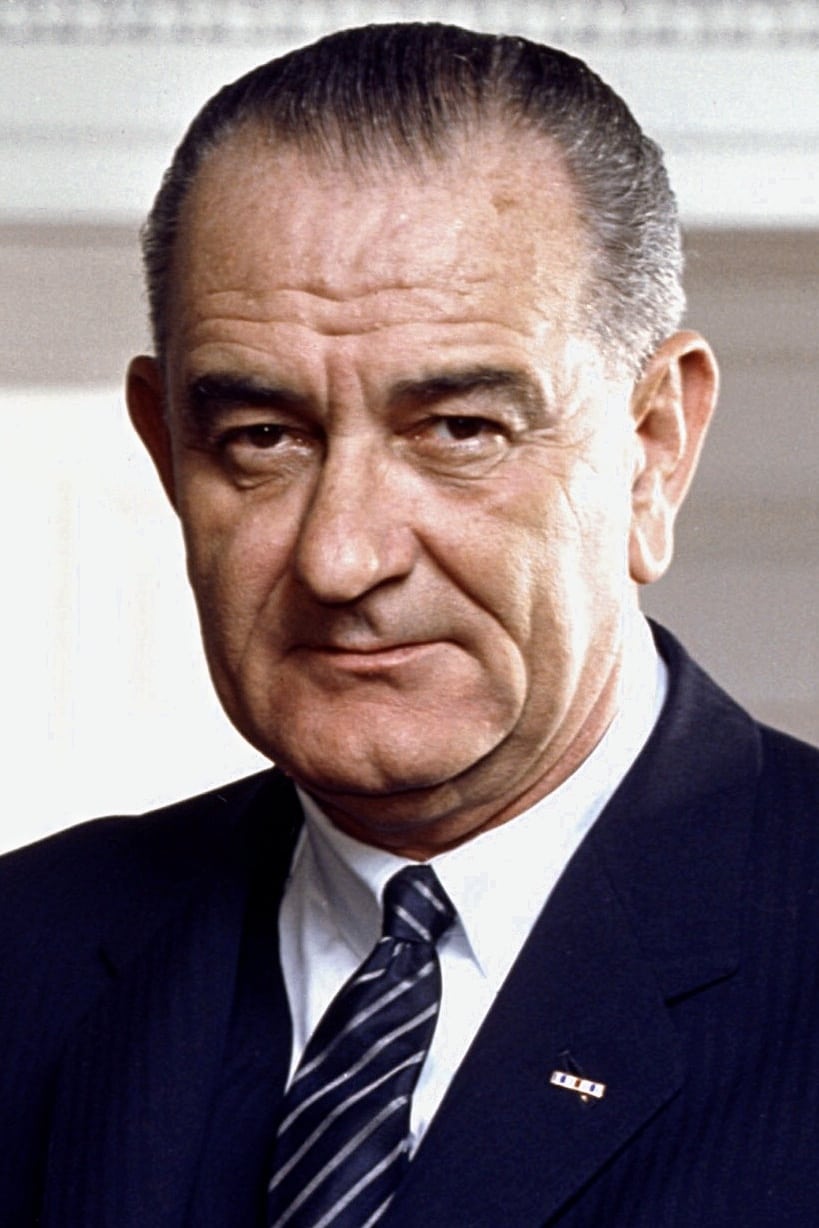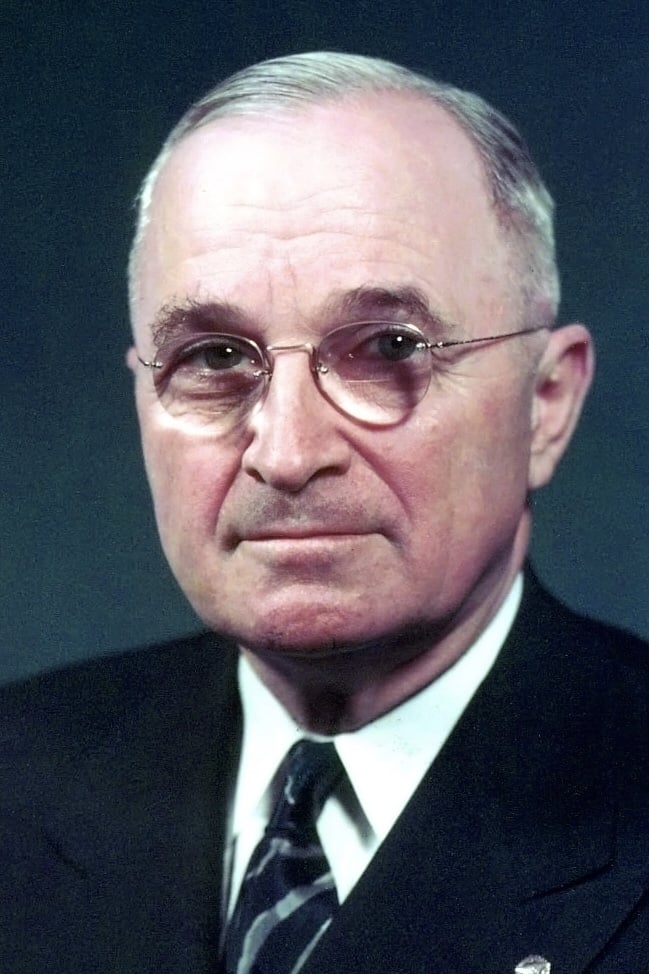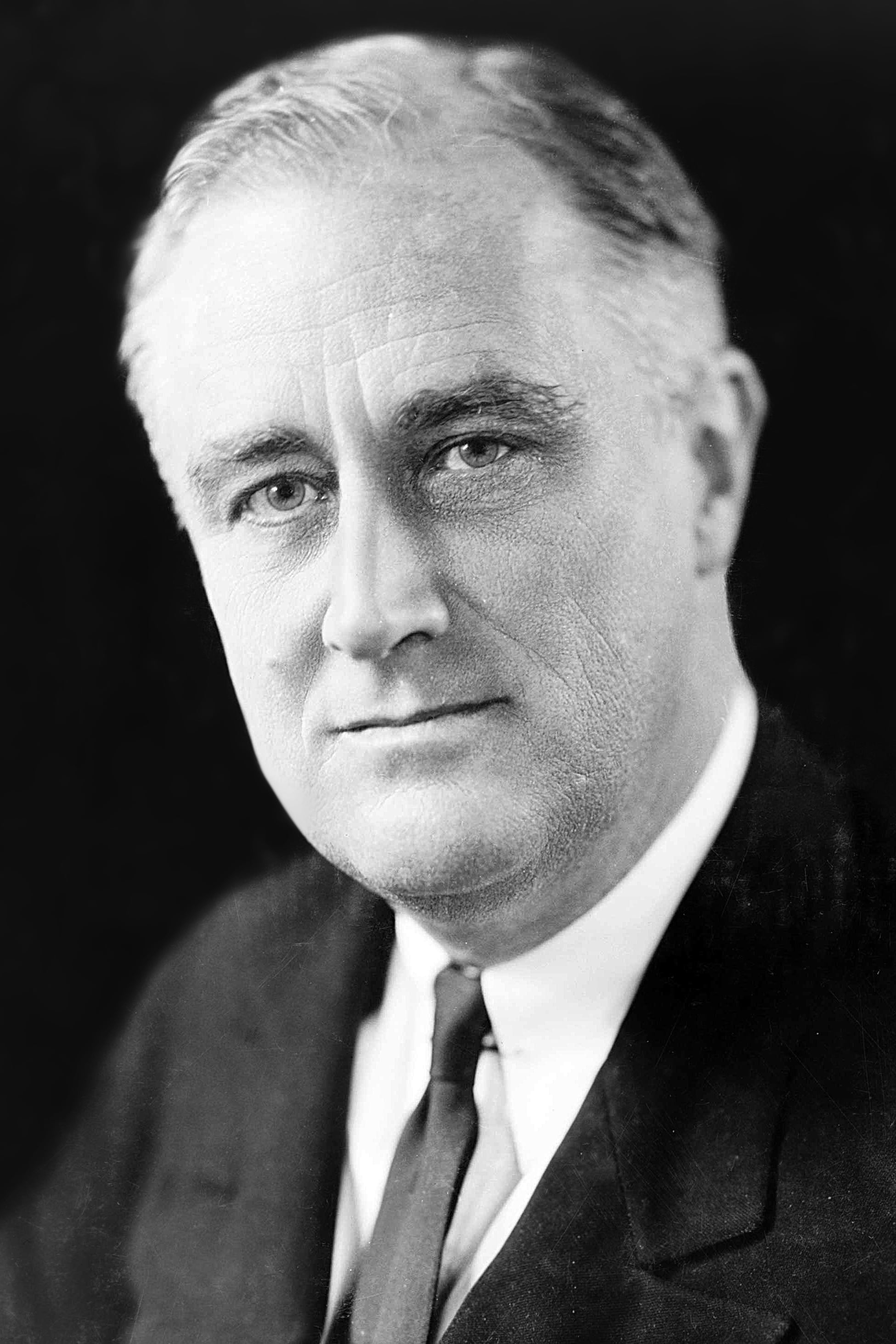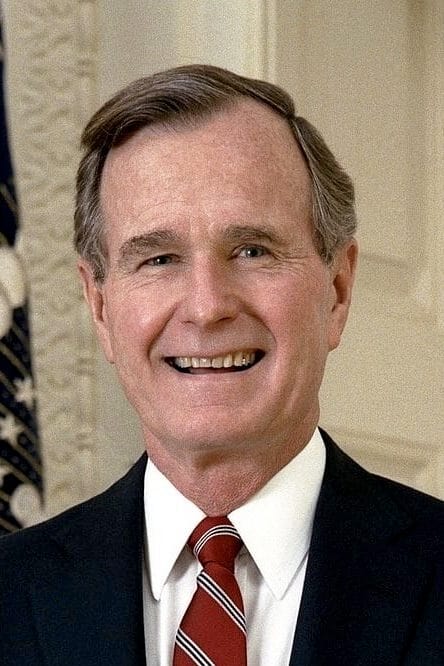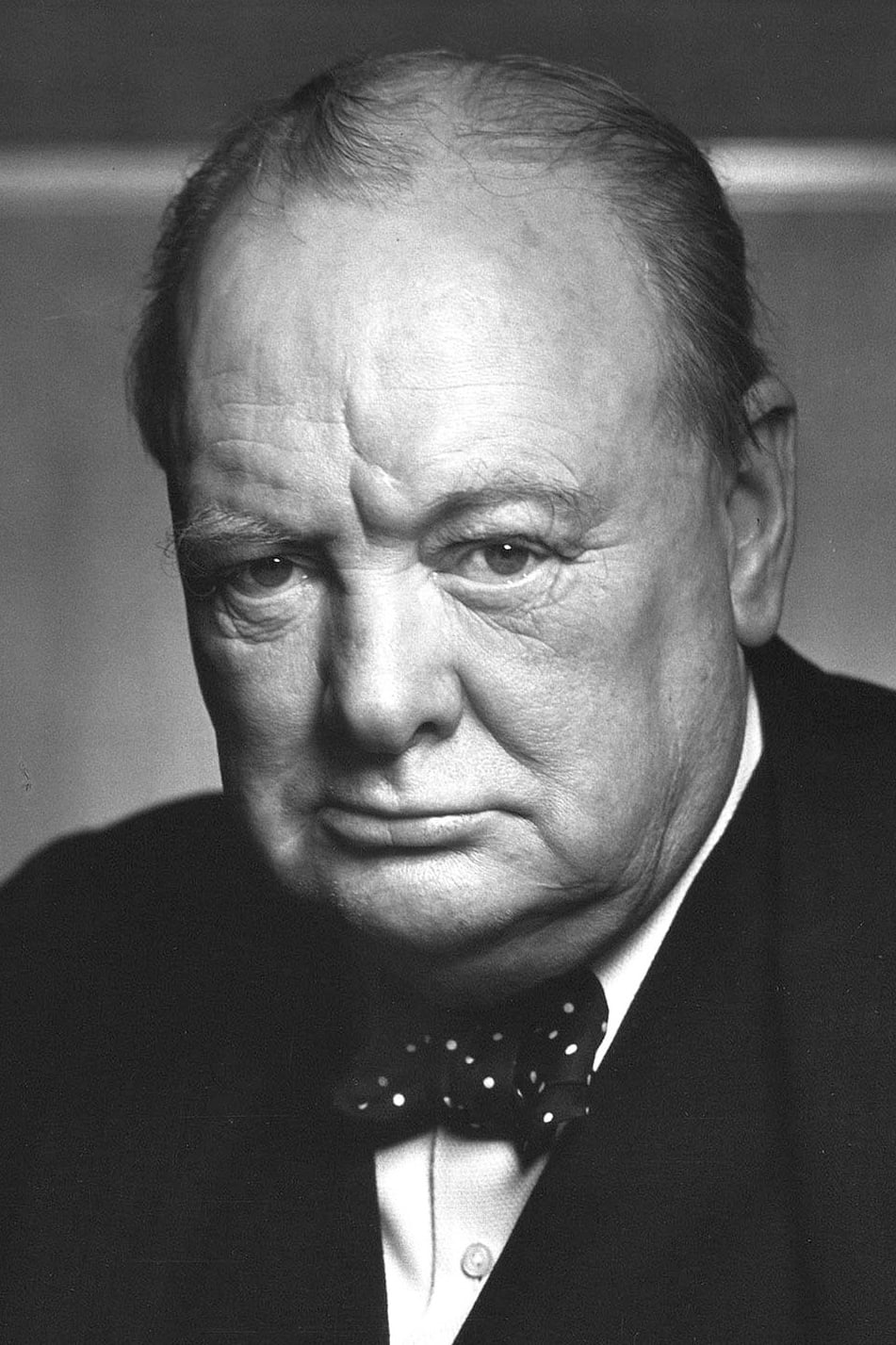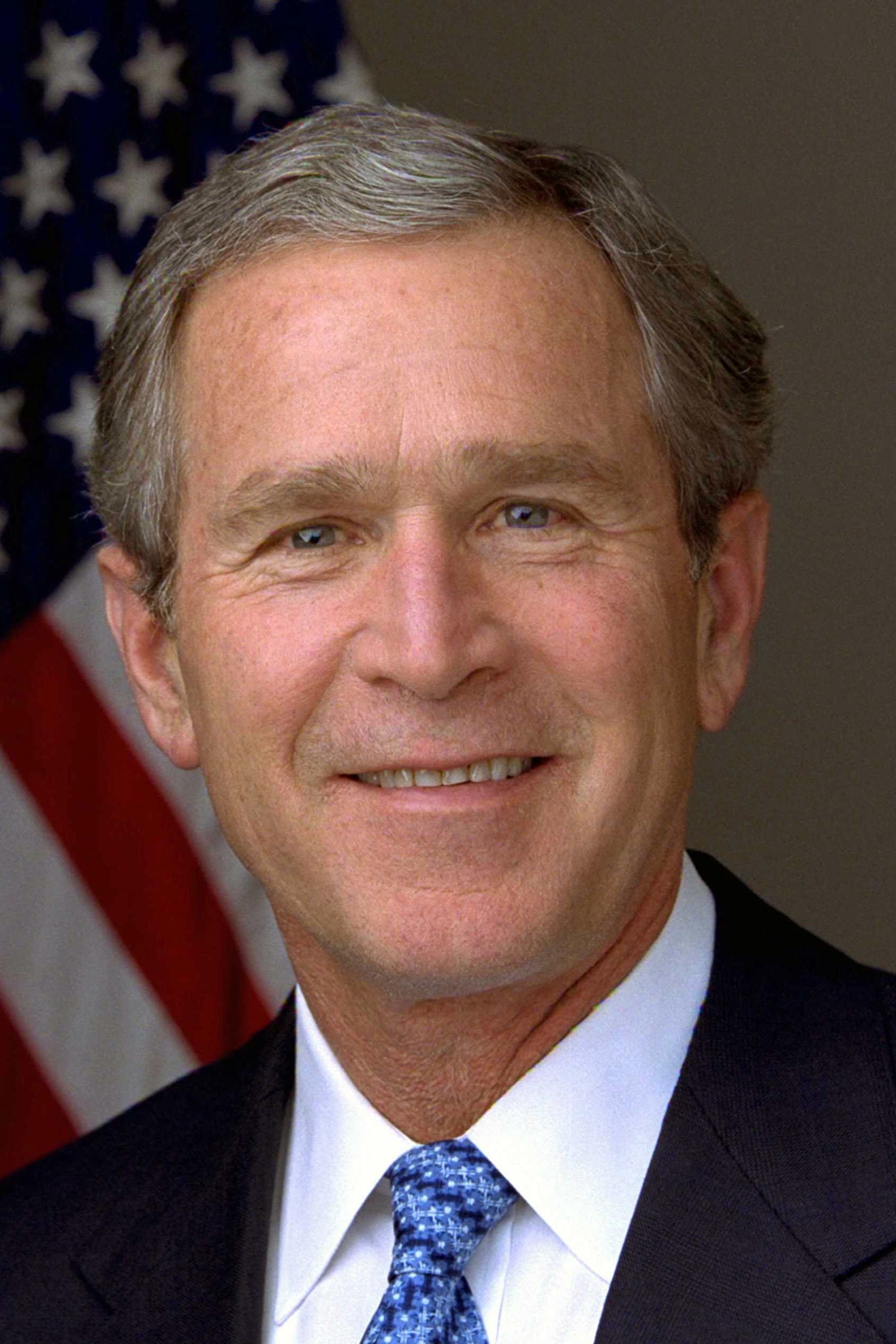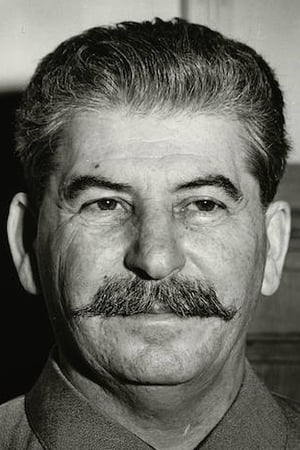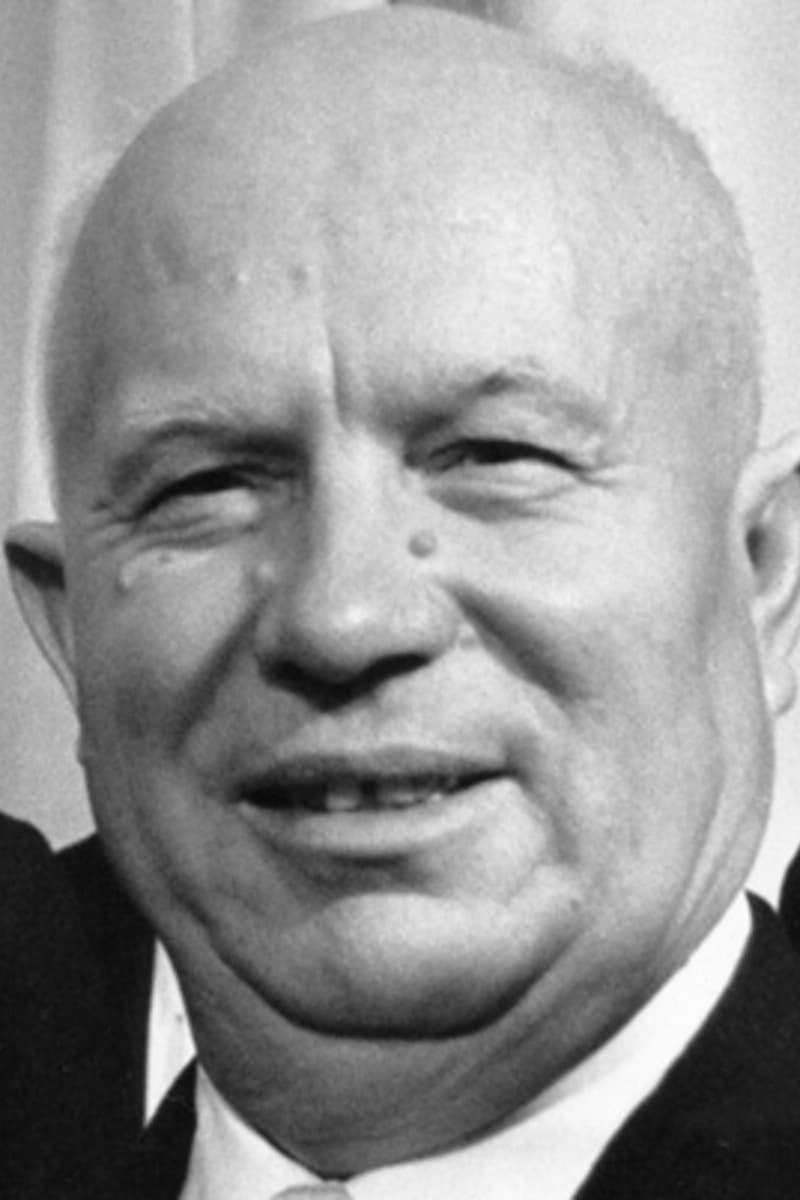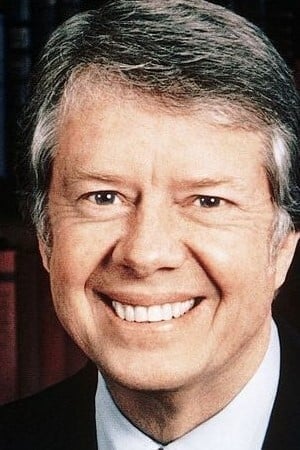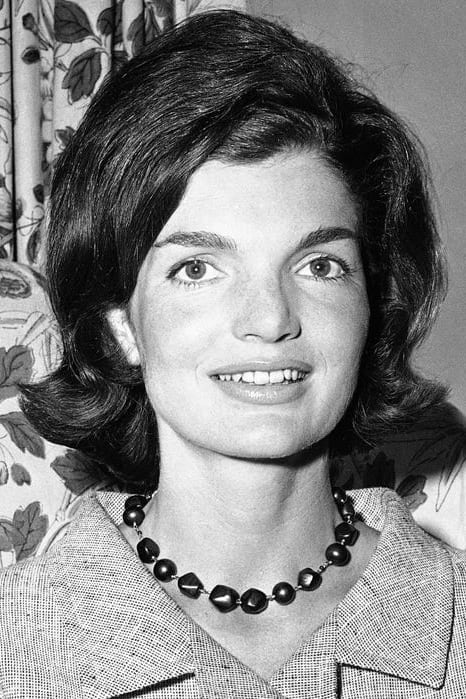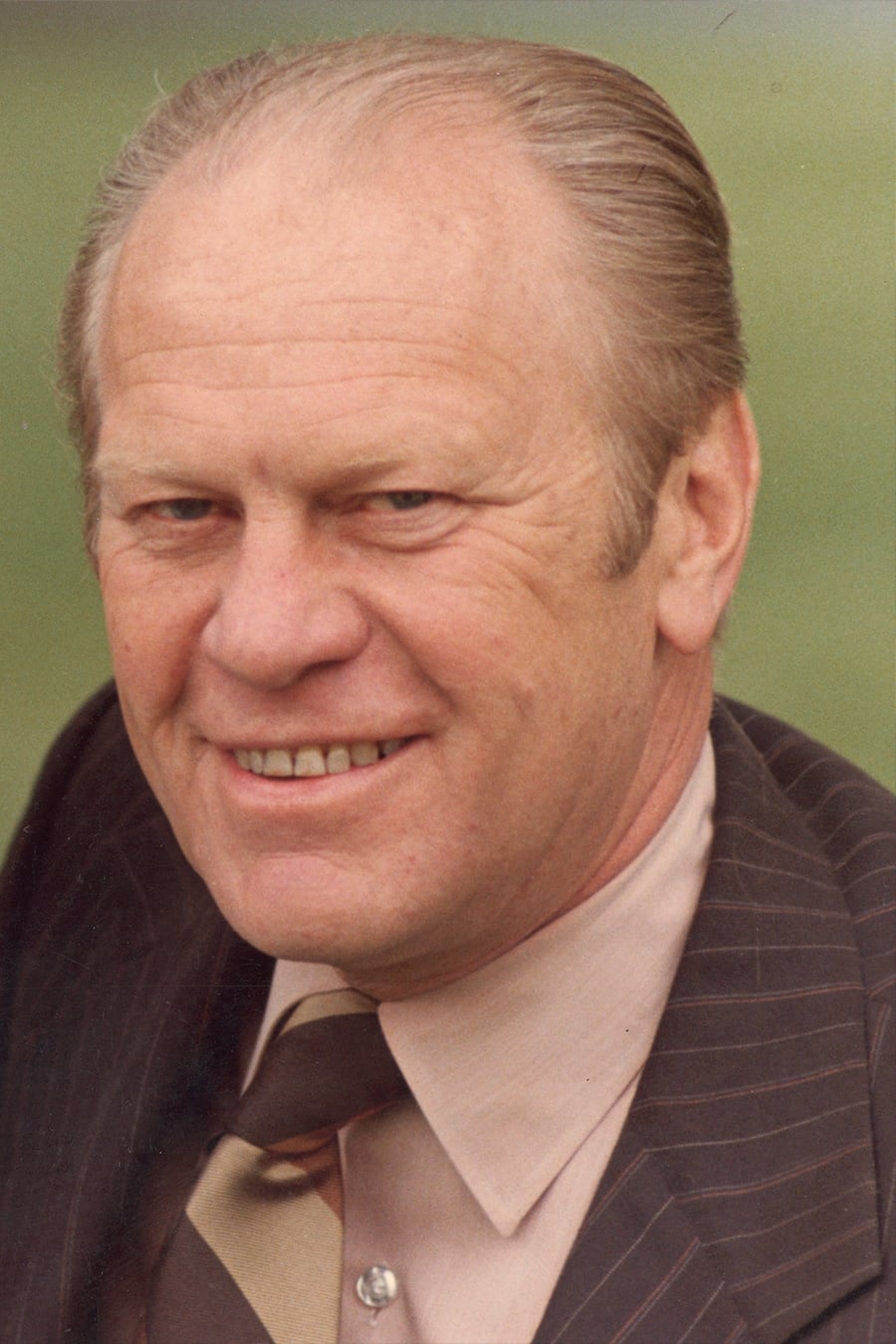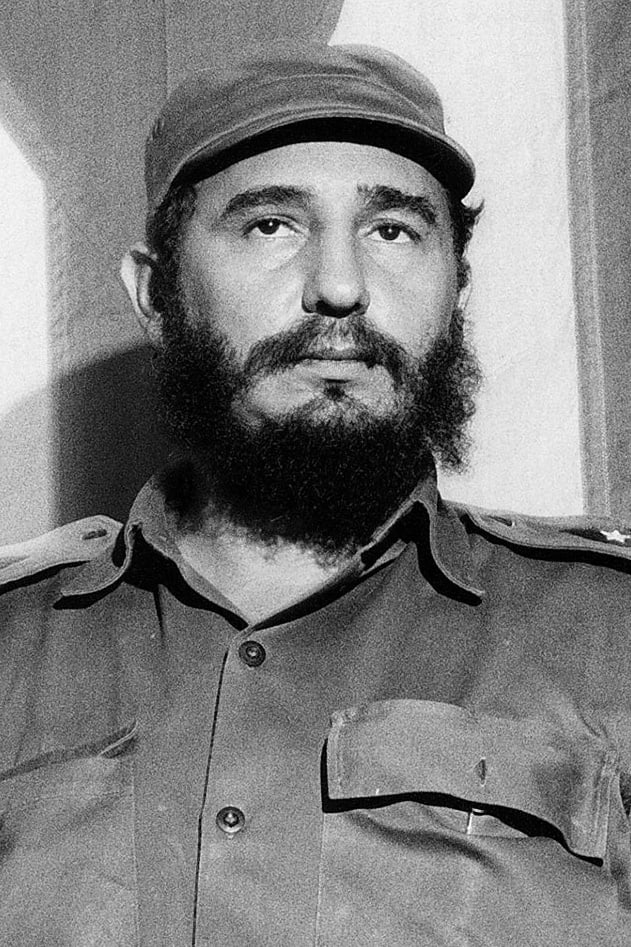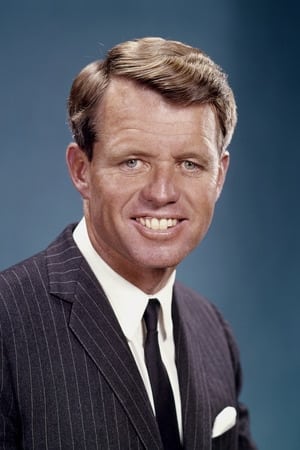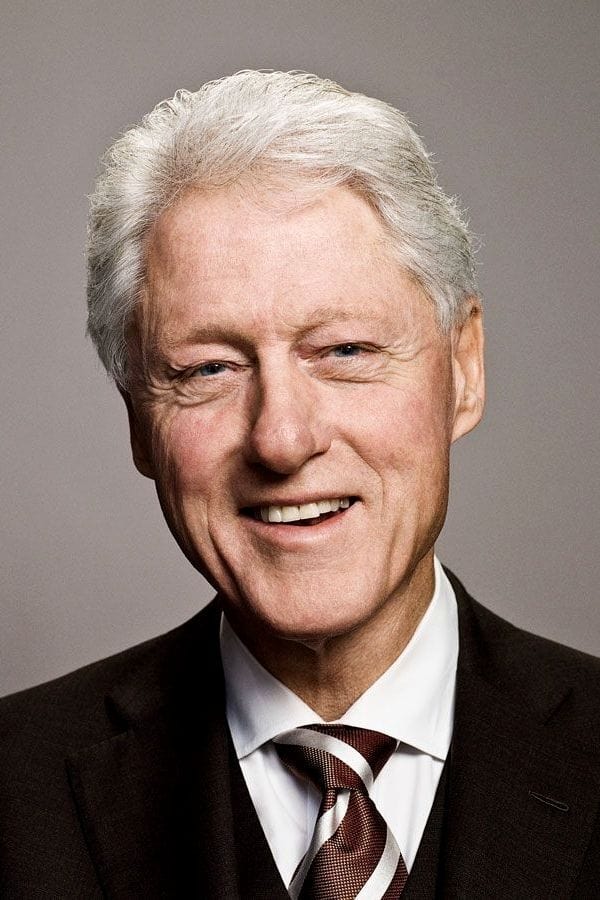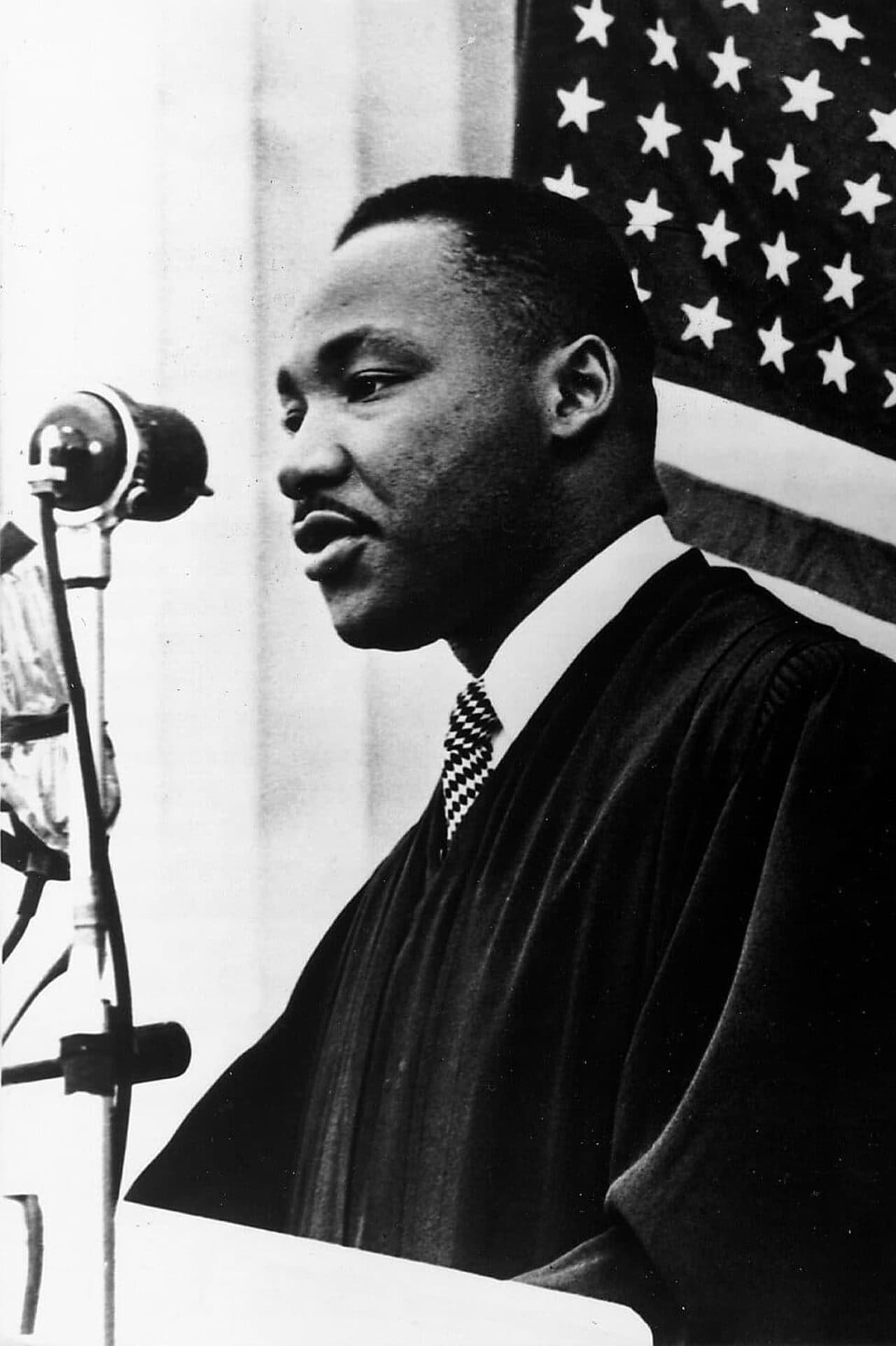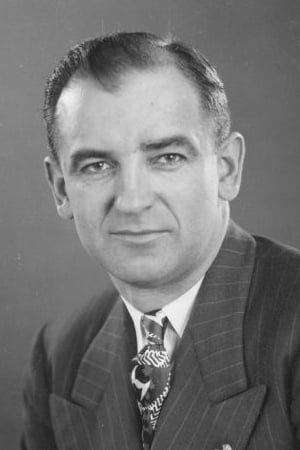Biography
Dwight David Eisenhower (pronounced [ˈaɪzənhaʊər]) (October 14, 1890 - March 28, 1969), nicknamed "Ike", was the 34th President of the United States, during two terms from January 20, 1953 to January 20, 1961. During World War II, he is General of the Army and Commander-in-Chief of the Allied Forces in Europe. He is a member of the Republican Party. He was Chief of the General Staff of the Armed Forces of the United States from 1945 to 1948 and Supreme Commander of the Allied Forces in Europe from April 2, 1951 to May 30, 1952. As President of the United States, he oversaw the ceasefire - fire in Korea, launched the space race, developed the network of interstate highways and made the development of nuclear weapons one of its priorities in the context of the cold war with the USSR.
Filmography
all 121
self 111
Movies 96
TV Shows 25
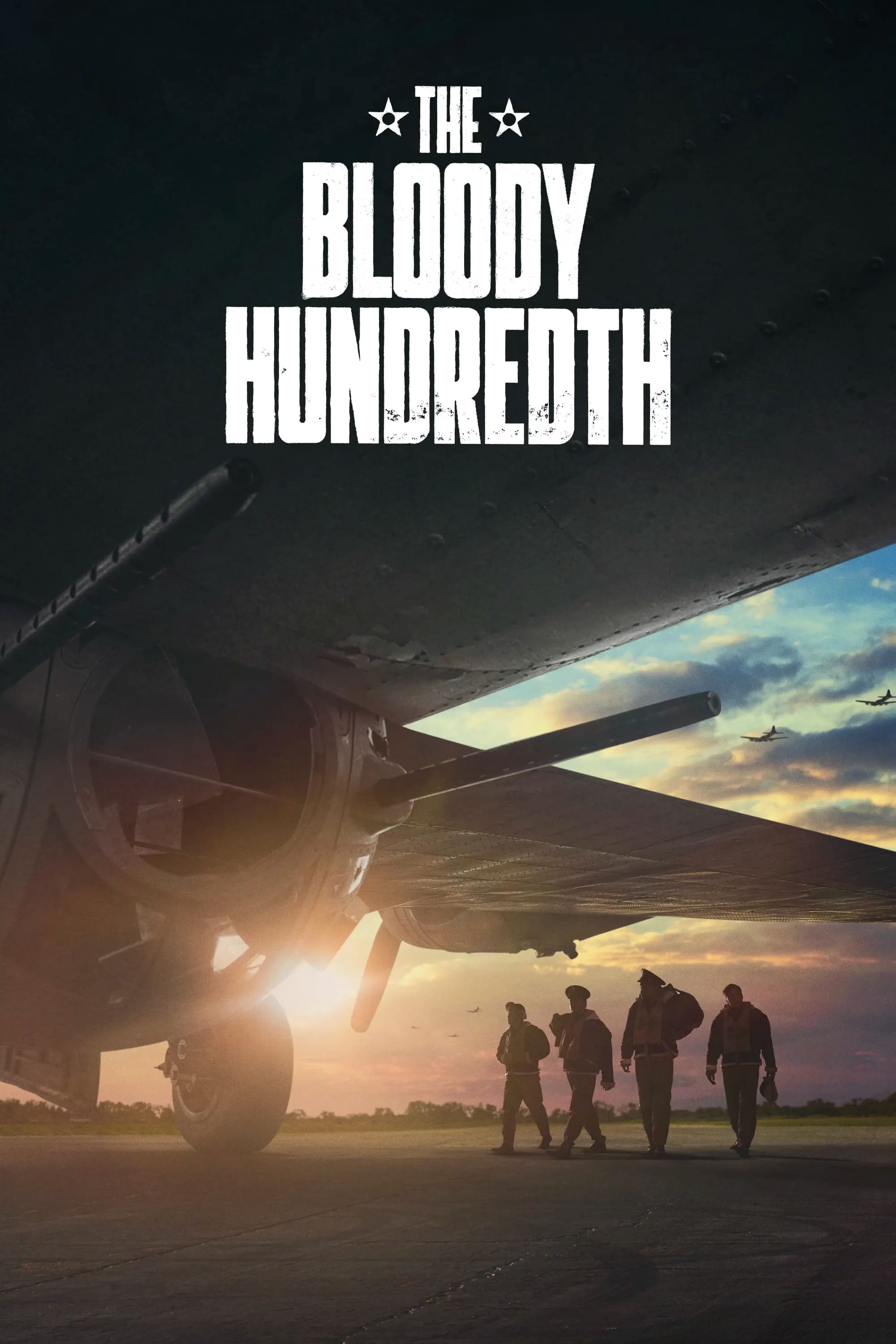
The Bloody Hundredth (2024)
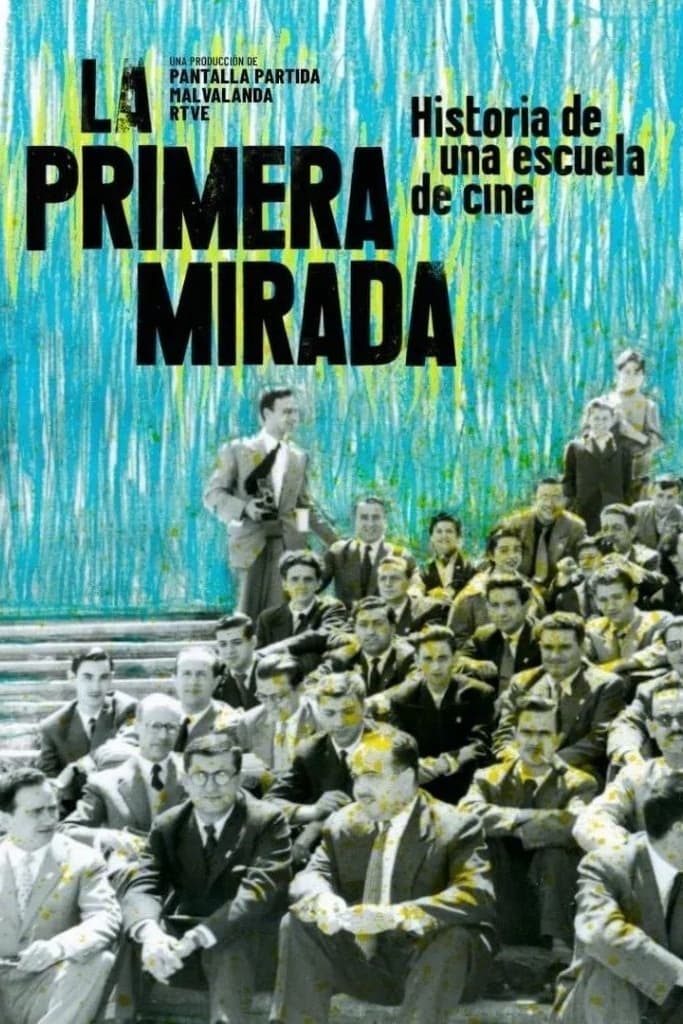
The First Look (2023)
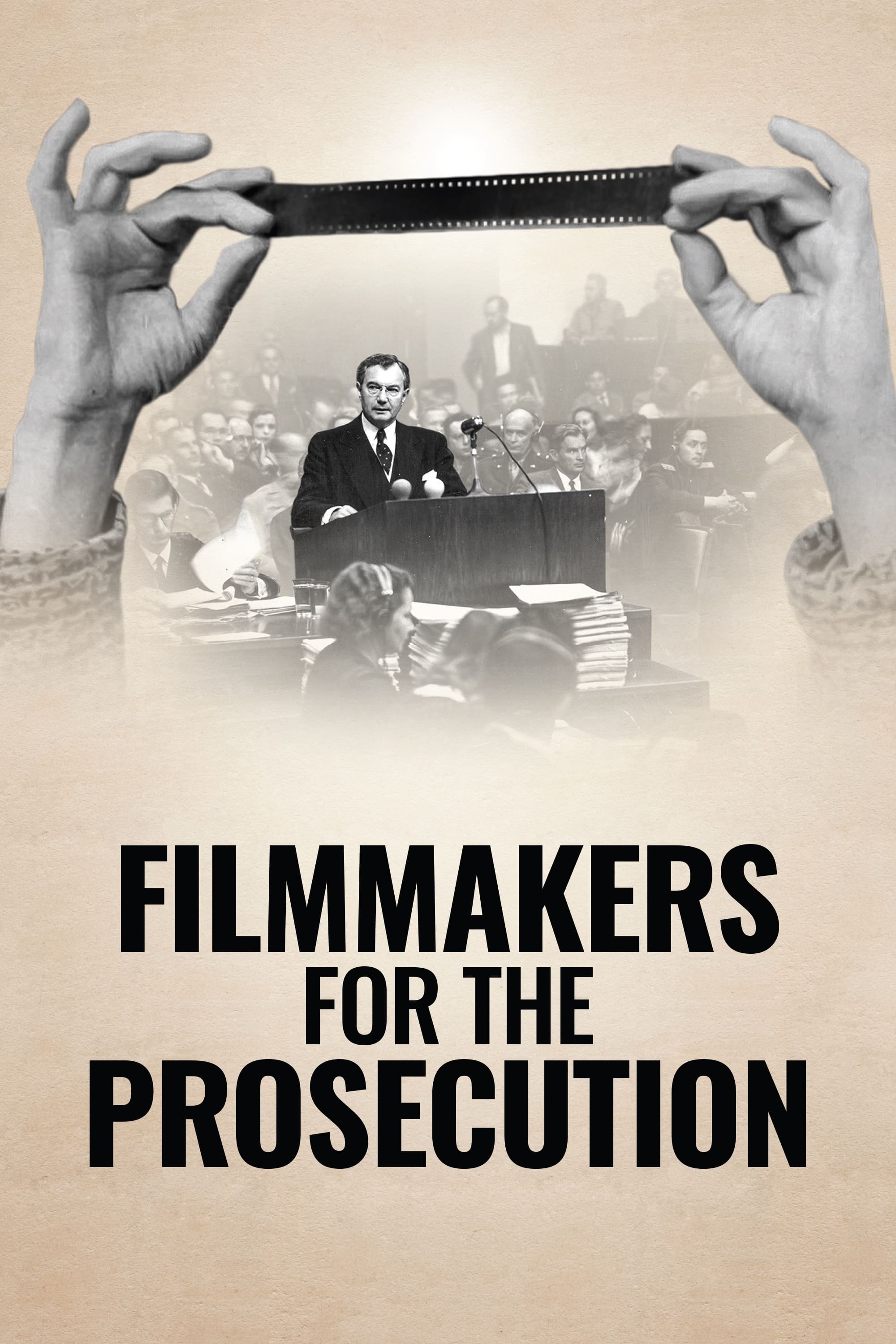
Filmmakers for the Prosecution (2023)
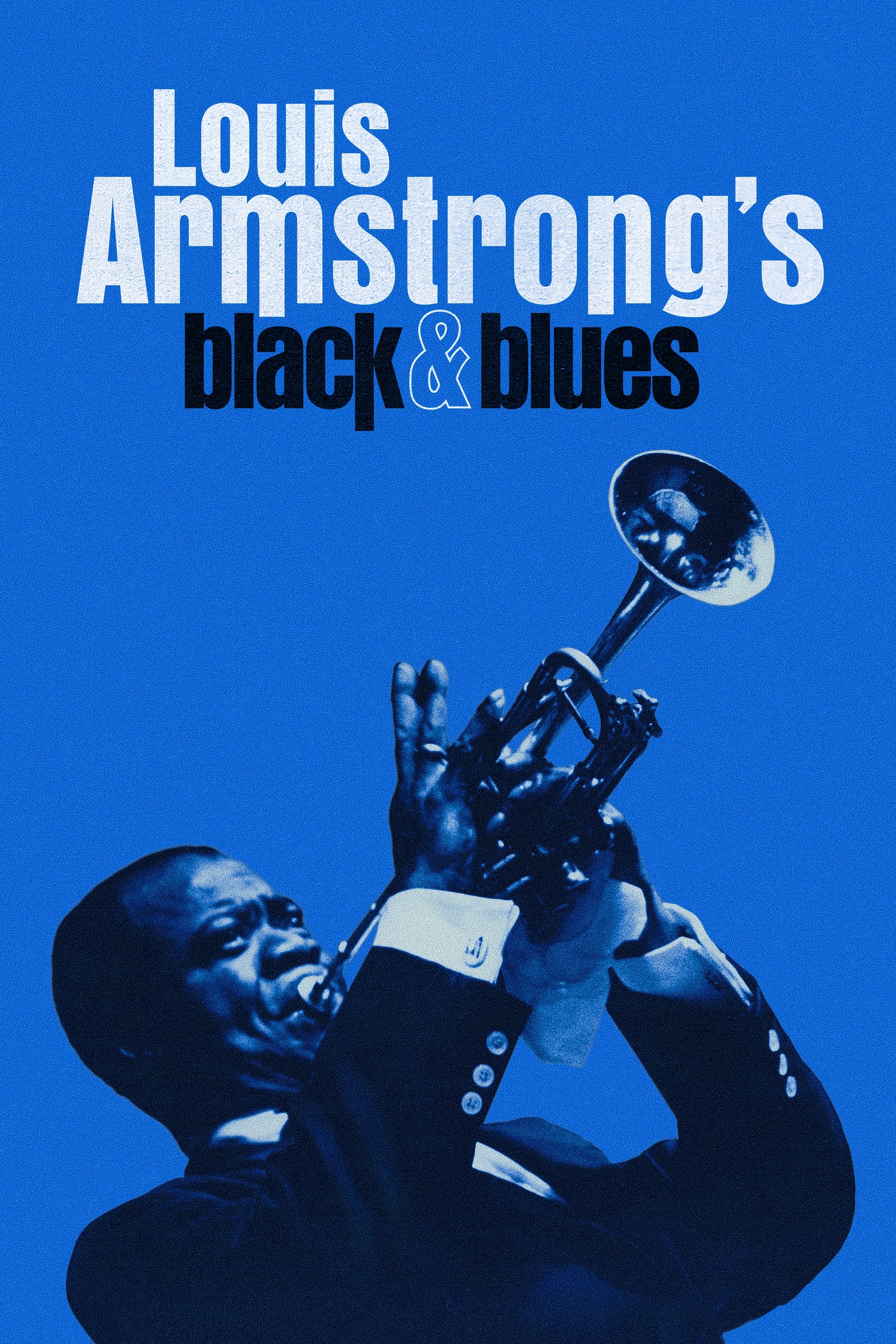
Louis Armstrong's Black & Blues (2022)
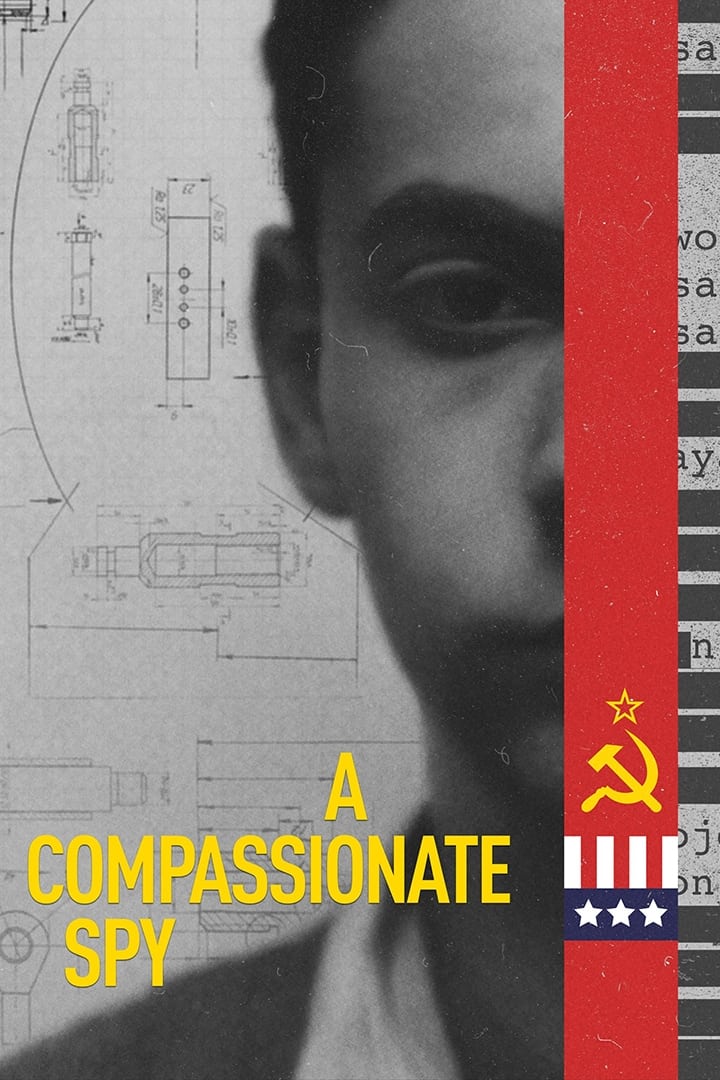
A Compassionate Spy (2022)
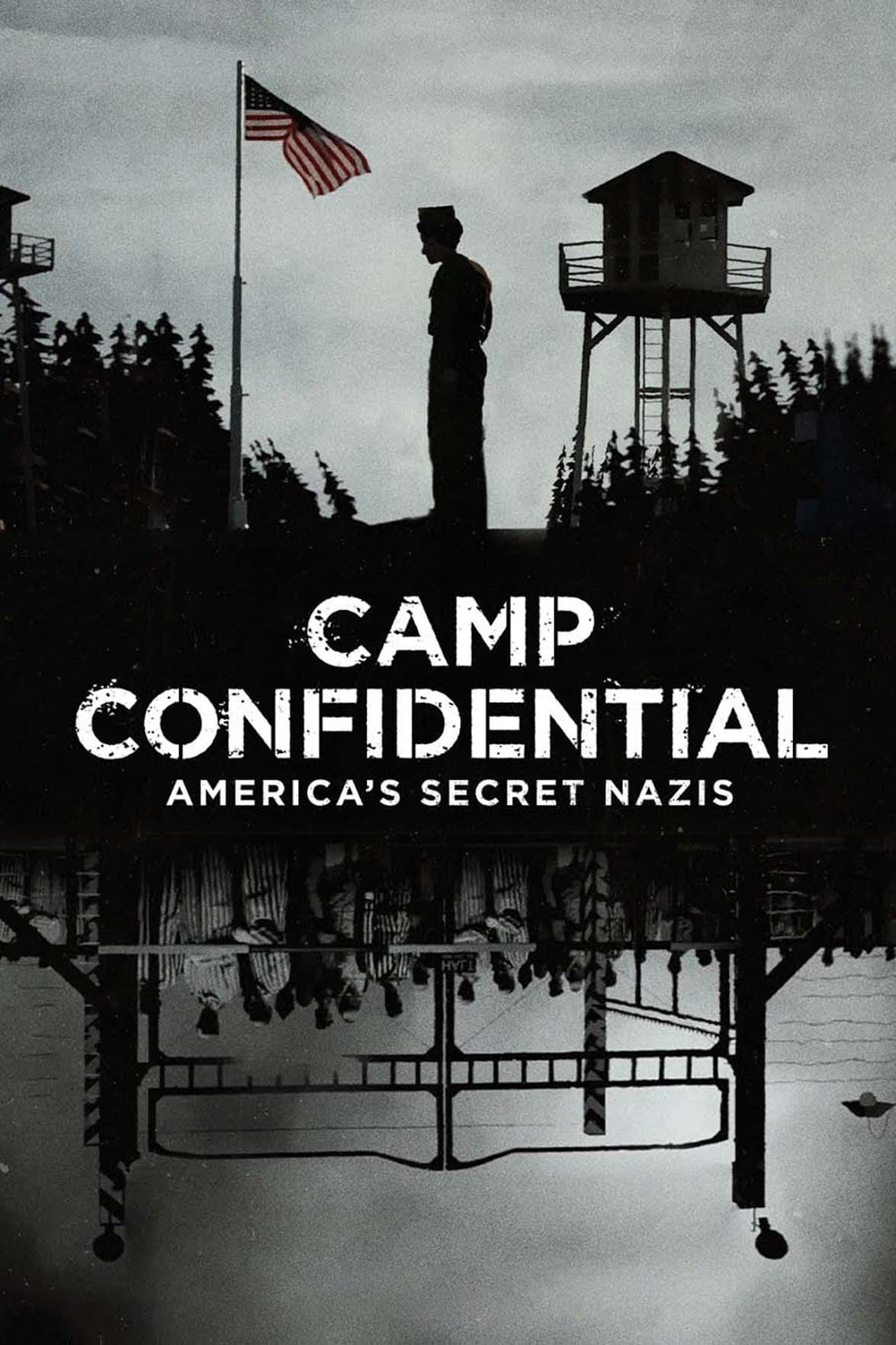
Camp Confidential: America's Secret Nazis (2021)
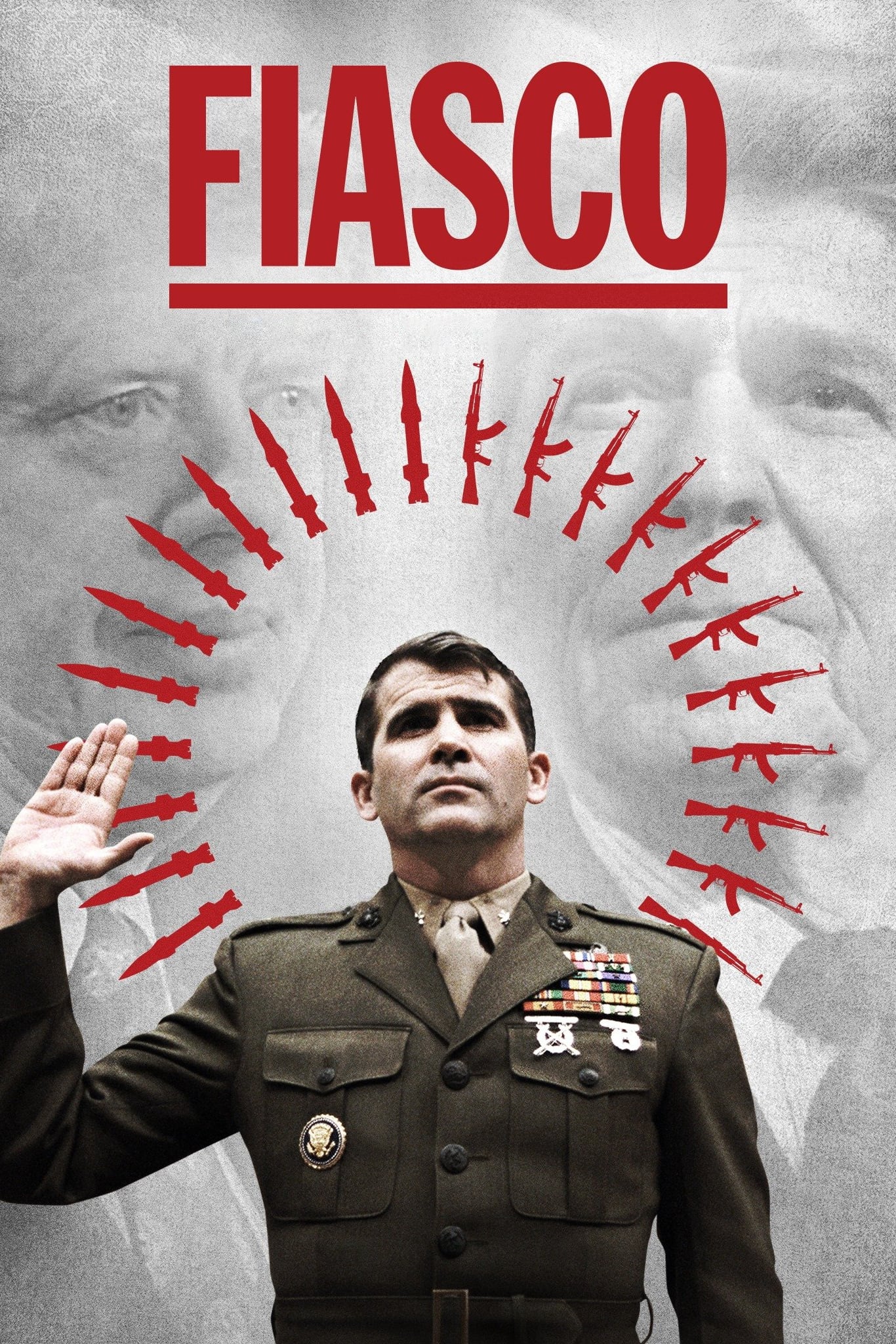
Fiasco (2021)

Money, Explained (2021)
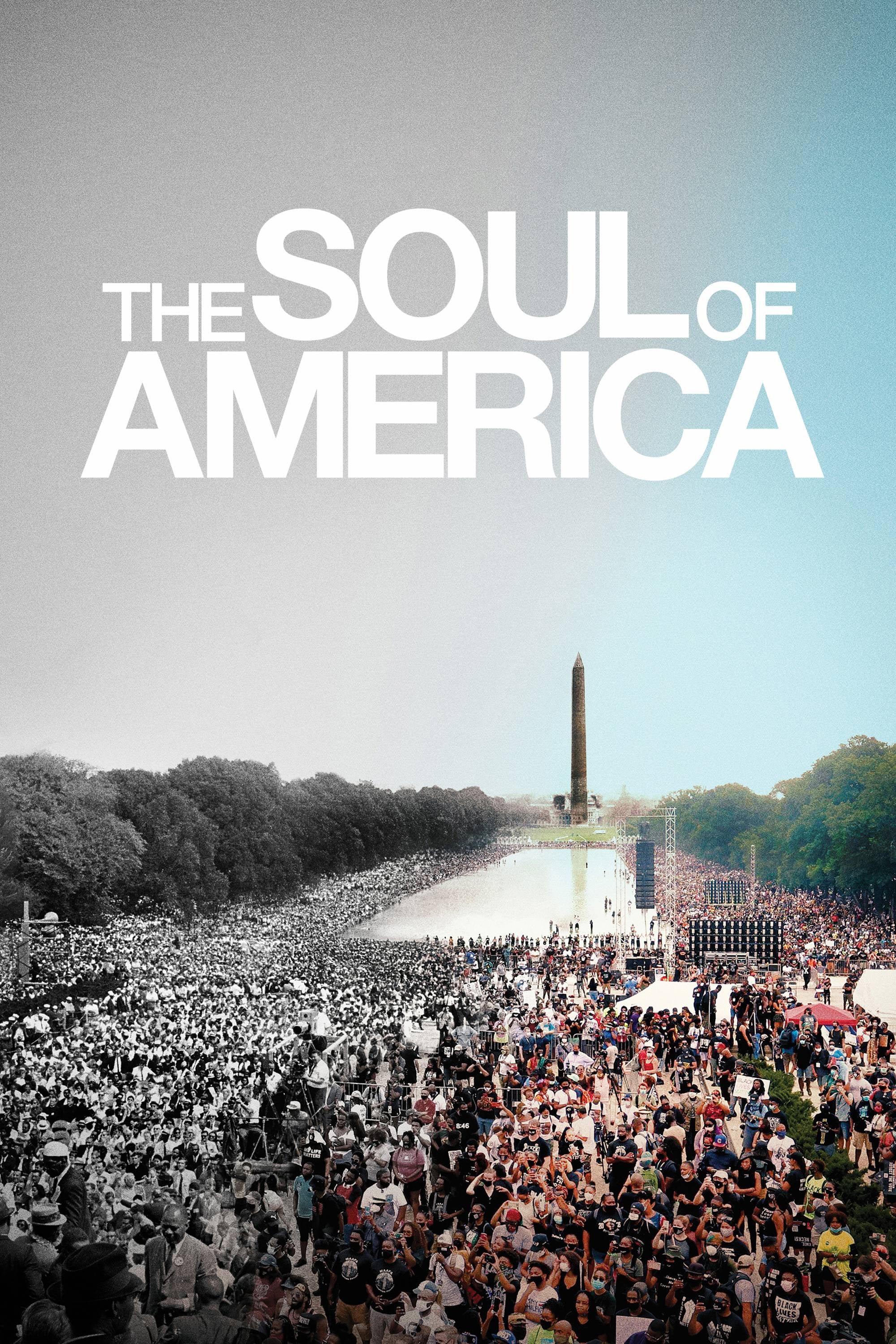
The Soul of America (2020)
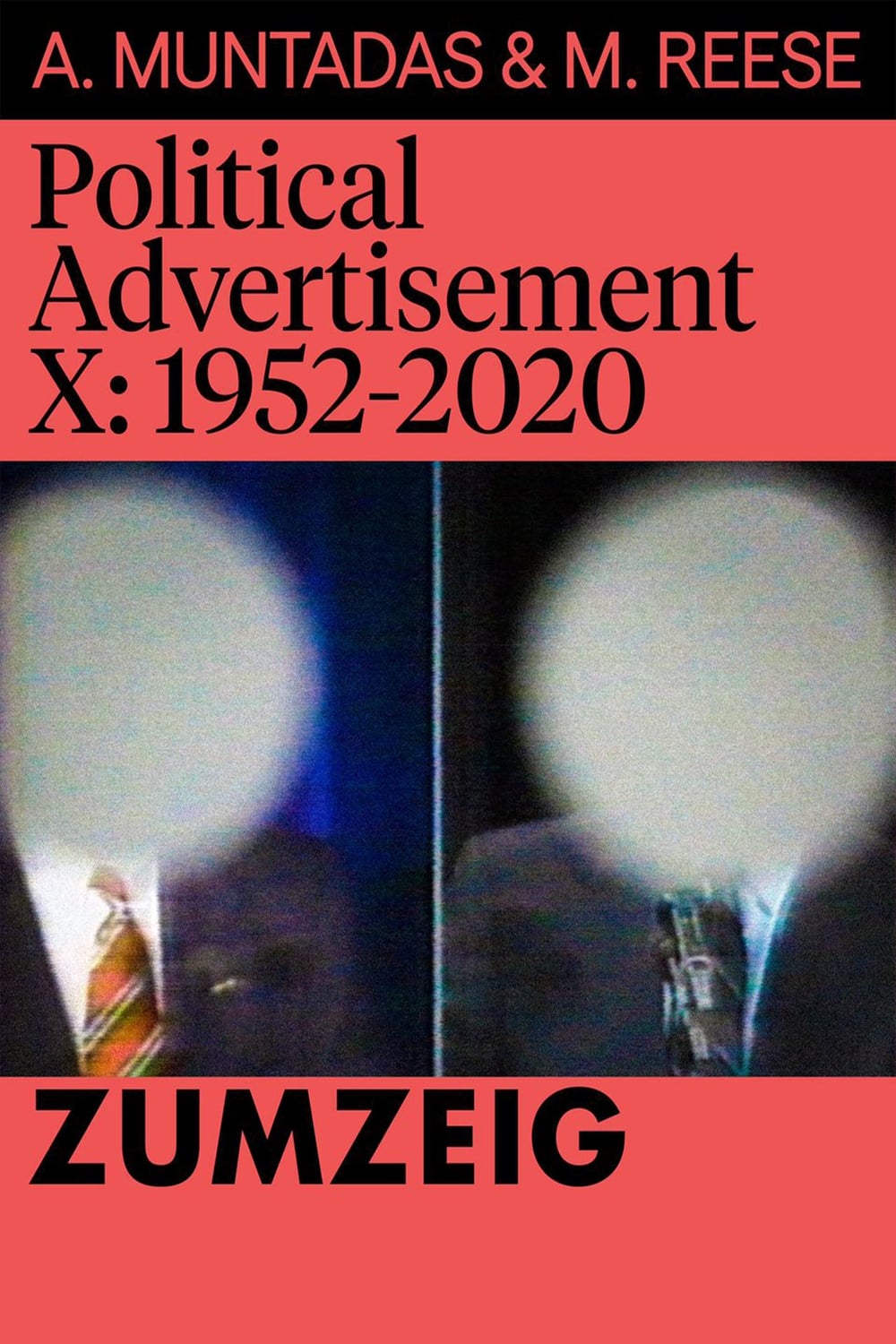
Political Advertisement X: 1952-2020 (2020)
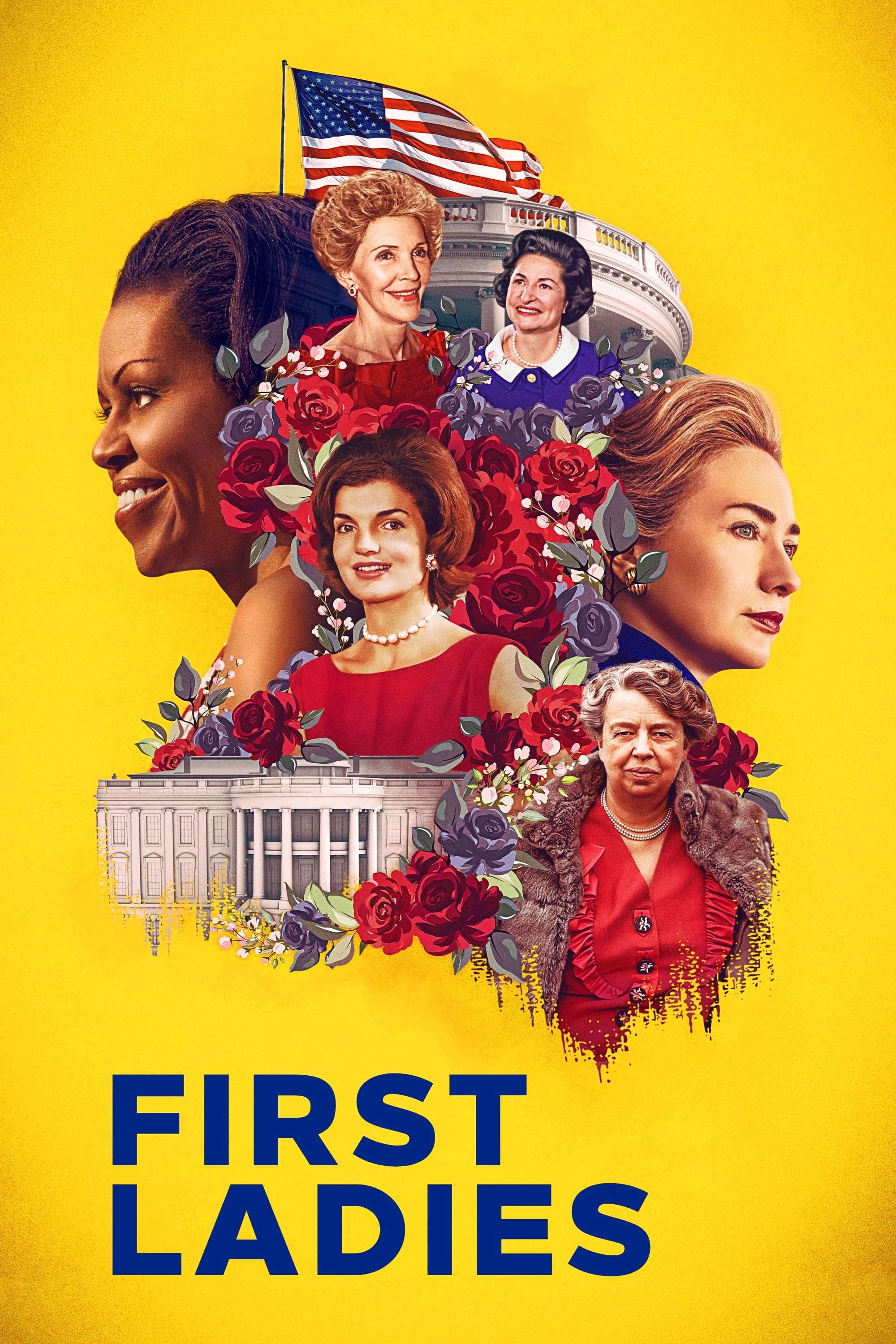
First Ladies (2020)
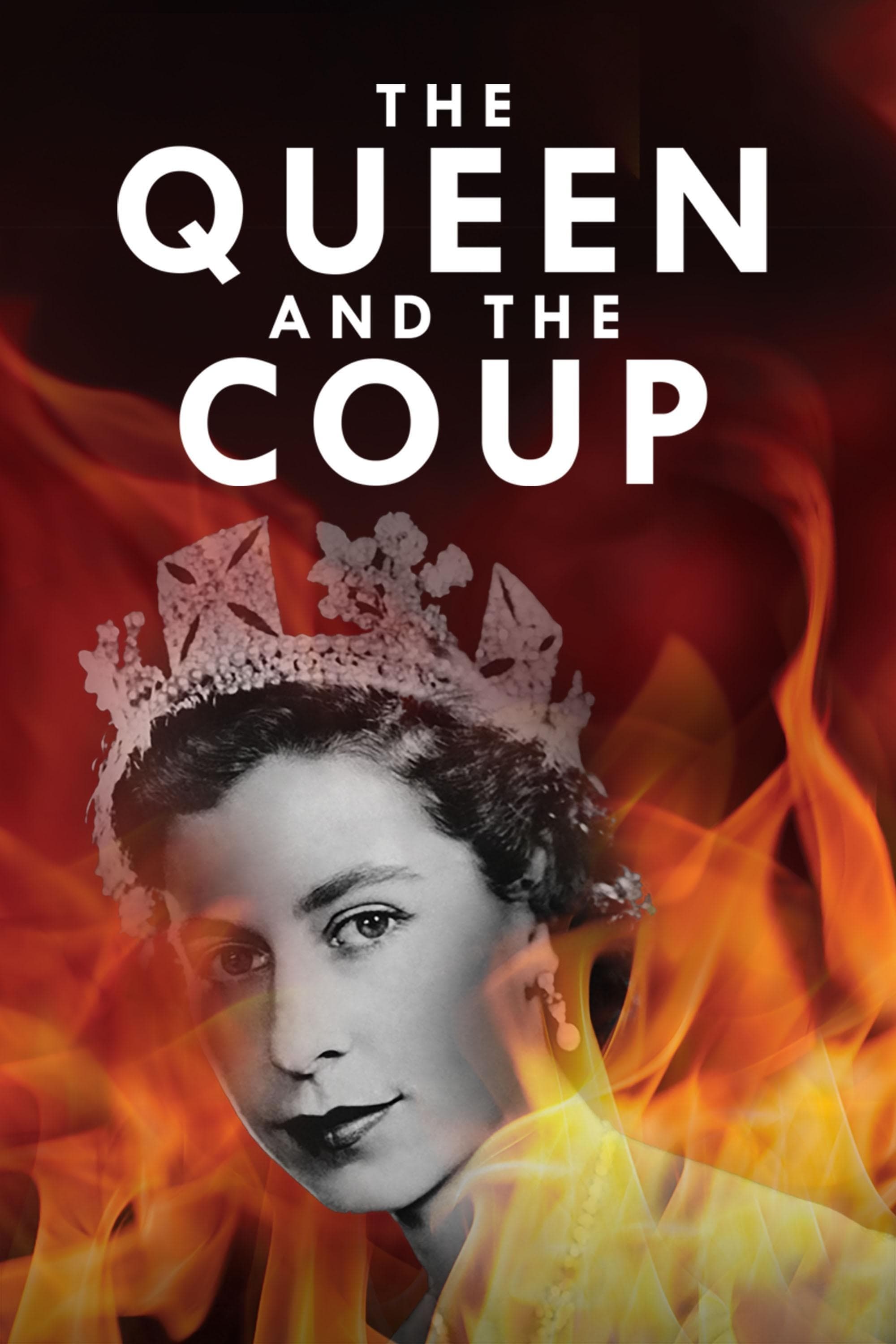
The Queen and the Coup (2020)
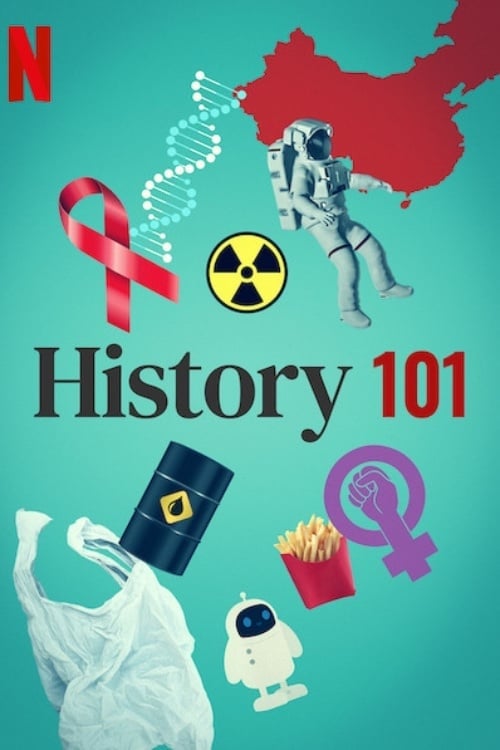
History 101 (2020)

Fat Fiction (2020)
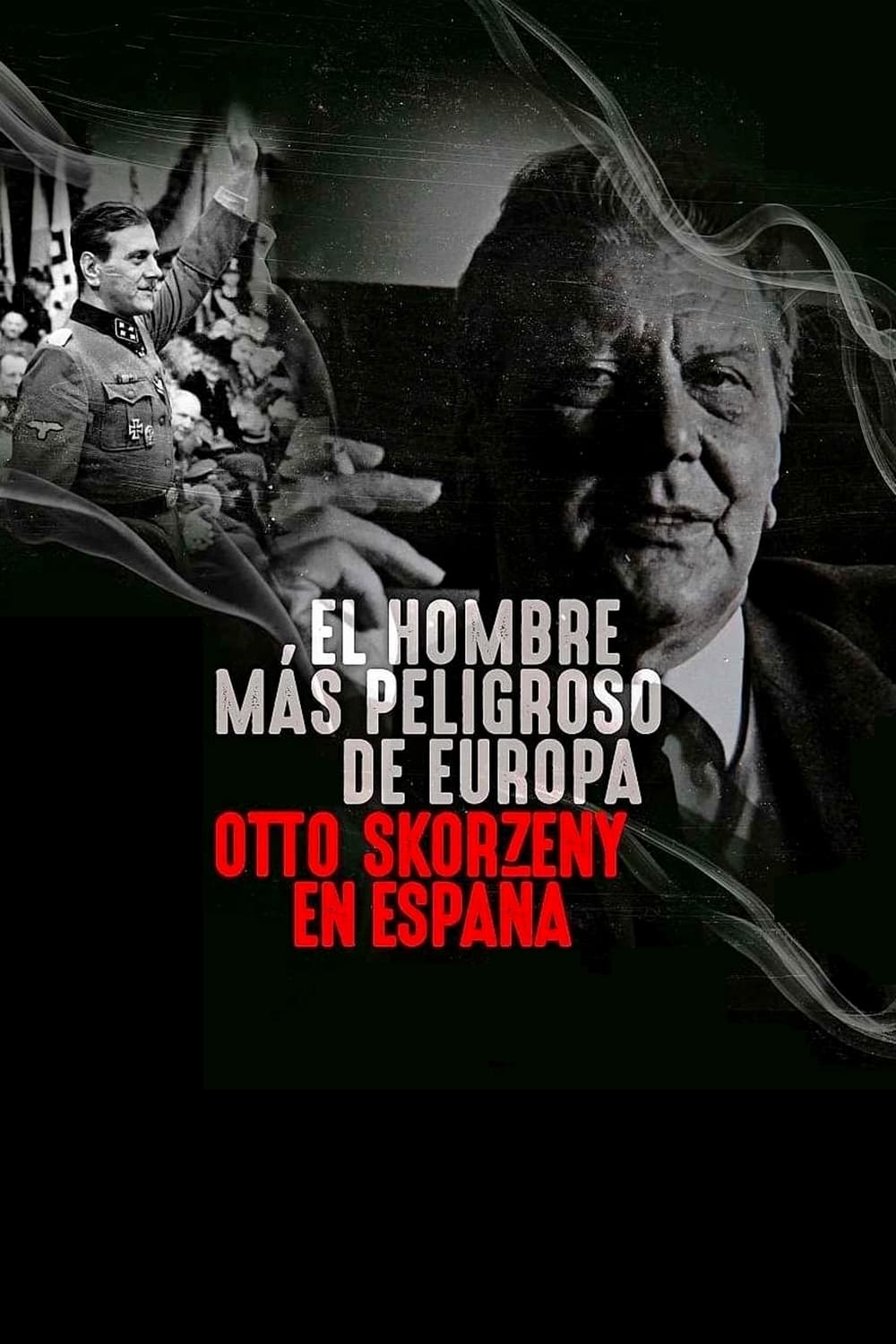
The Most Dangerous Man in Europe: Otto Skorzeny's After War (2020)
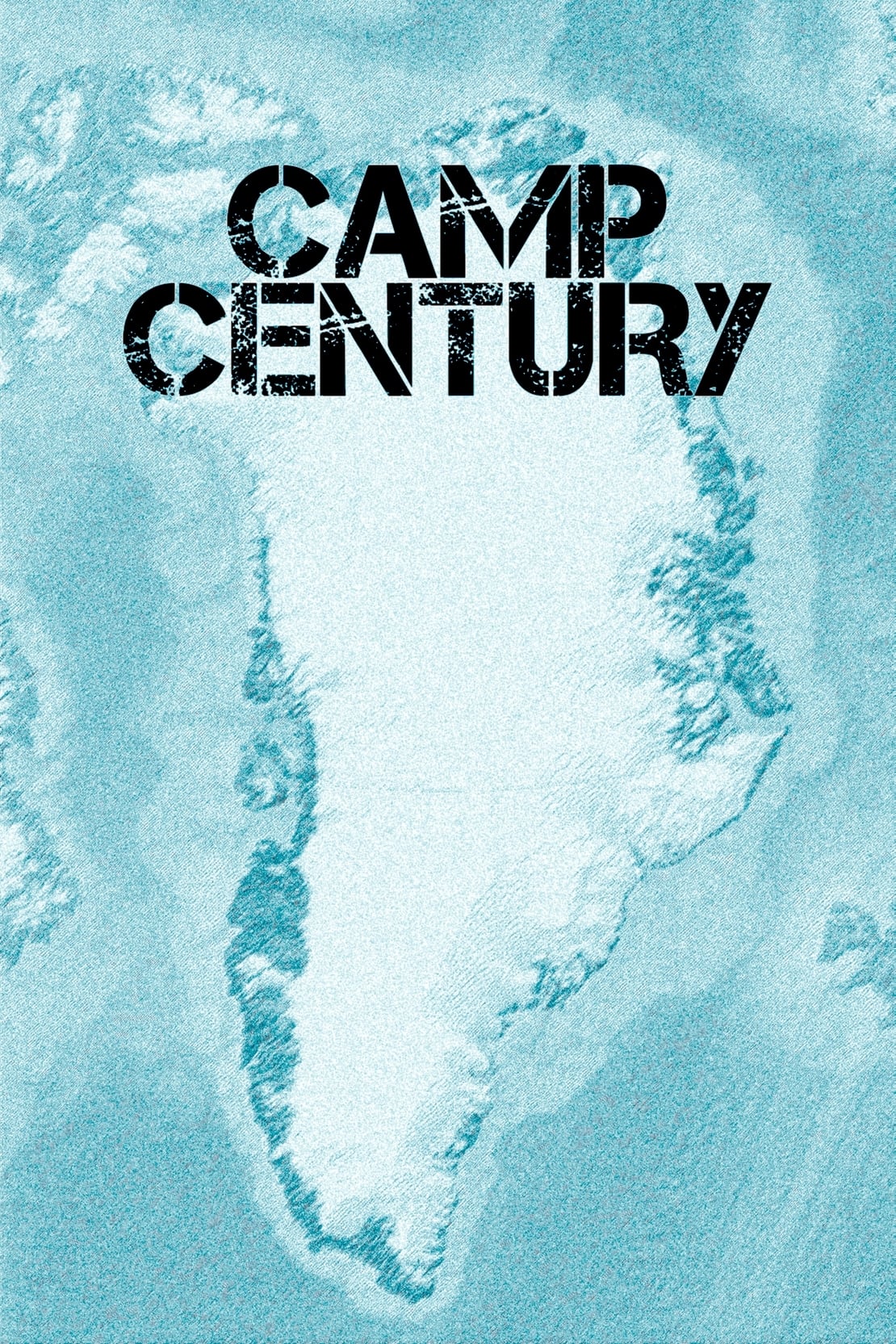
Camp Century: The Hidden City Beneath the Ice (2020)
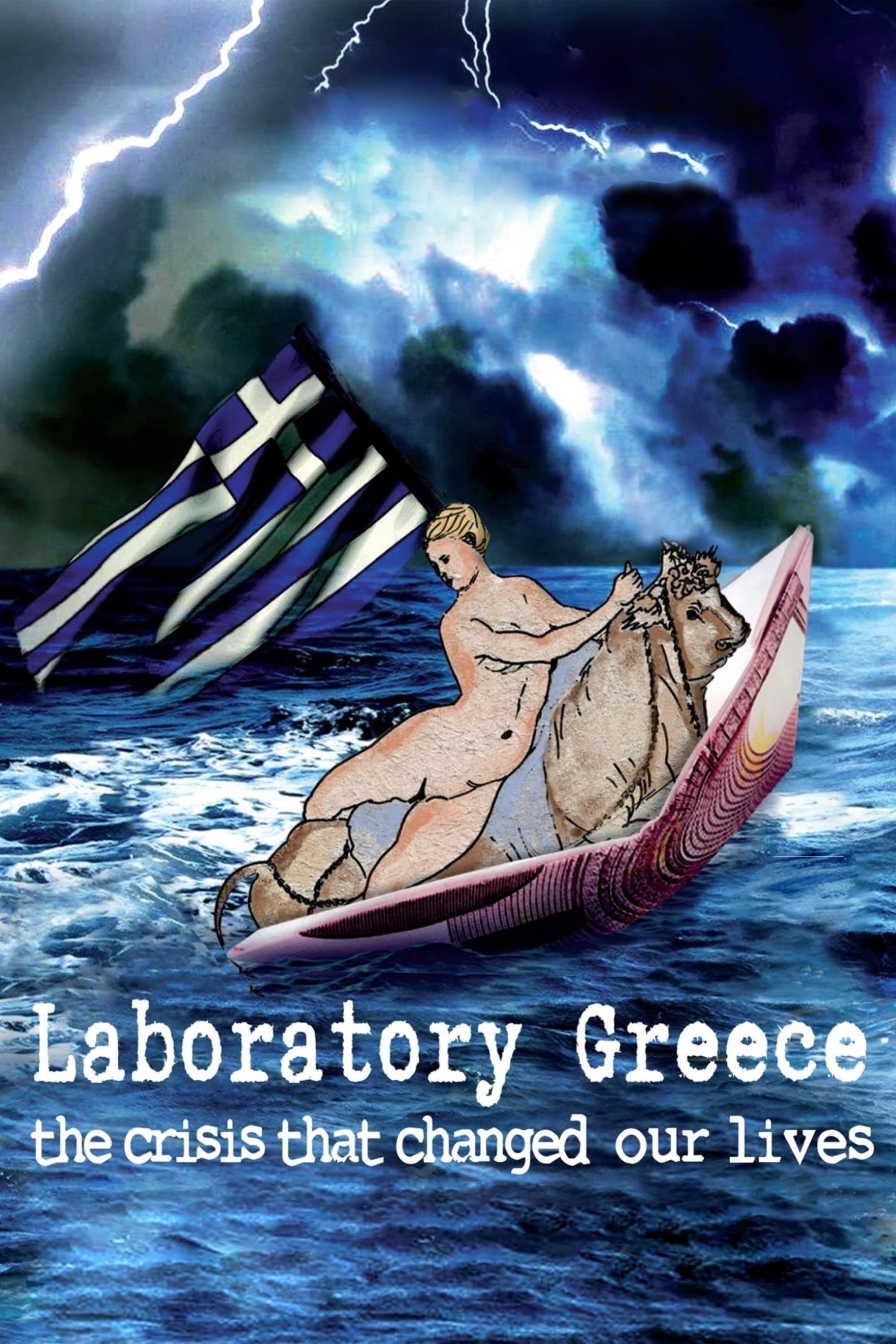
Laboratory Greece (2019)
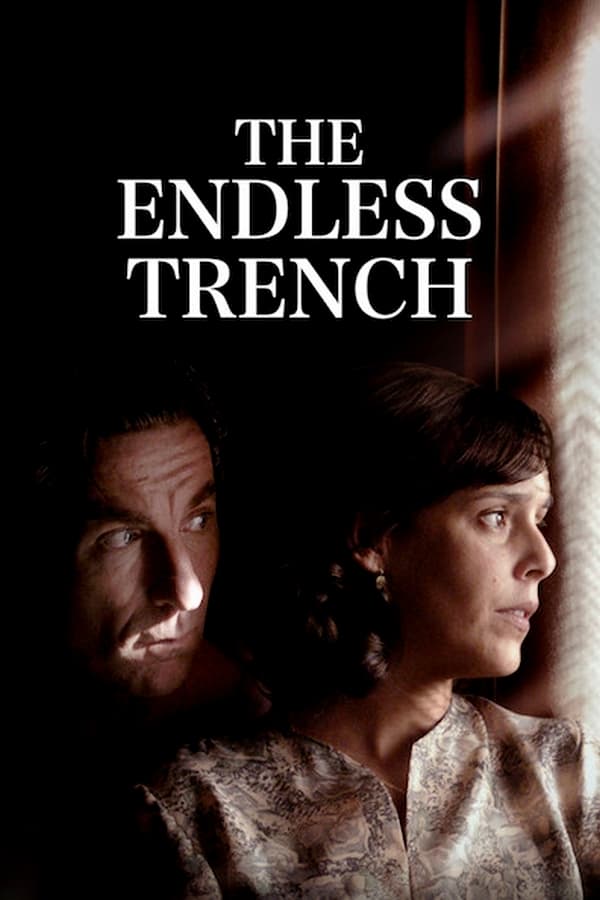
The Endless Trench (2019)
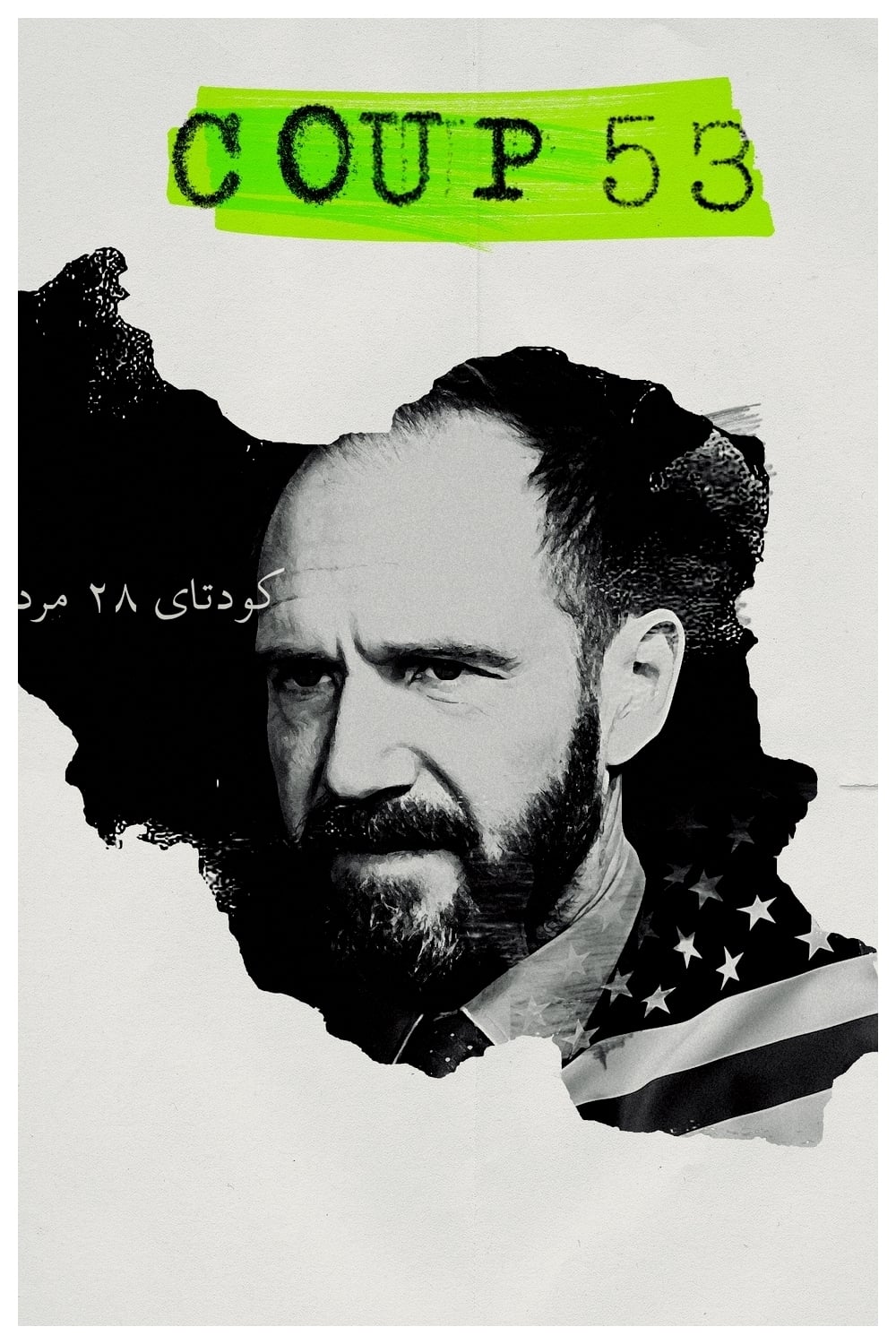
Coup 53 (2019)
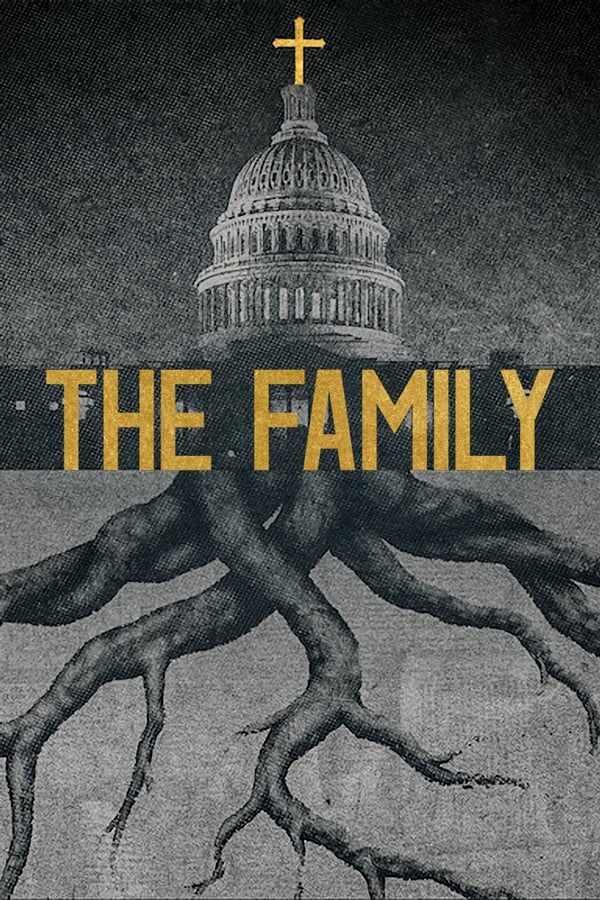
The Family (2019)
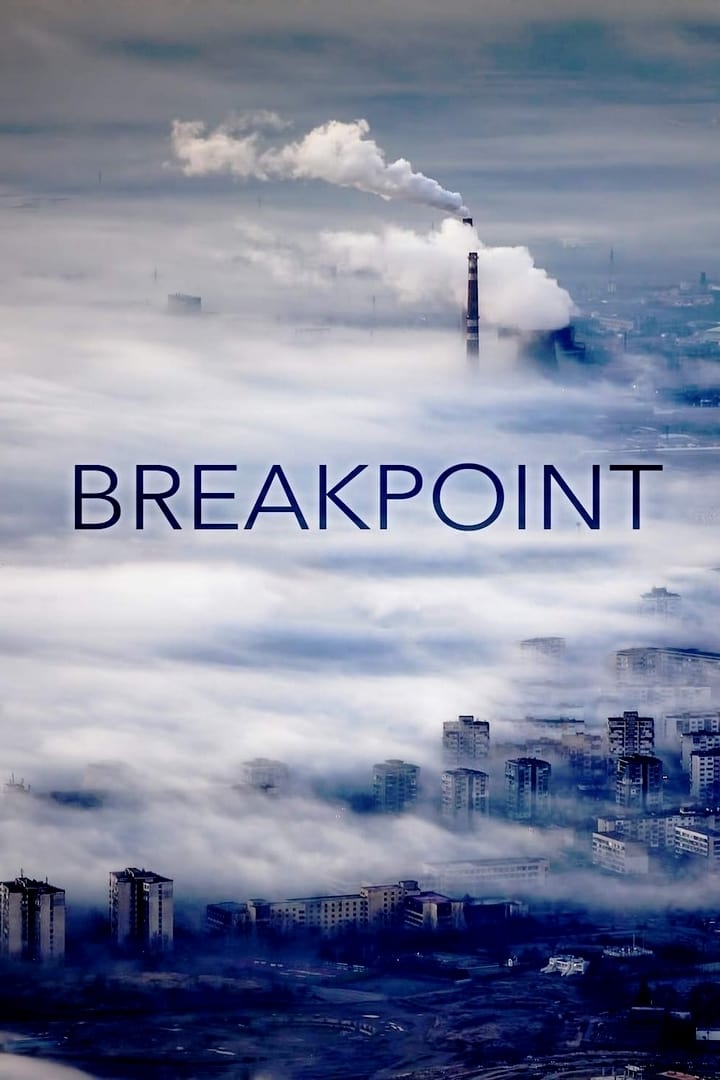
Breakpoint: A Counter History of Progress (2019)
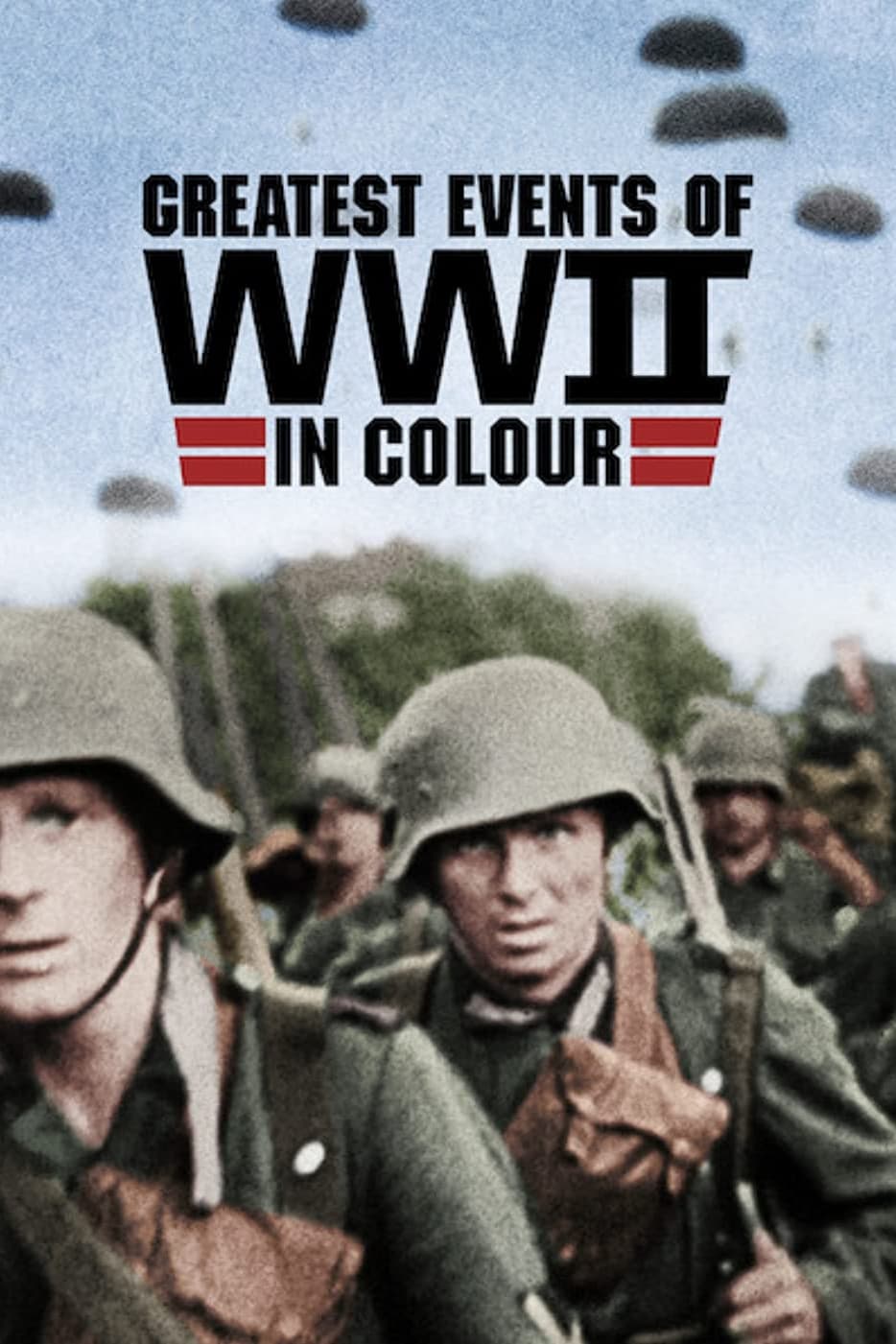
Greatest Events of World War II in Colour (2019)
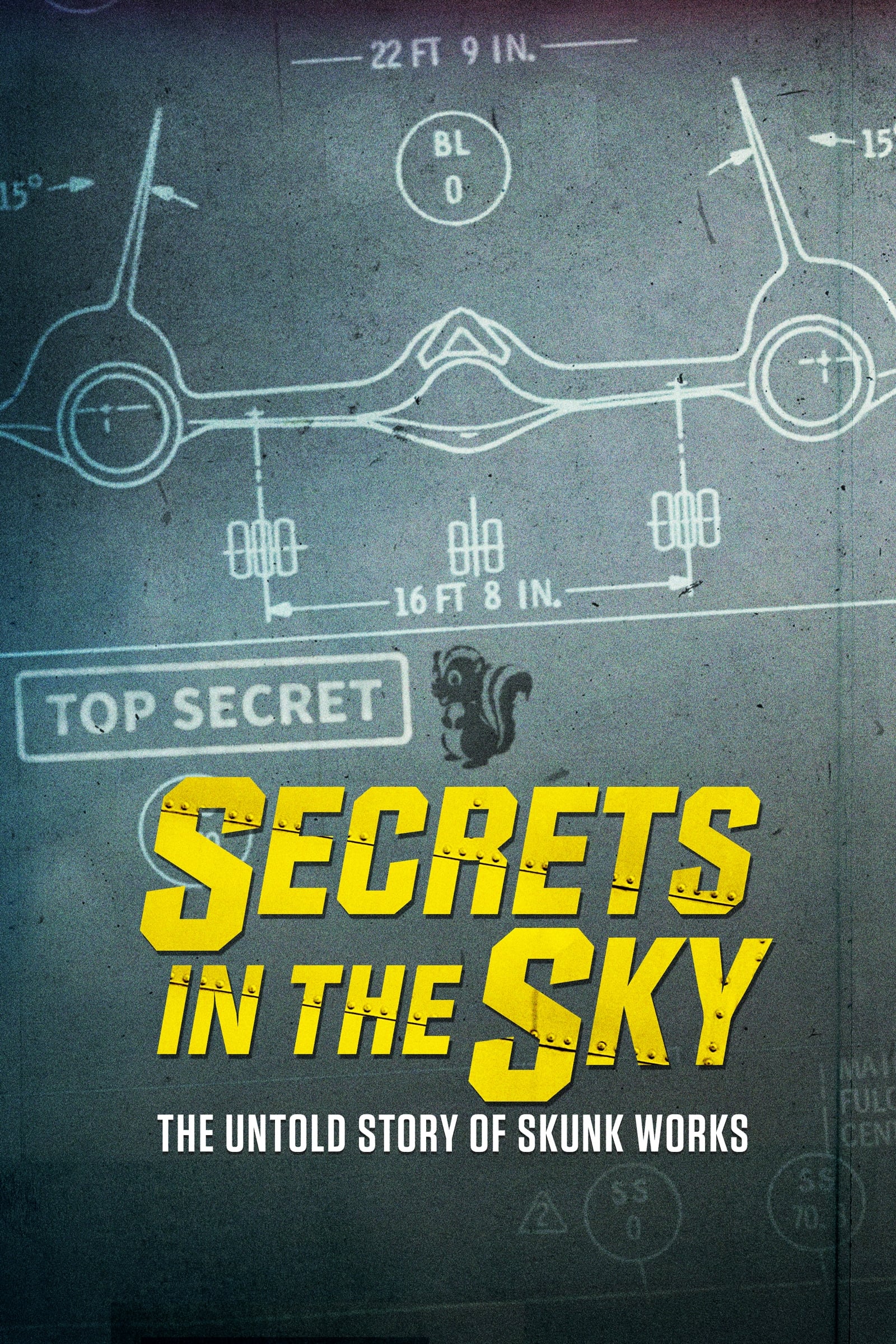
Secrets in the Sky: The Untold Story of Skunk Works (2019)
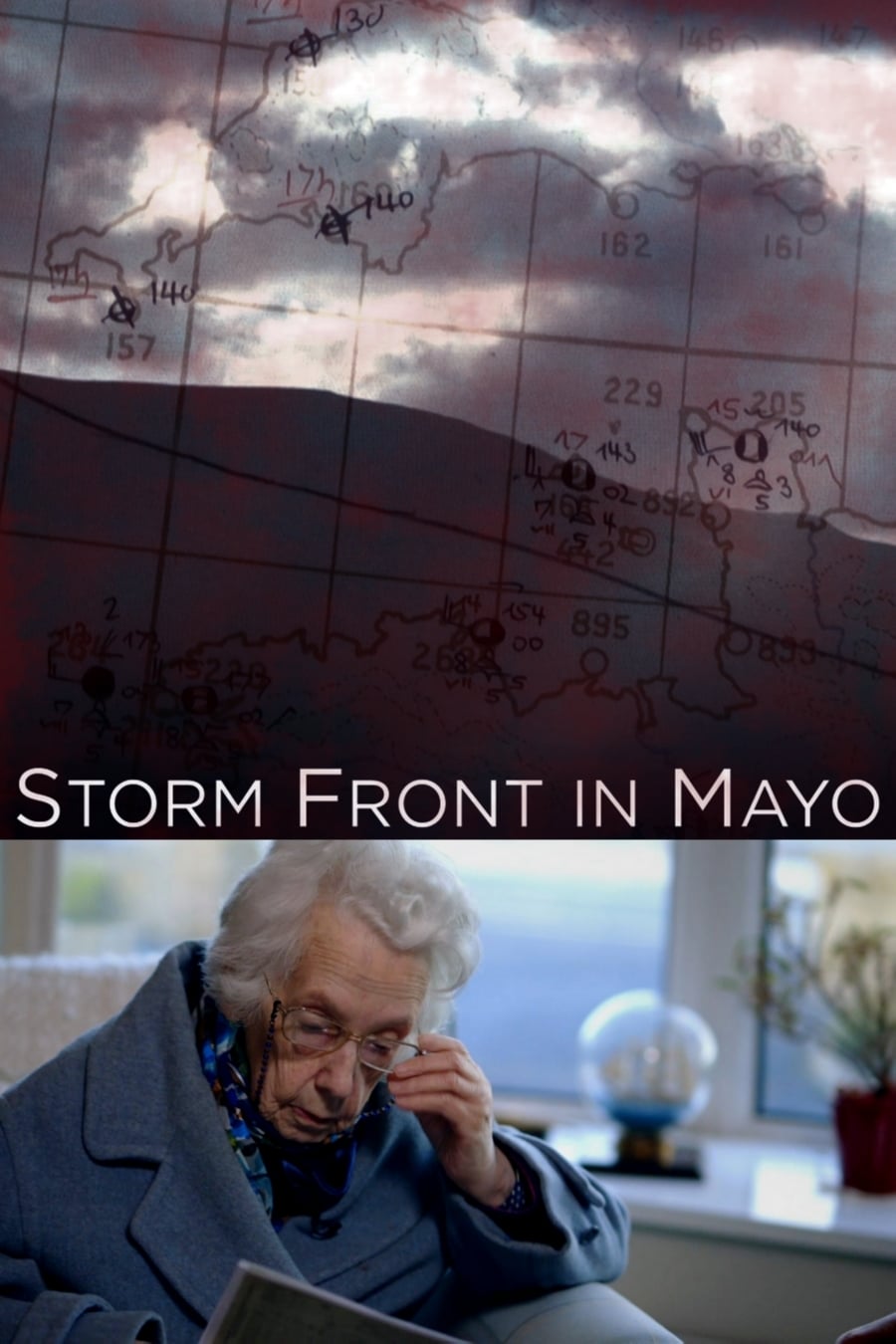
Storm Front in Mayo (2019)
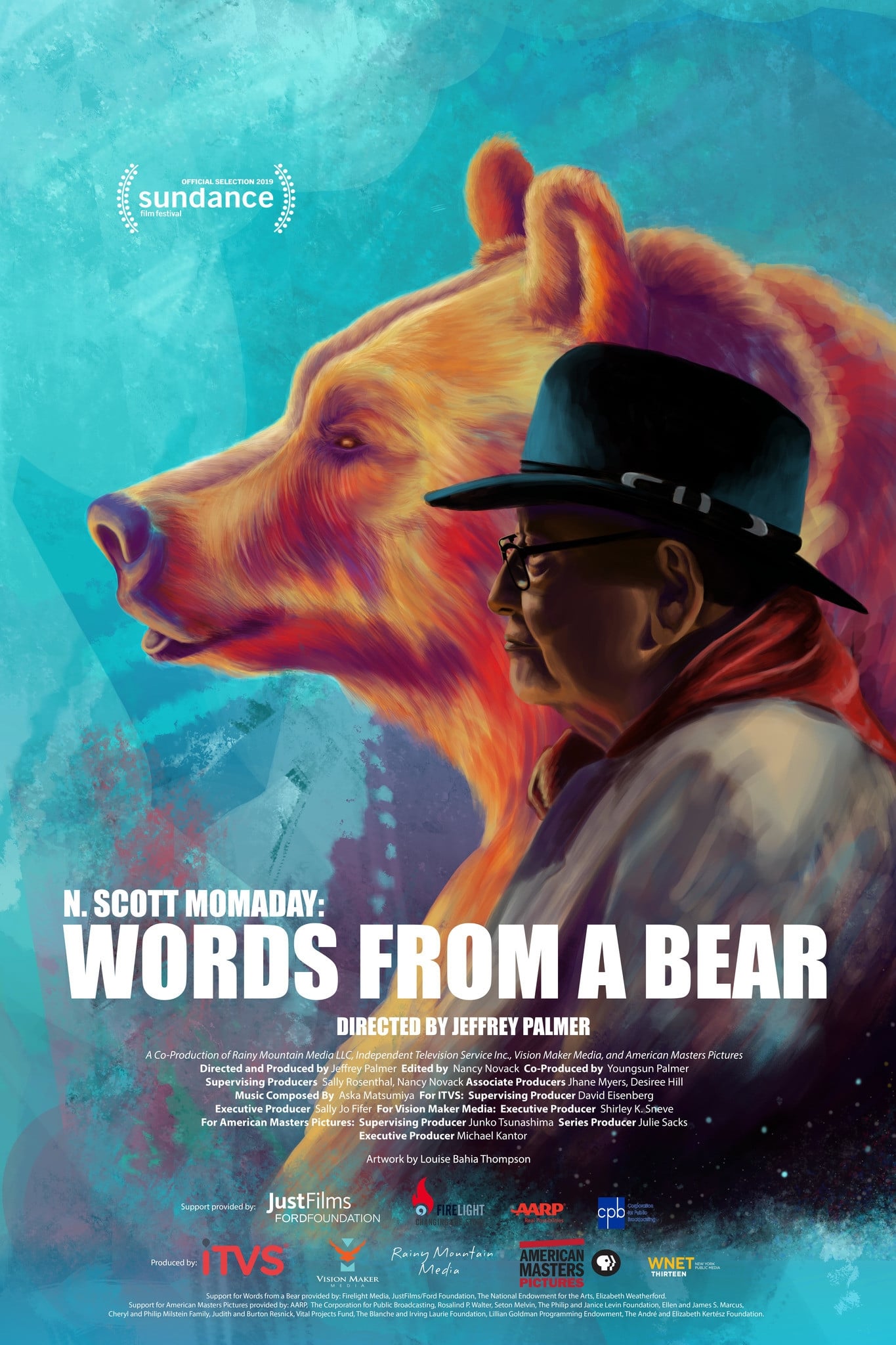
Words from a Bear (2019)
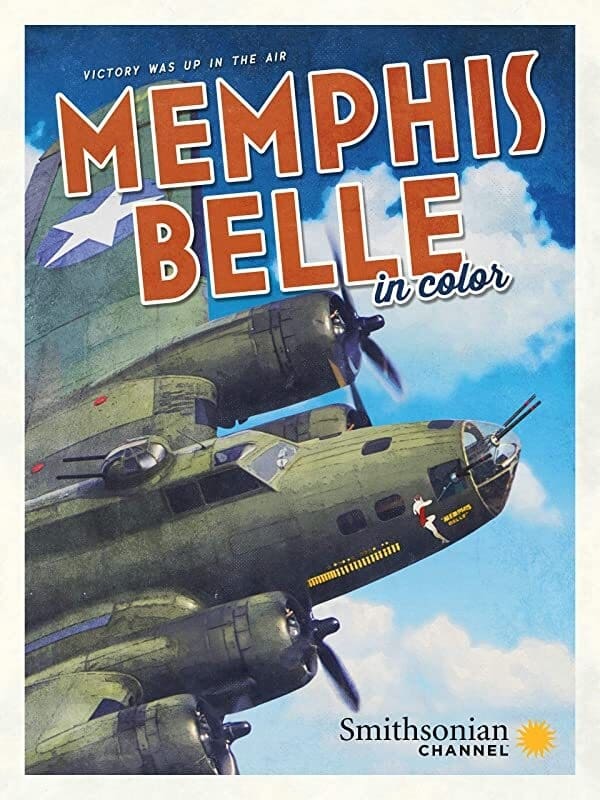
Memphis Belle in Color (2019)
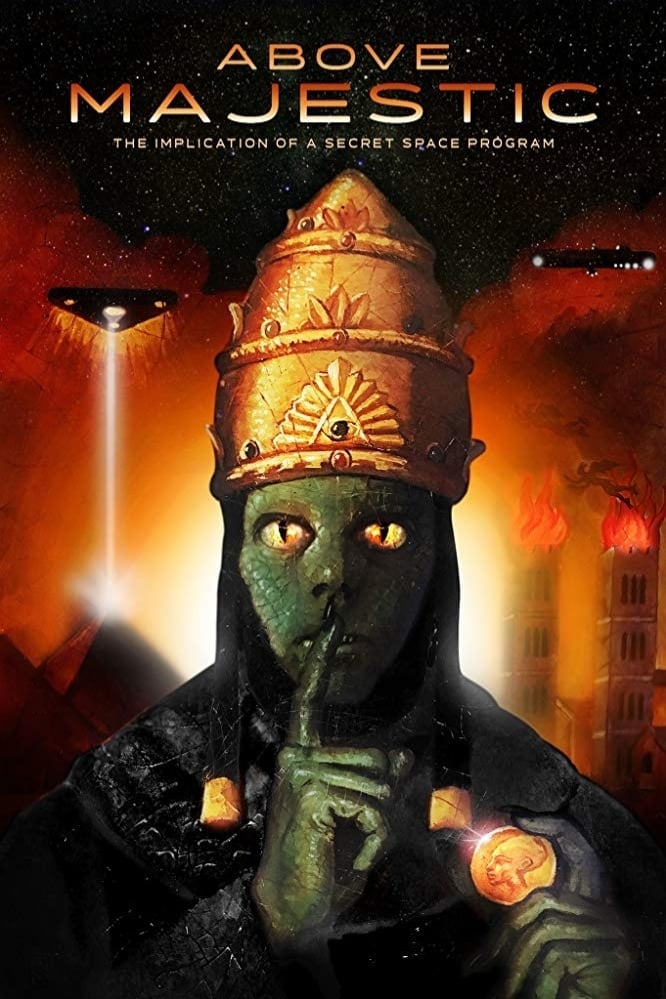
Above Majestic (2018)
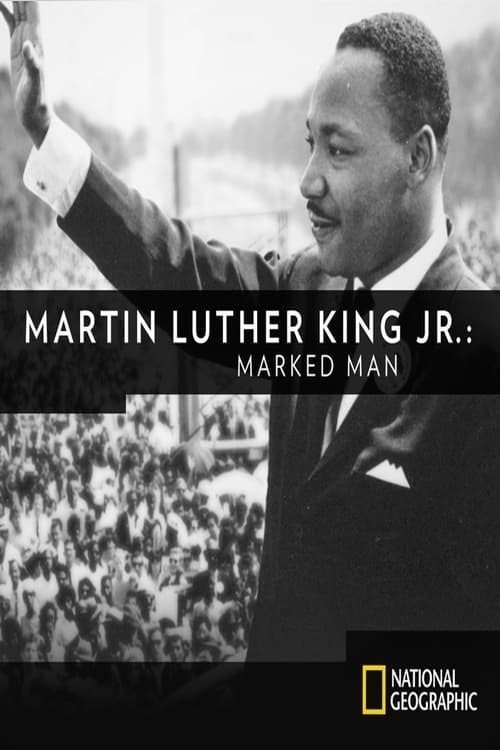
Martin Luther King, Jr. : Marked Man (2018)
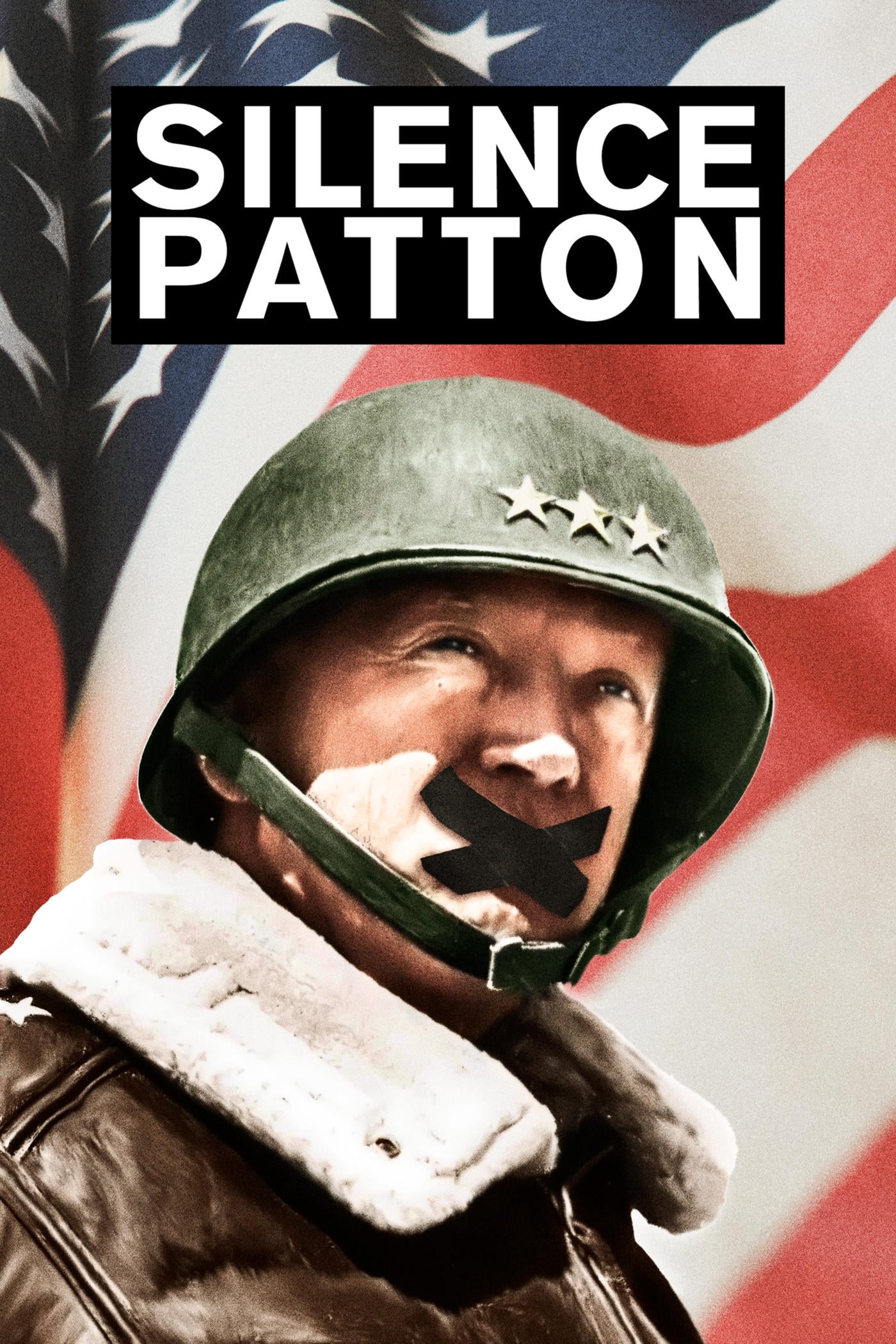
Silence Patton (2018)
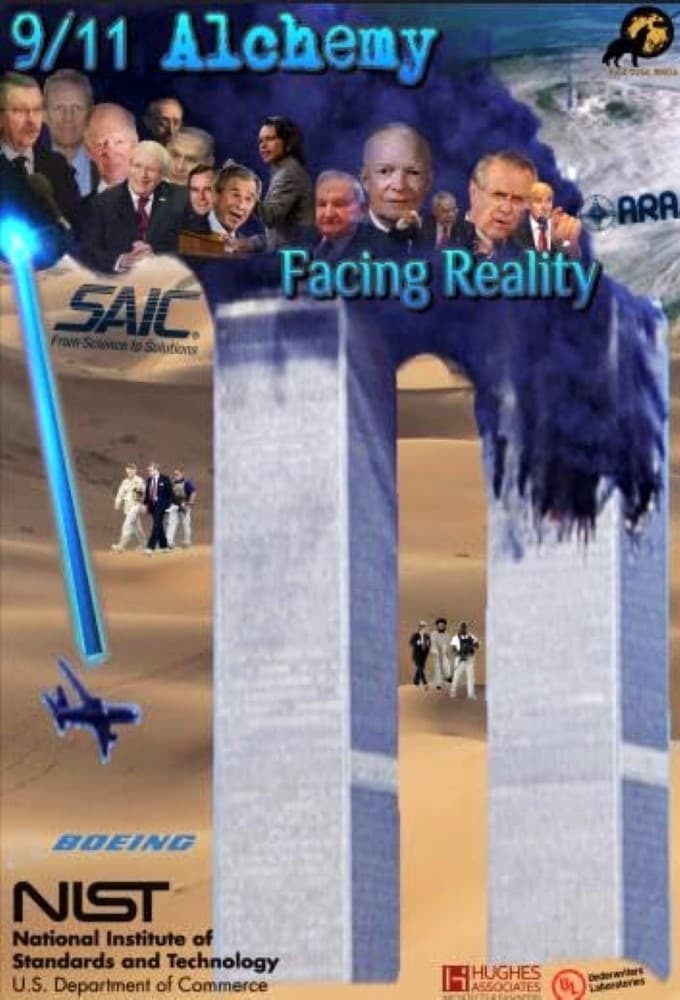
9/11 Alchemy: Facing Reality (2018)
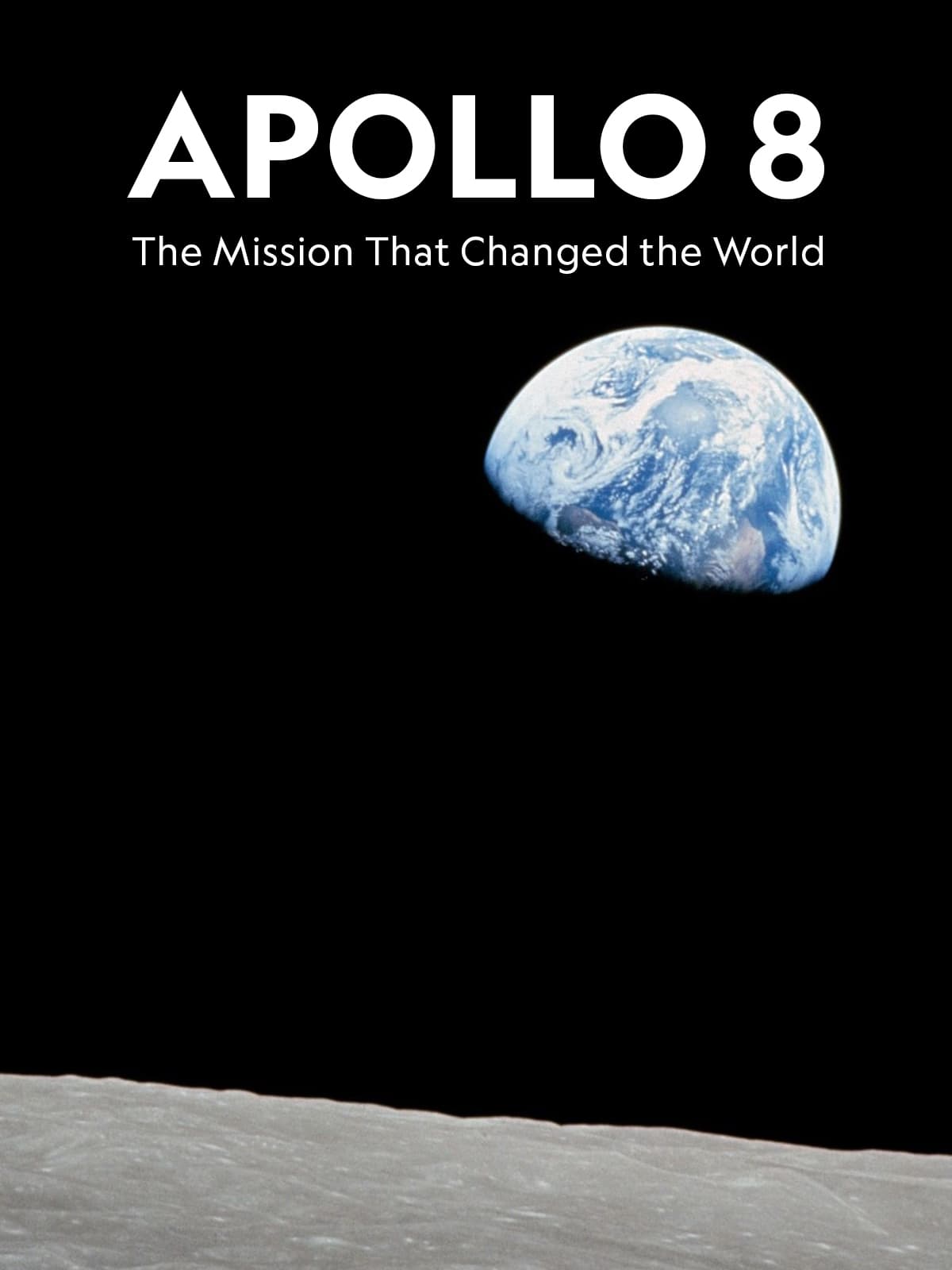
Apollo 8: The Mission That Changed The World (2018)

The World Awaits (2017)
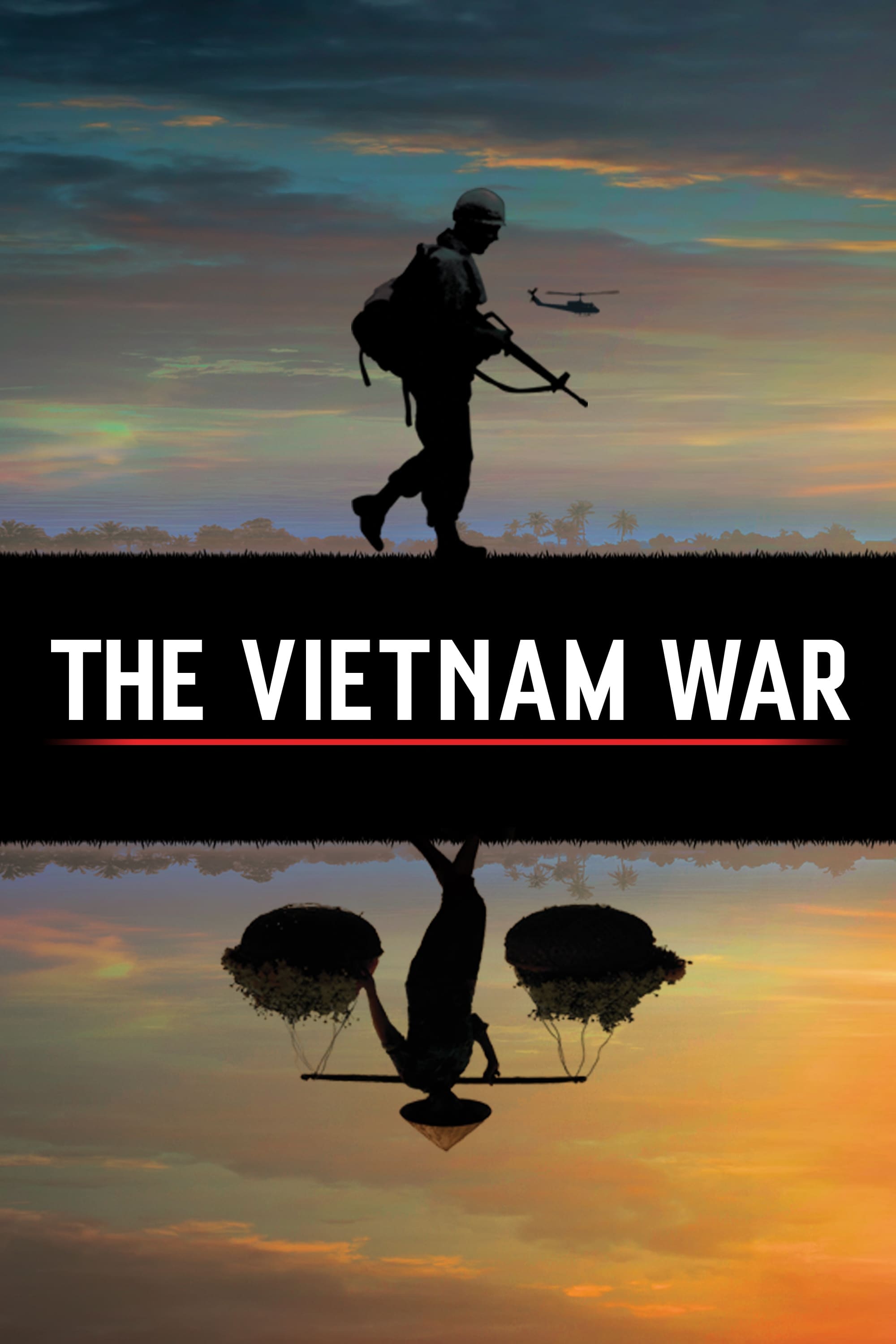
The Vietnam War (2017)
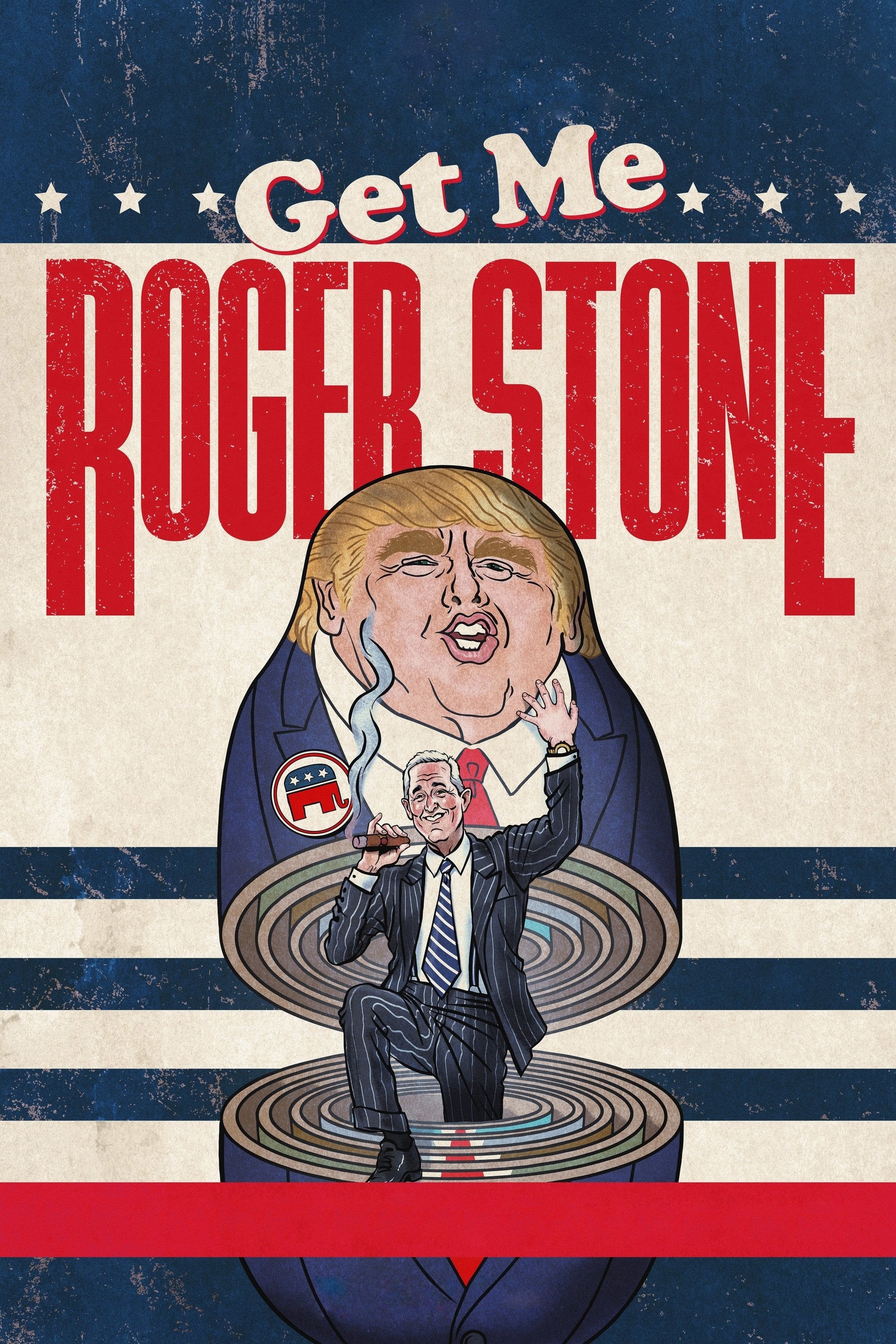
Get Me Roger Stone (2017)
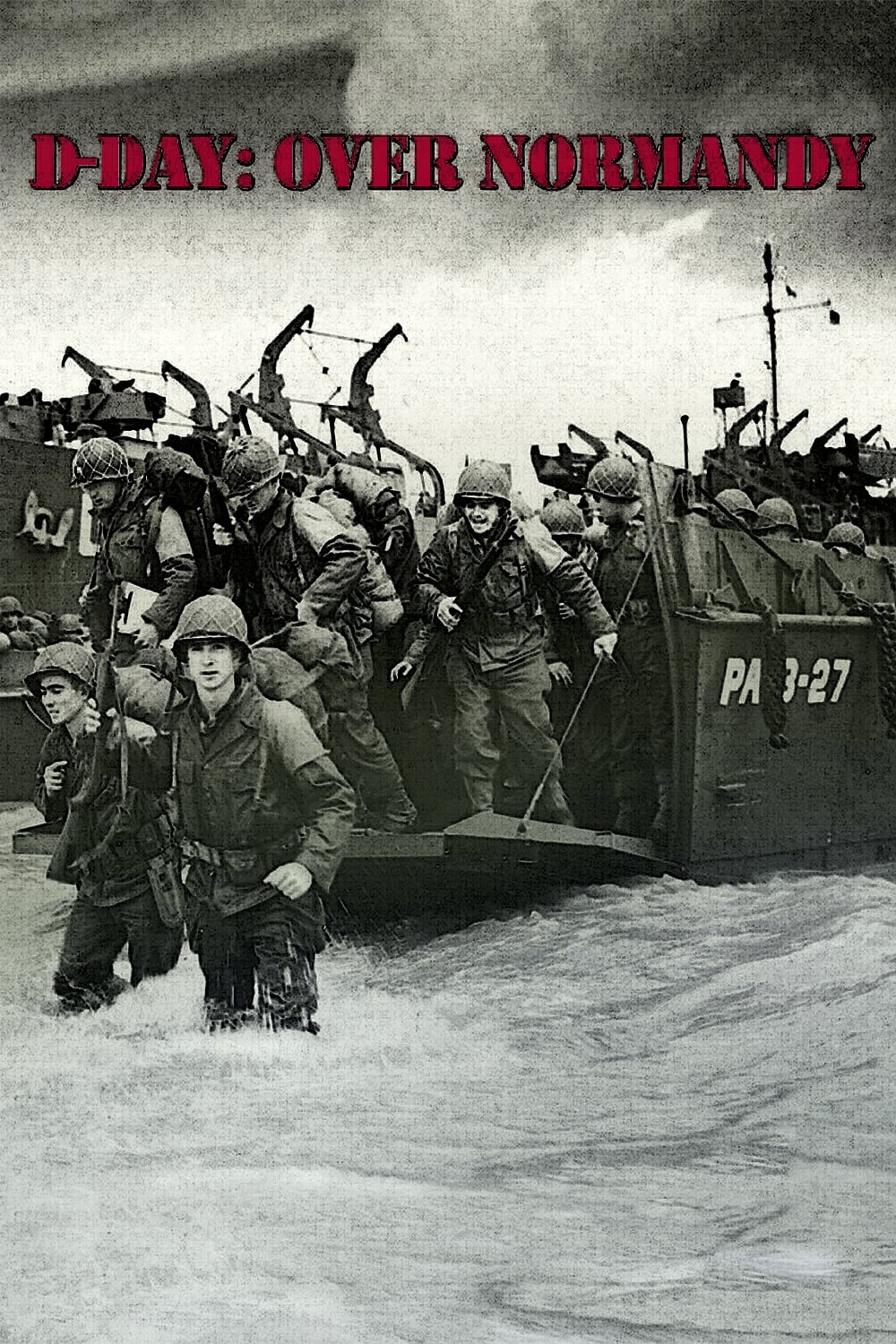
D-Day: Over Normandy (2017)
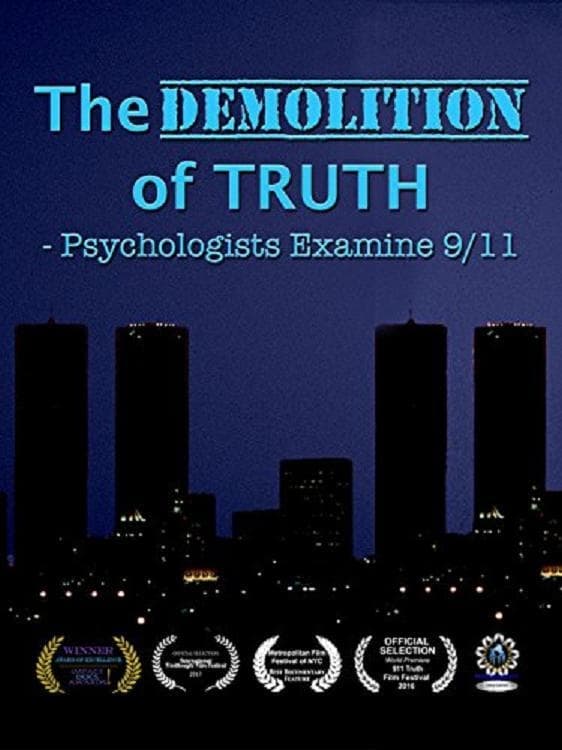
The Demolition of Truth-Psychologists Examine 9/11 (2016)
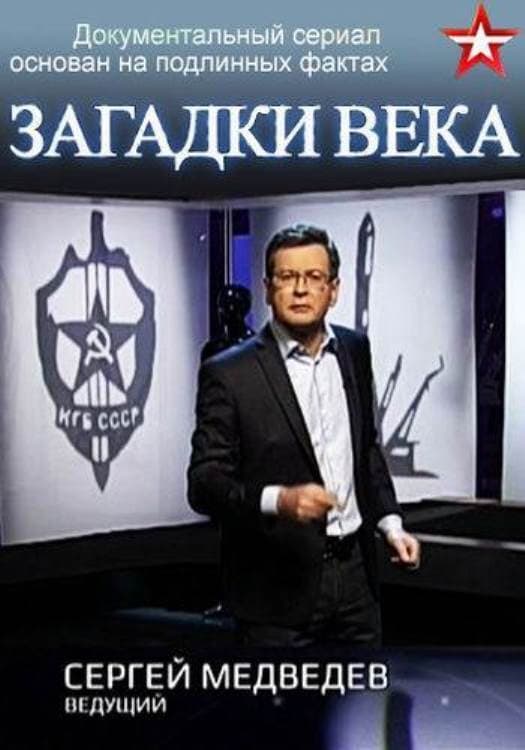
Загадки века с Сергеем Медведевым (2016)
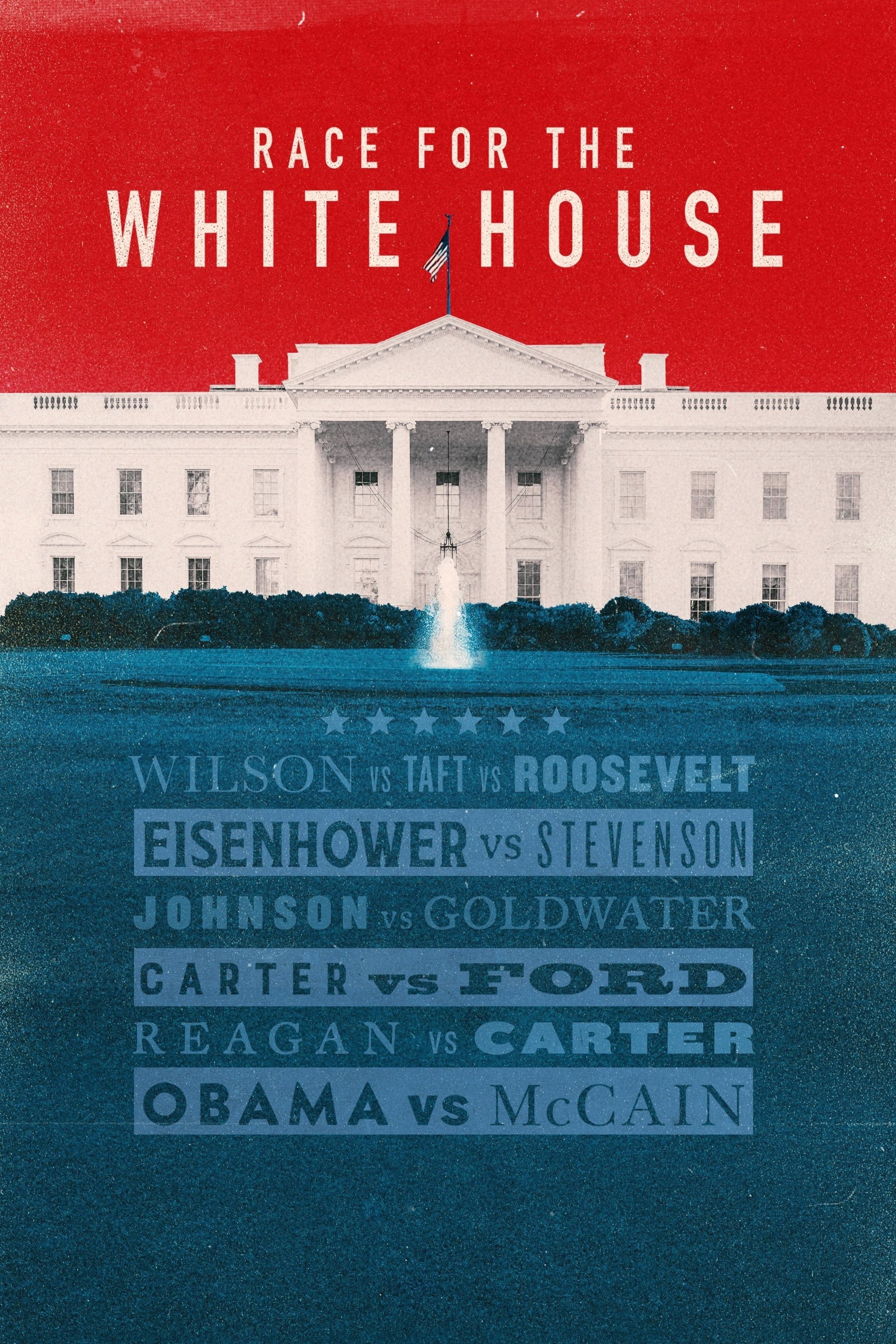
Race for the White House (2016)

9/11: Decade of Deception (2015)
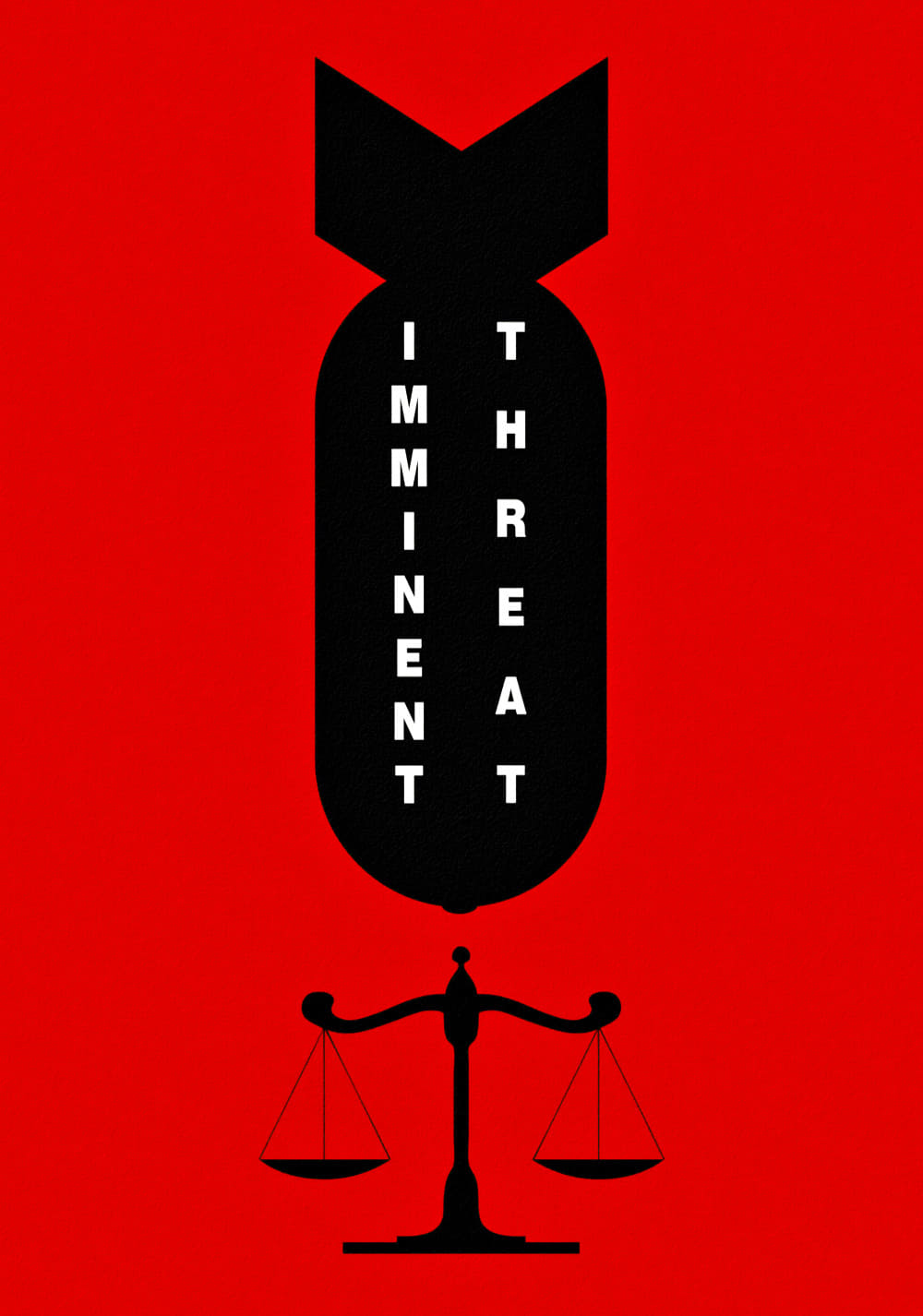
Imminent Threat (2015)

Chernobyl 30 Years On: Nuclear Heritage (2015)
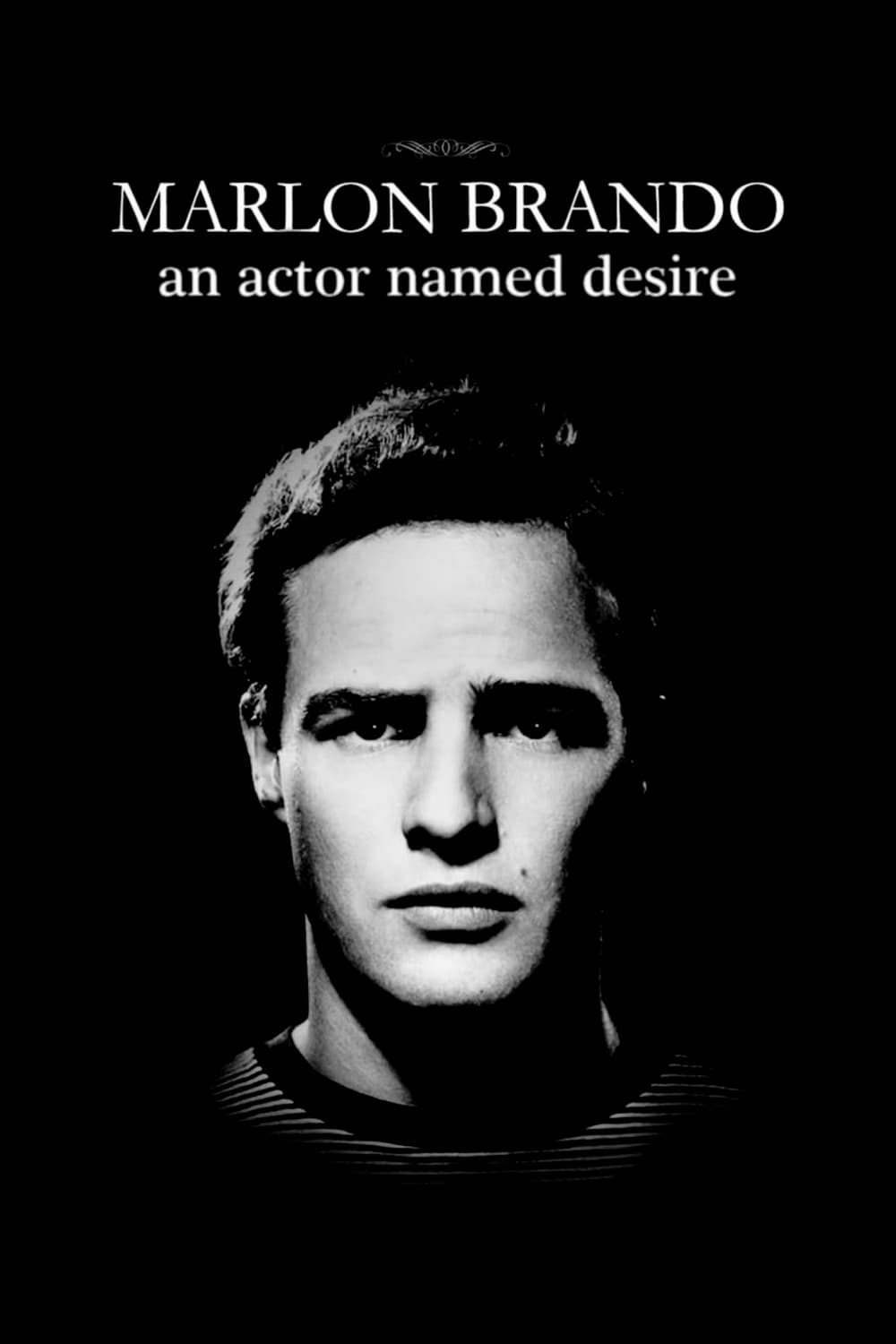
Marlon Brando: An Actor Named Desire (2014)
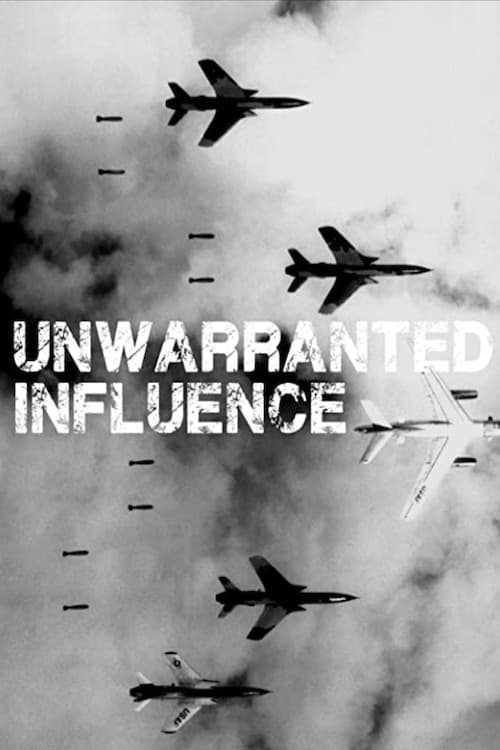
Unwarranted Influence (2014)
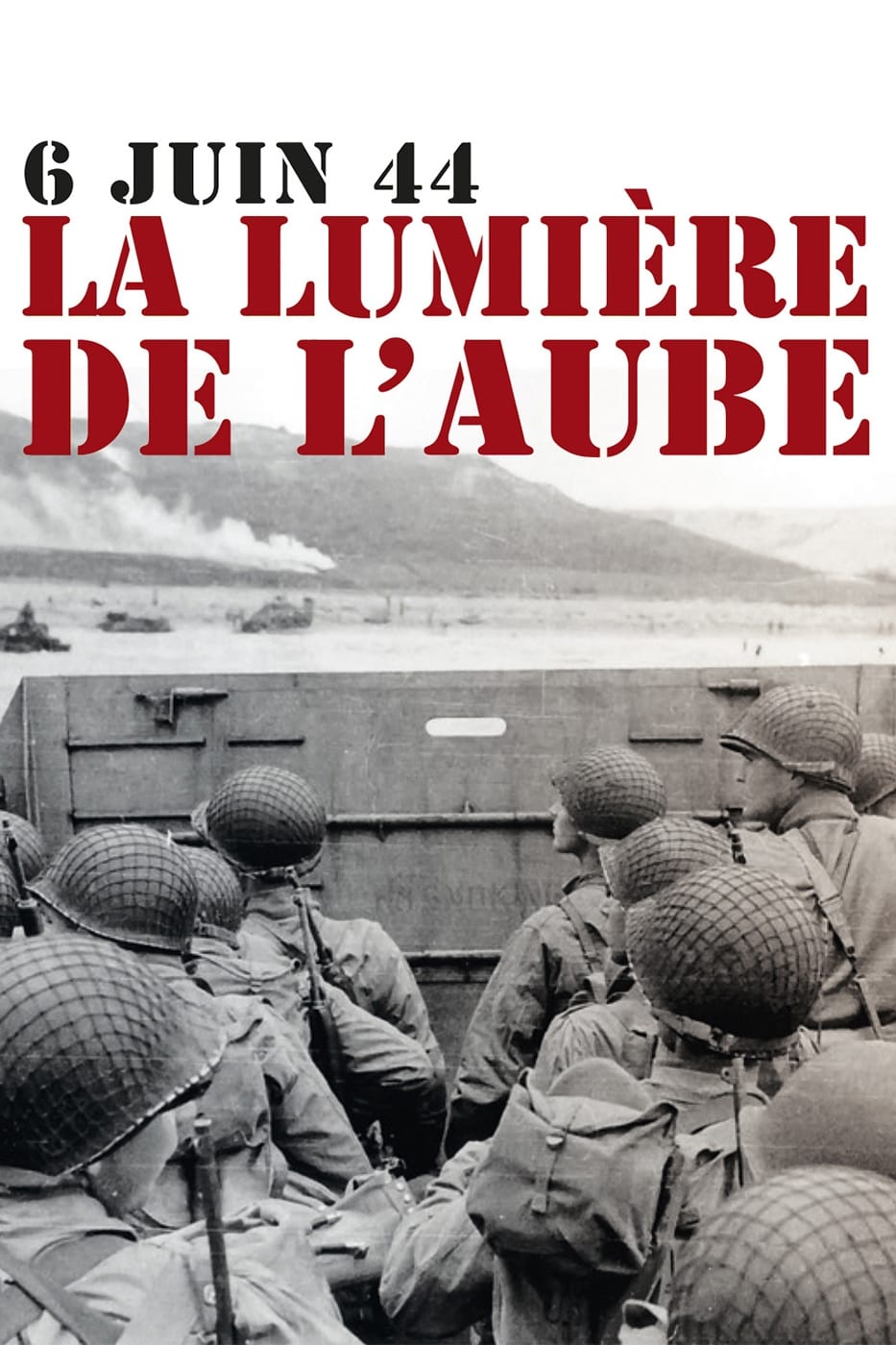
The Light of Dawn: The Normandy Landings (2014)
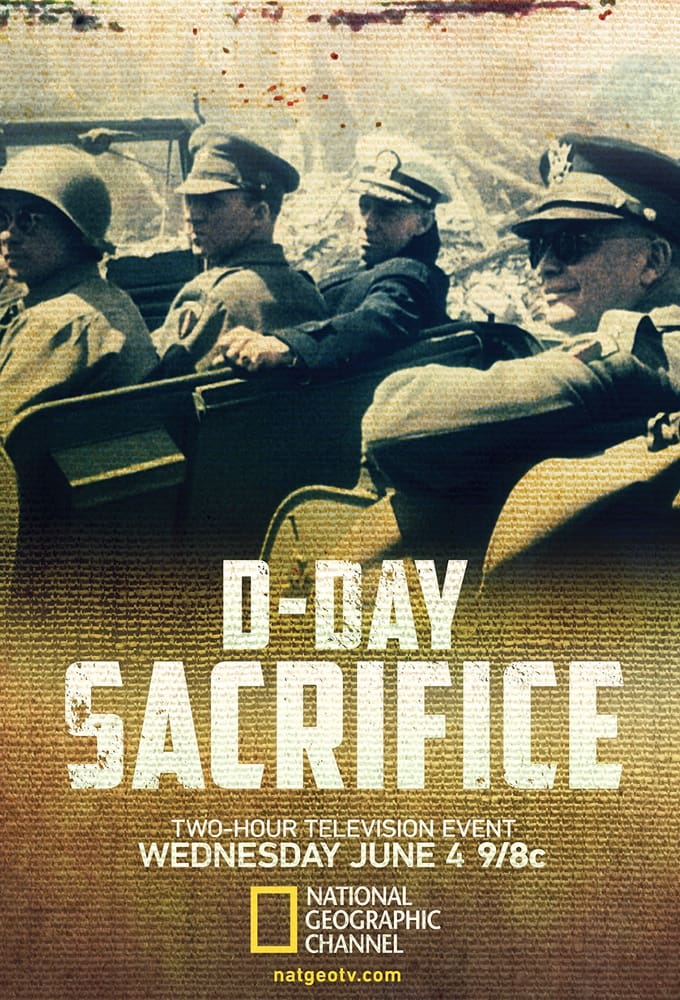
D-Day Sacrifice (2014)

Japanology Plus (2014)
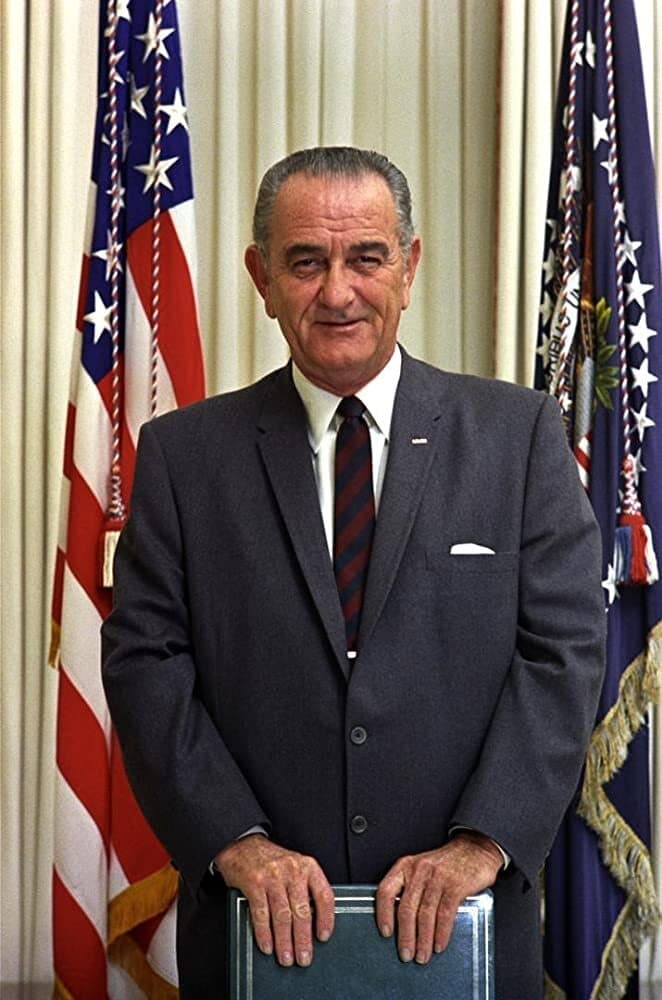
Lyndon B. Johnson - Succeeding Kennedy (2013)
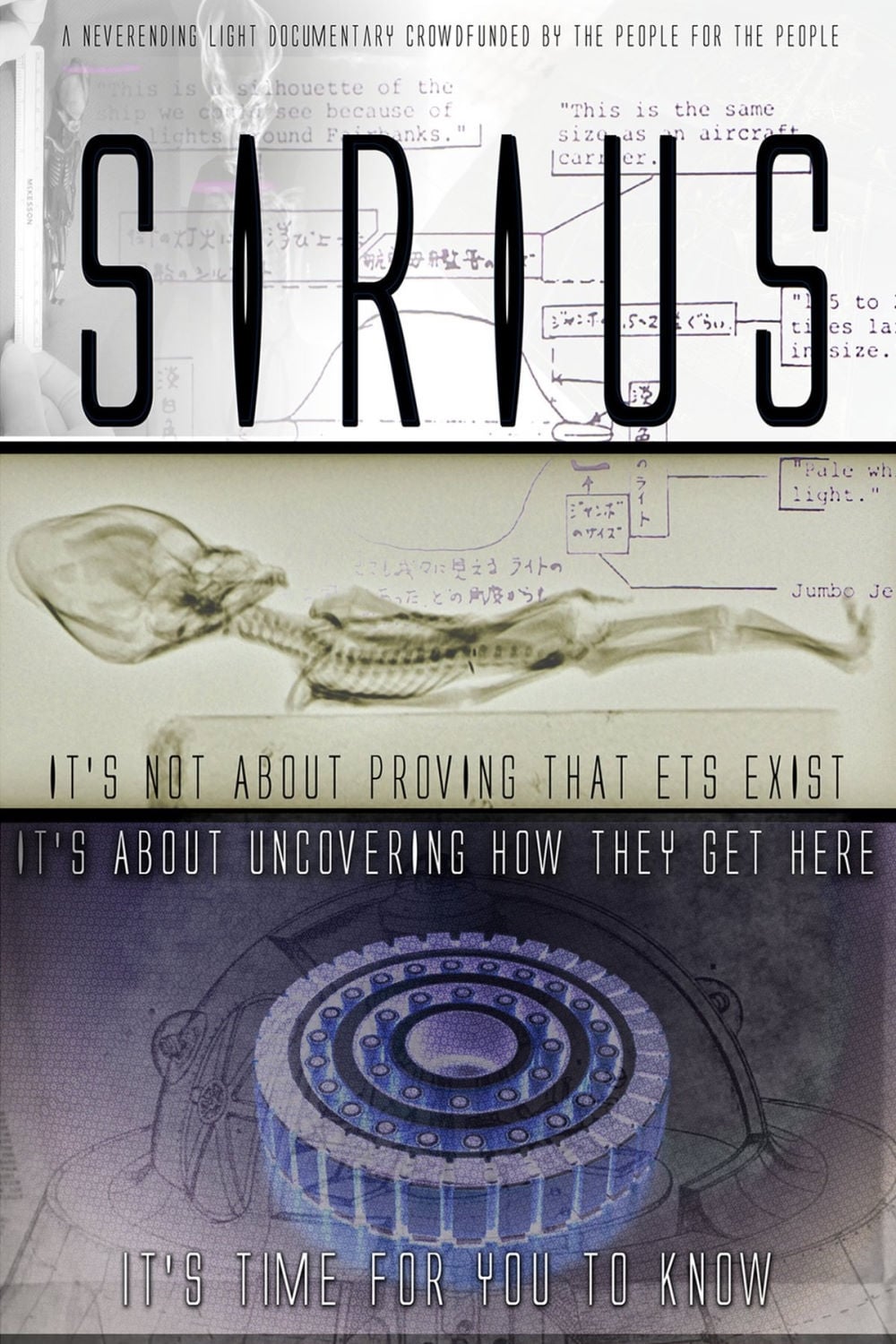
Sirius (2013)
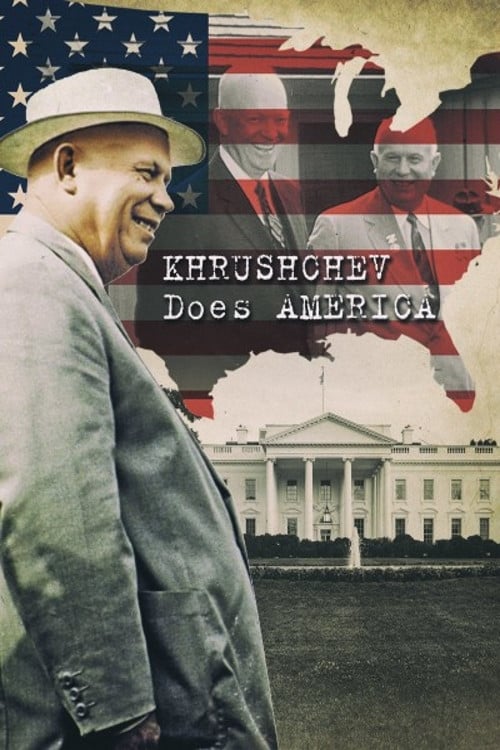
Khrushchev Does America (2013)
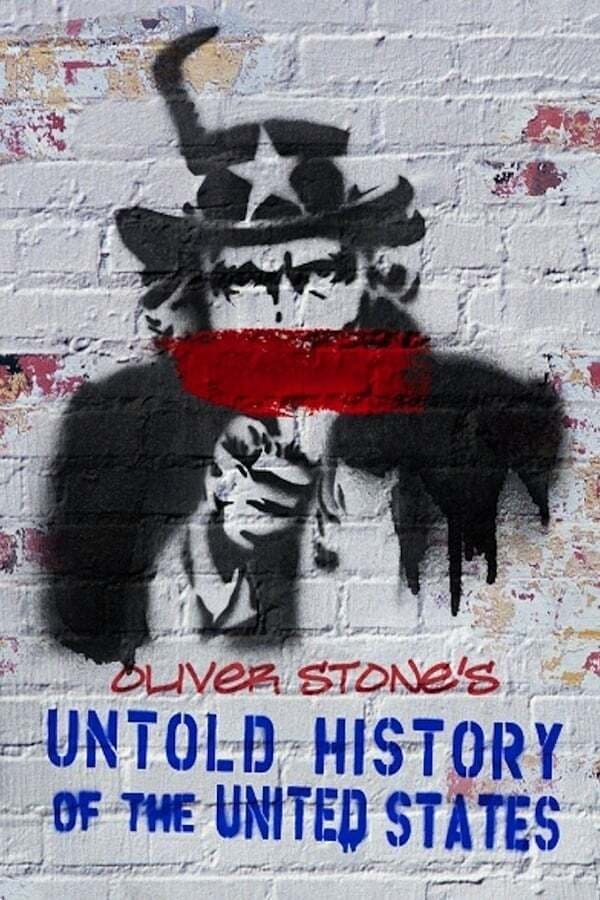
Oliver Stone's Untold History of the United States (2012)

YouTube Trilogy (2011)
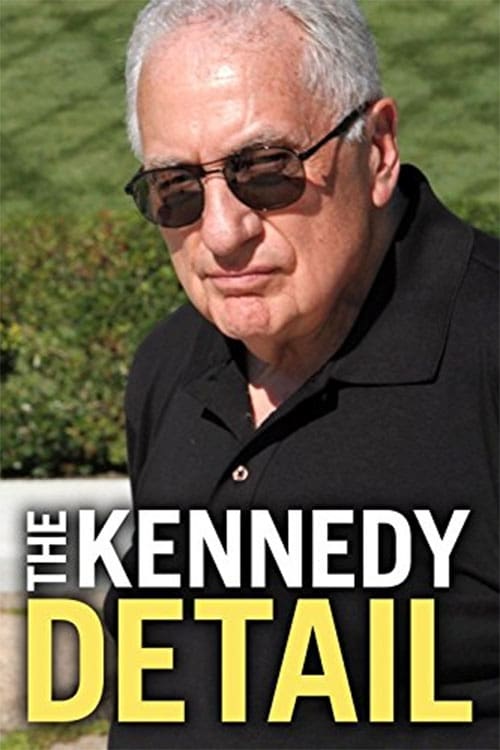
The Kennedy Detail (2010)
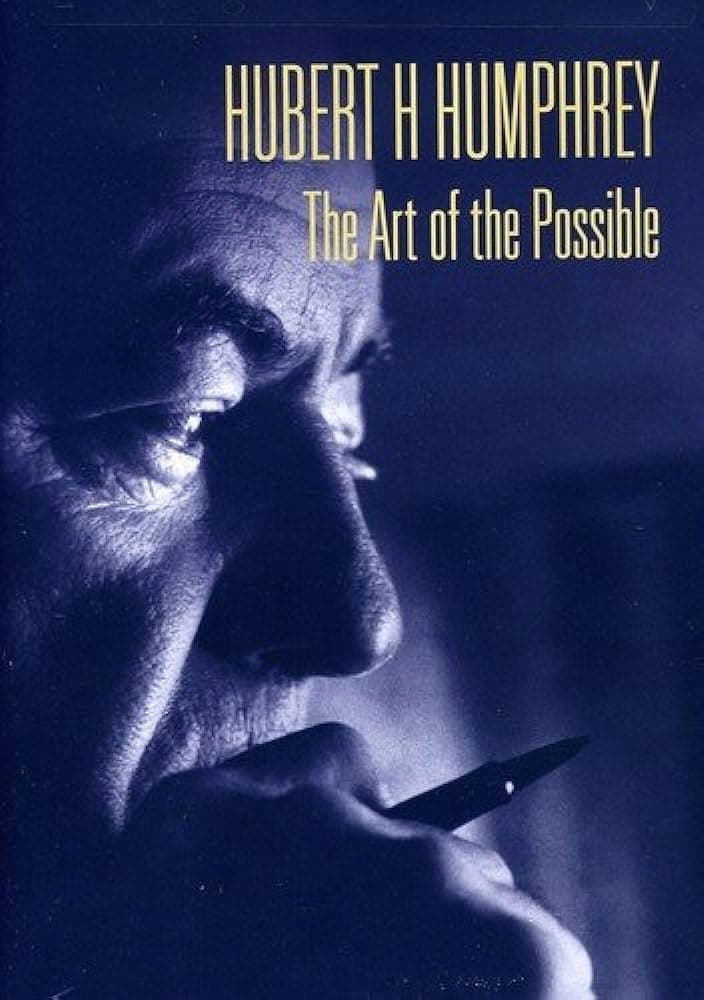
Hubert H. Humphrey: The Art of the Possible (2010)
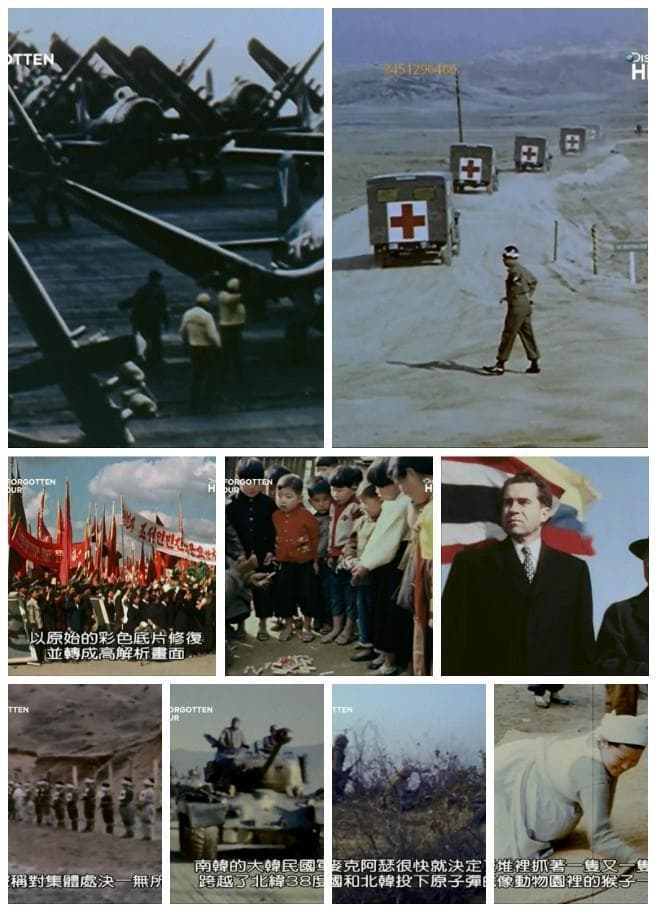
Korea: The Forgotten War in Colour (2010)
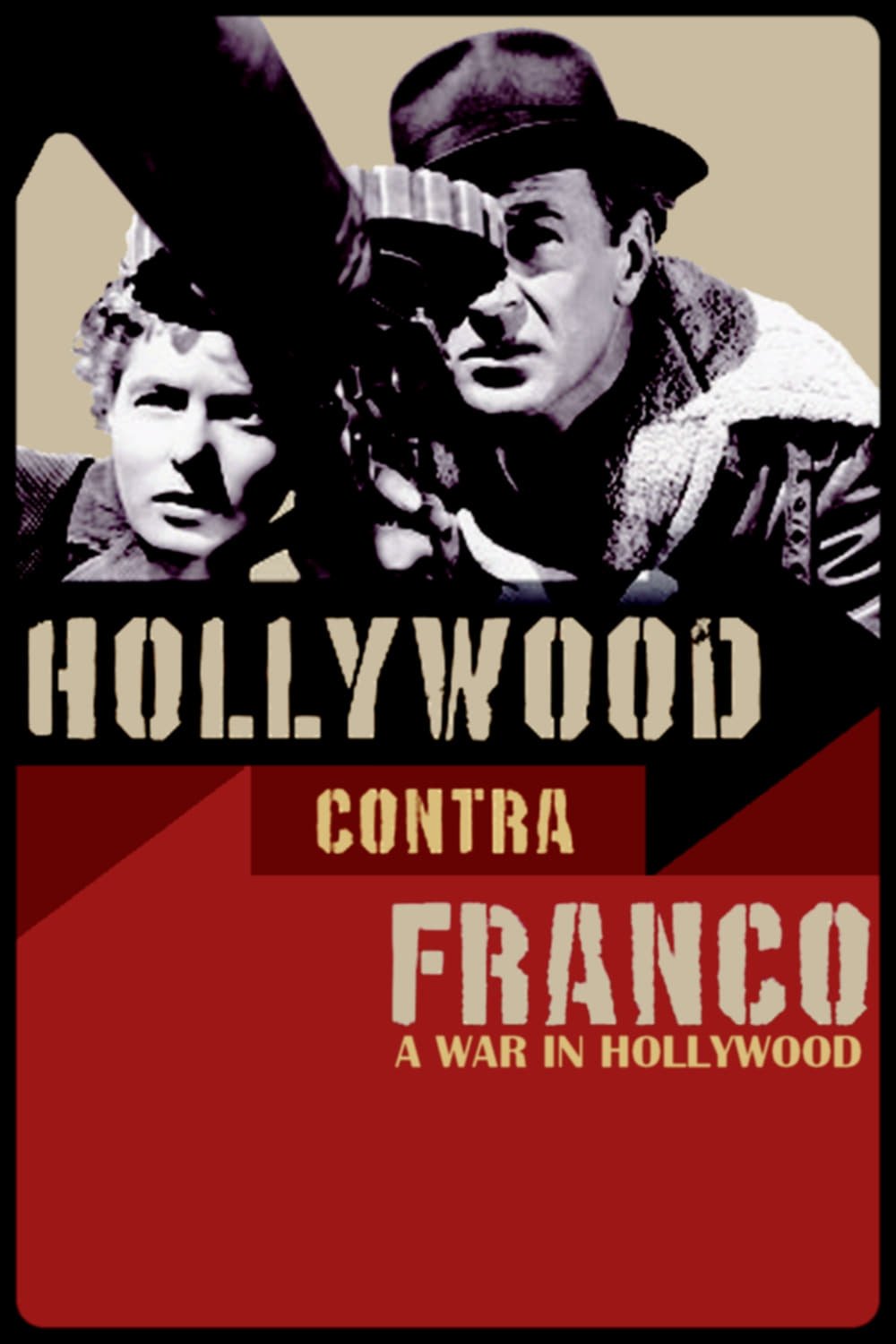
A War in Hollywood (2009)
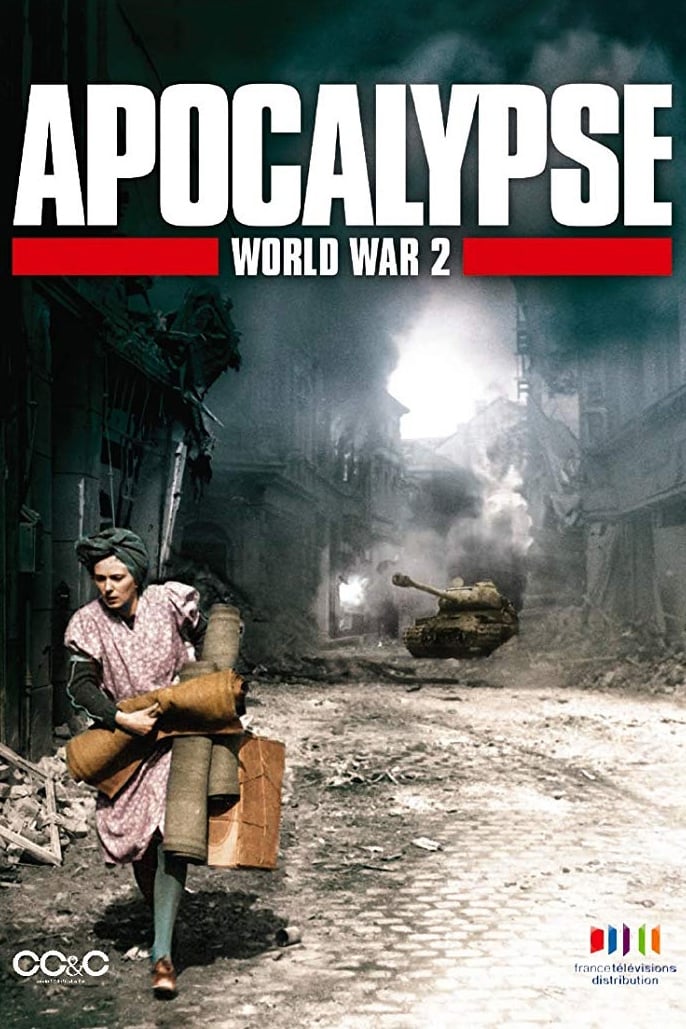
Apocalypse: The Second World War (2009)
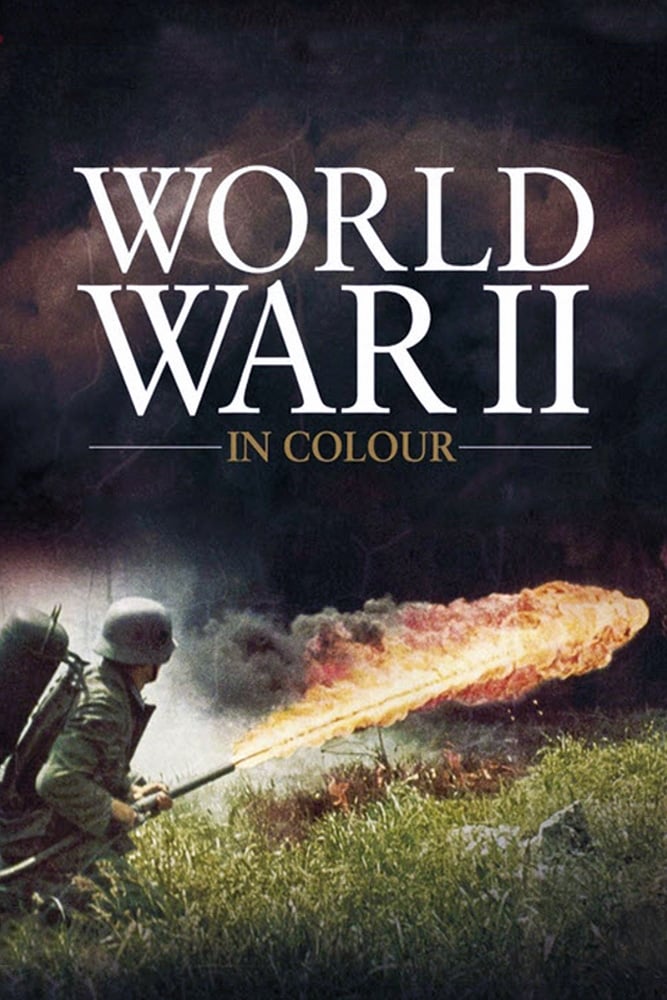
World War II in HD Colour (2009)
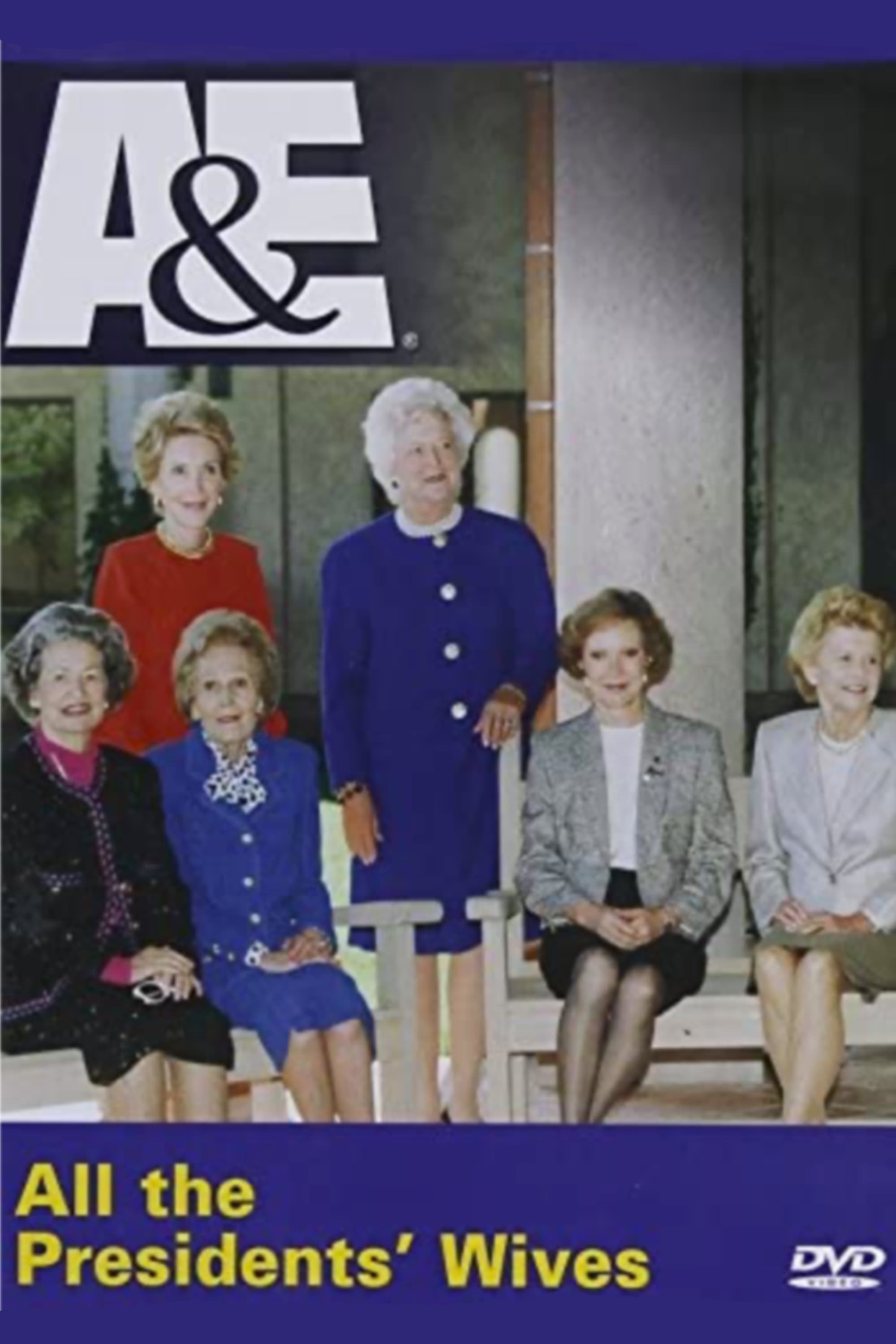
All the Presidents' Wives (2008)
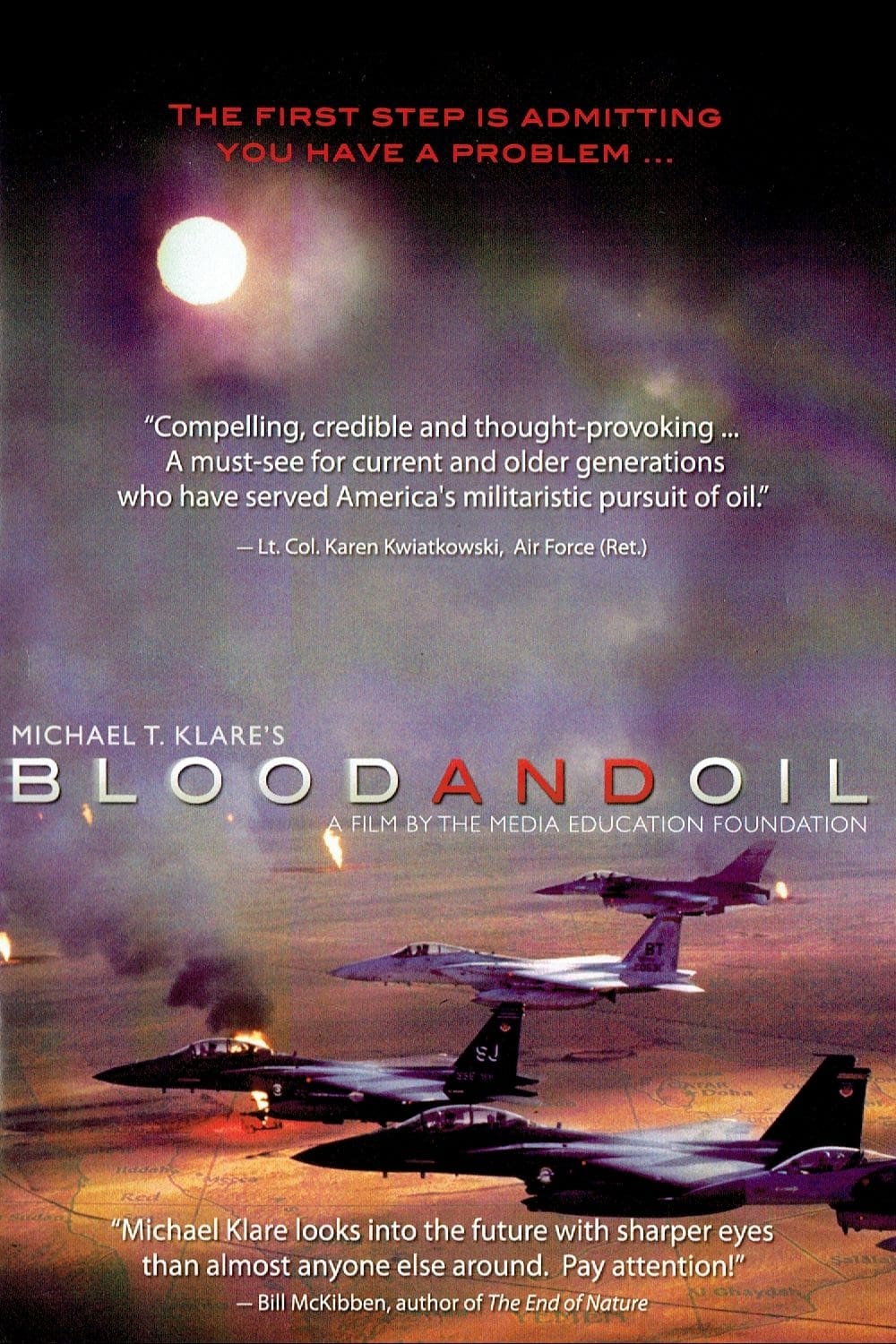
Blood and Oil (2008)
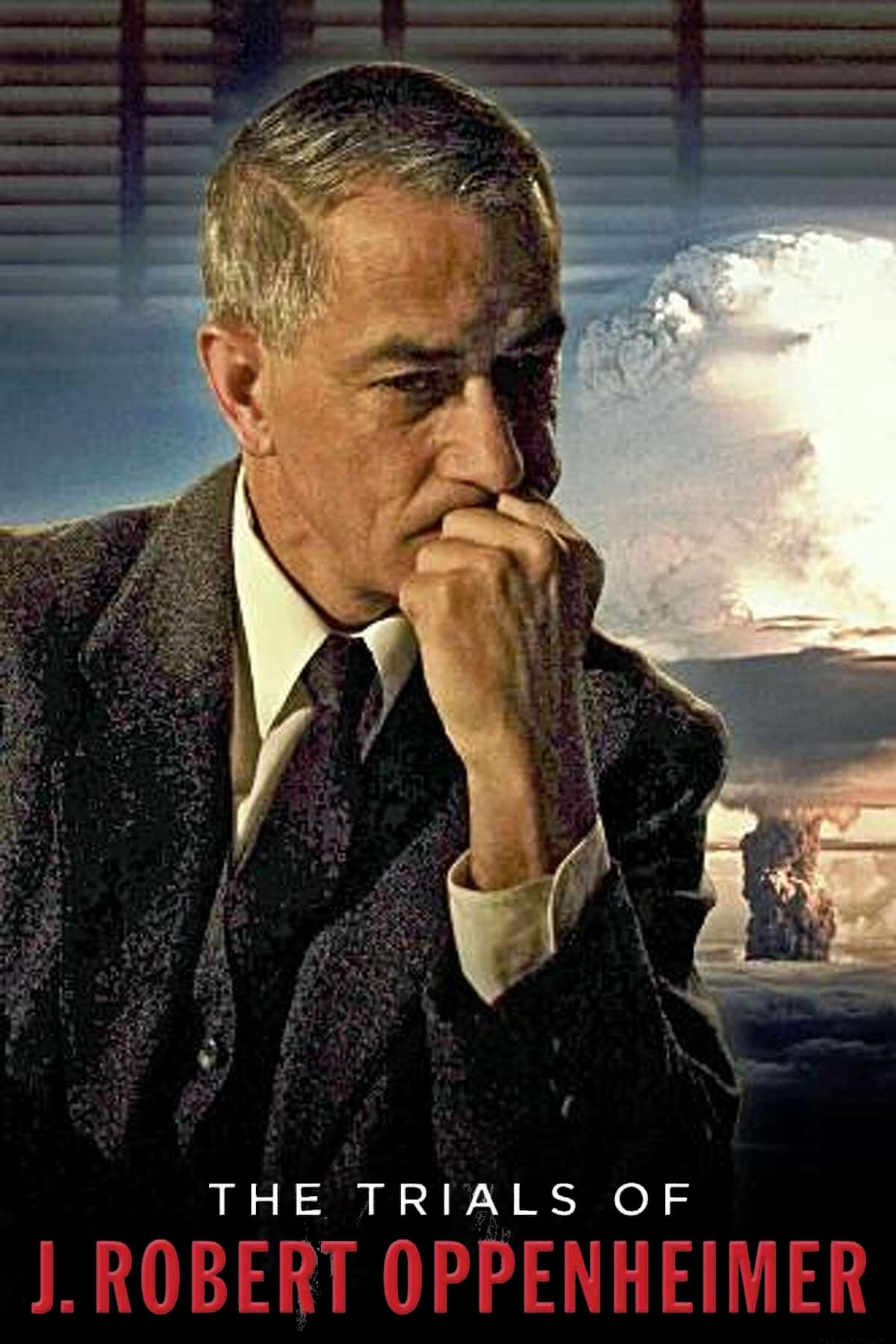
The Trials of J. Robert Oppenheimer (2008)
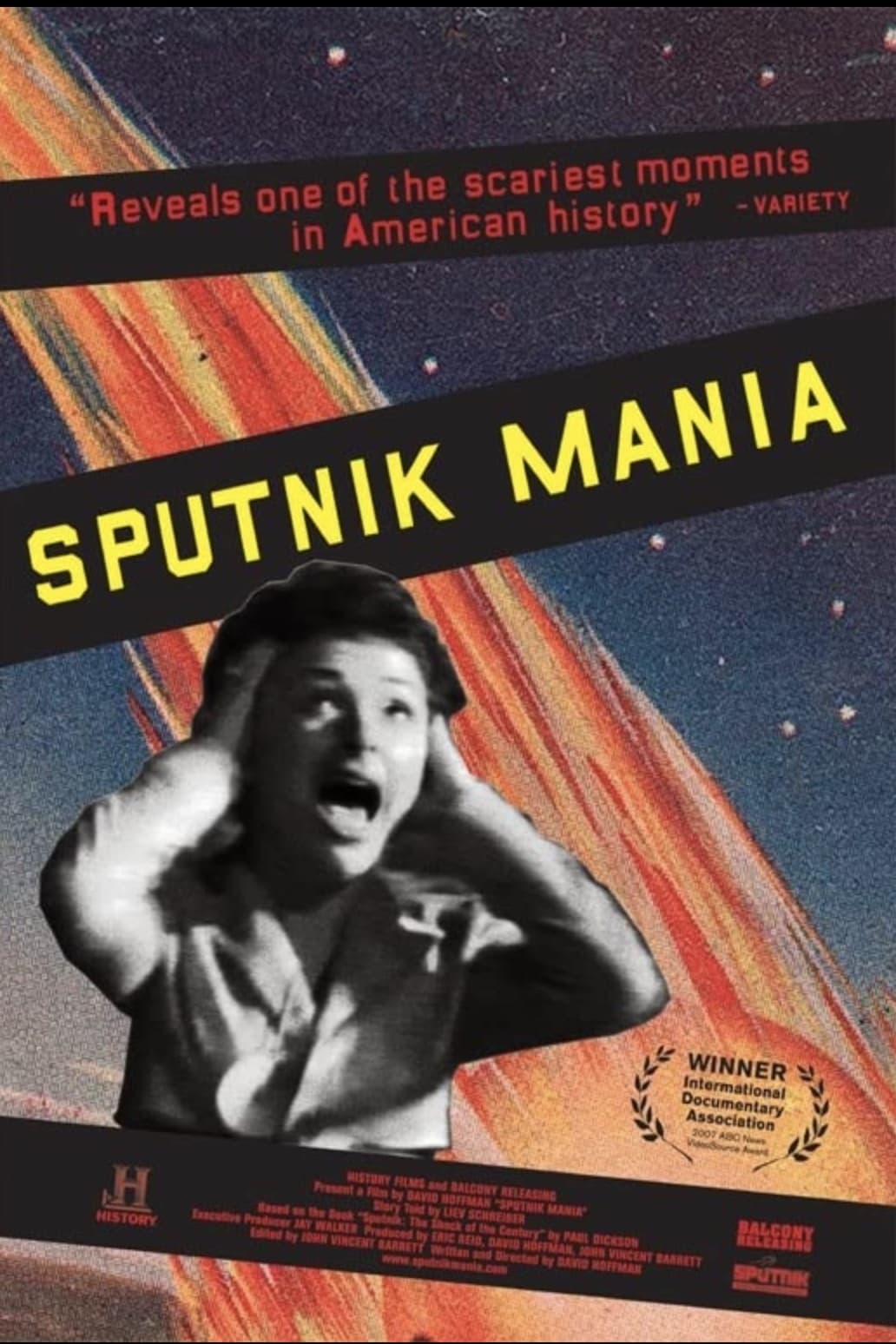
Sputnik Mania (2007)
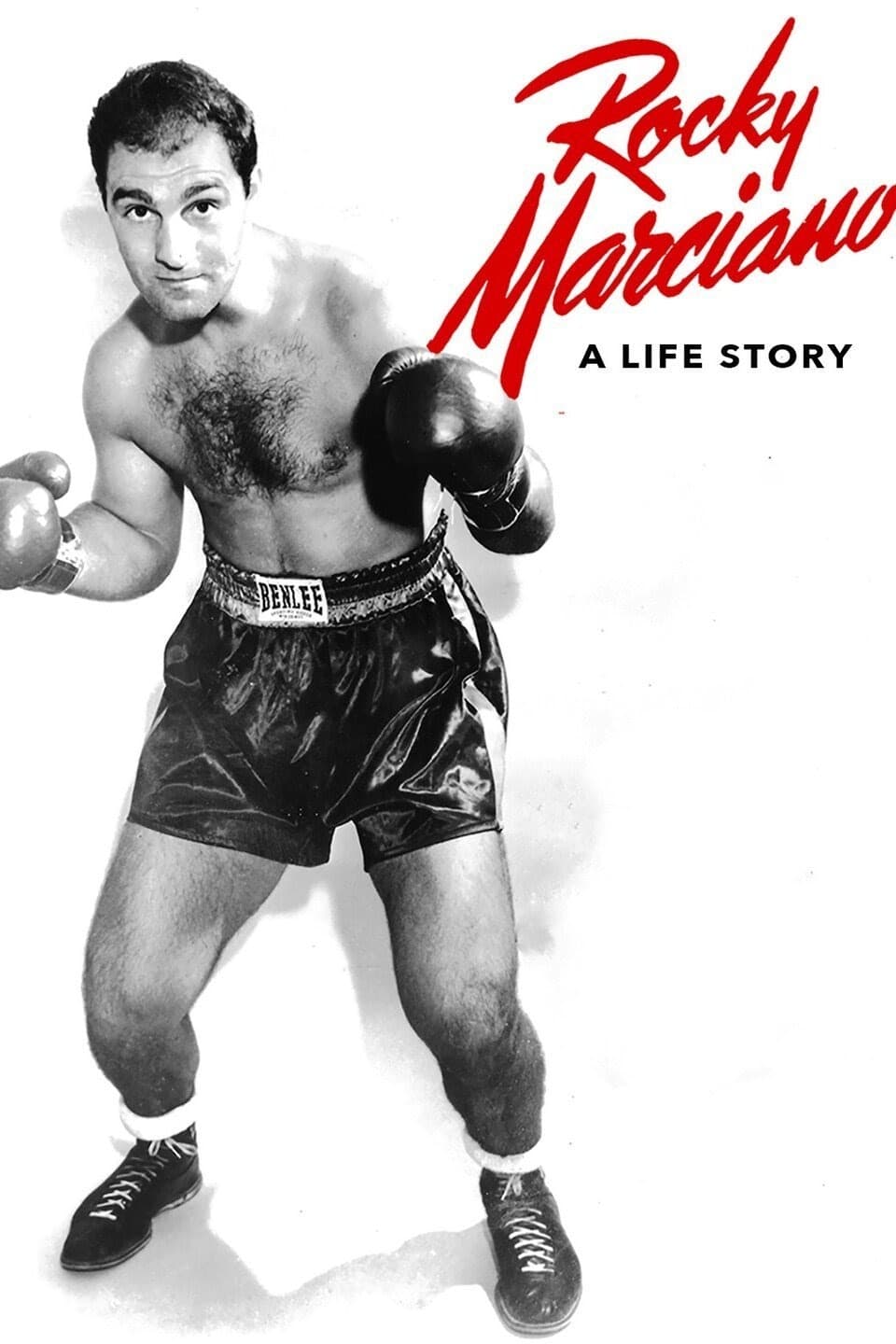
Rocky Marciano: A Life Story (2006)
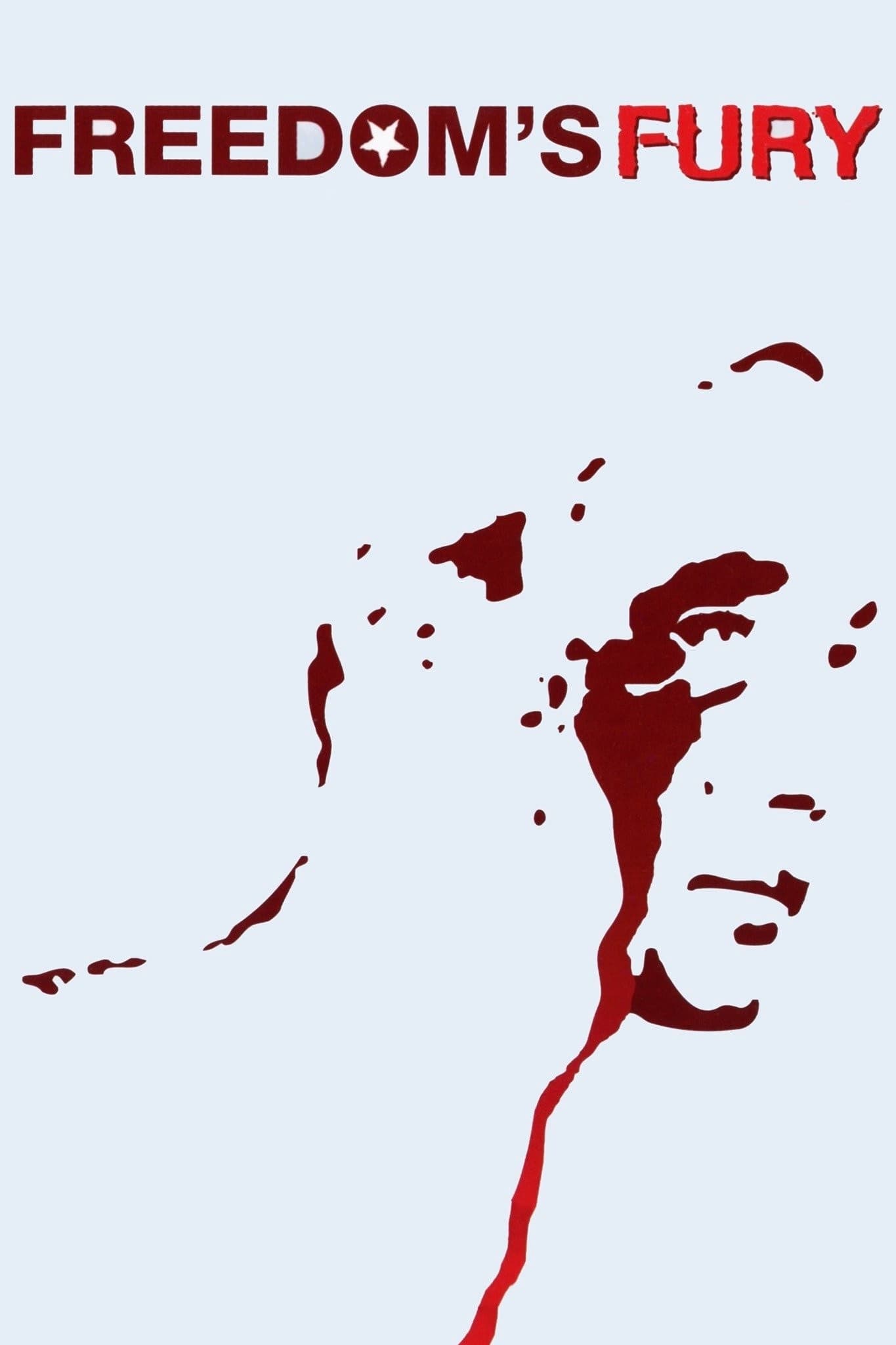
Freedom's Fury (2006)

The Doomsday Clock (2006)

Good Night, and Good Luck. (2005)
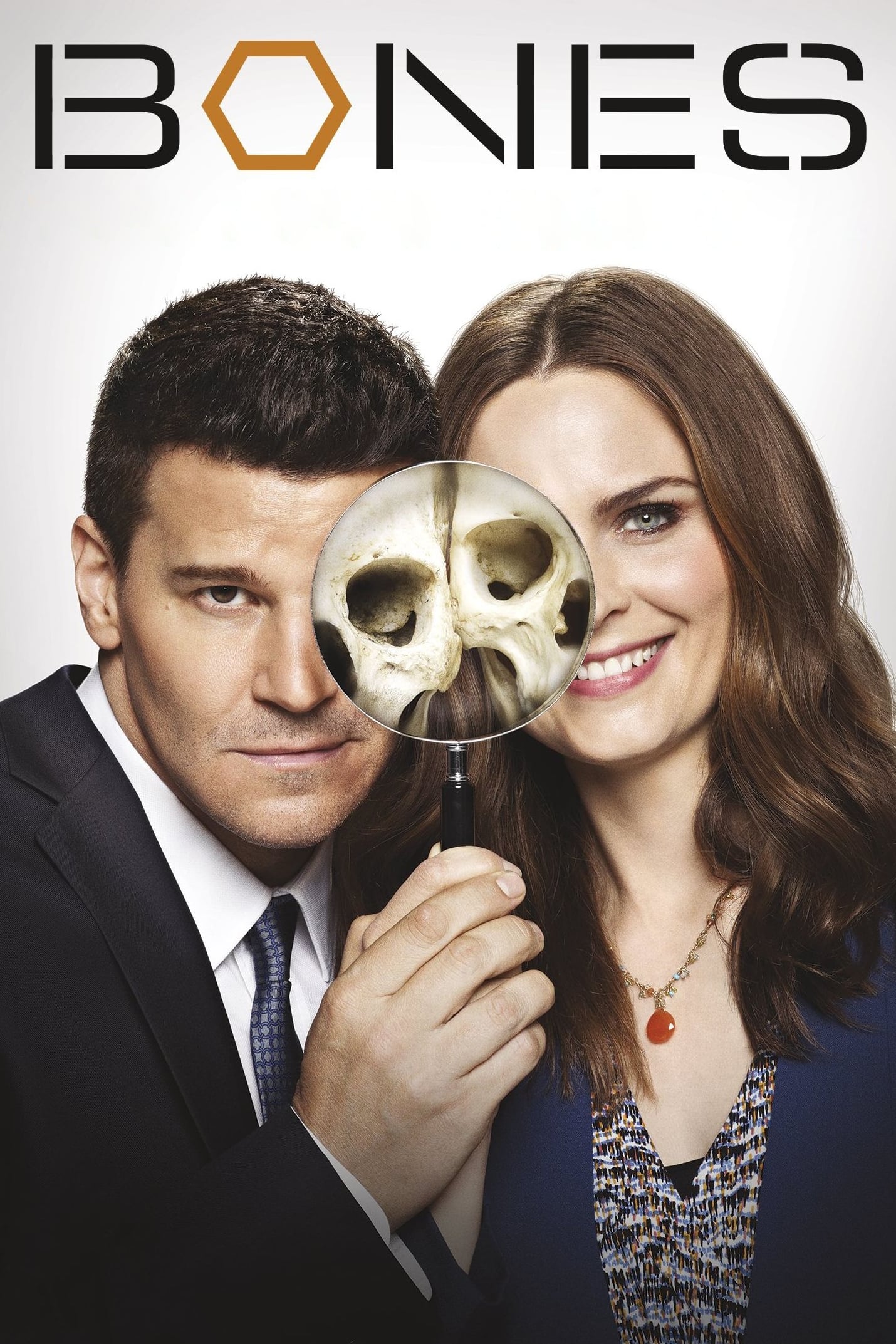
Bones (2005)
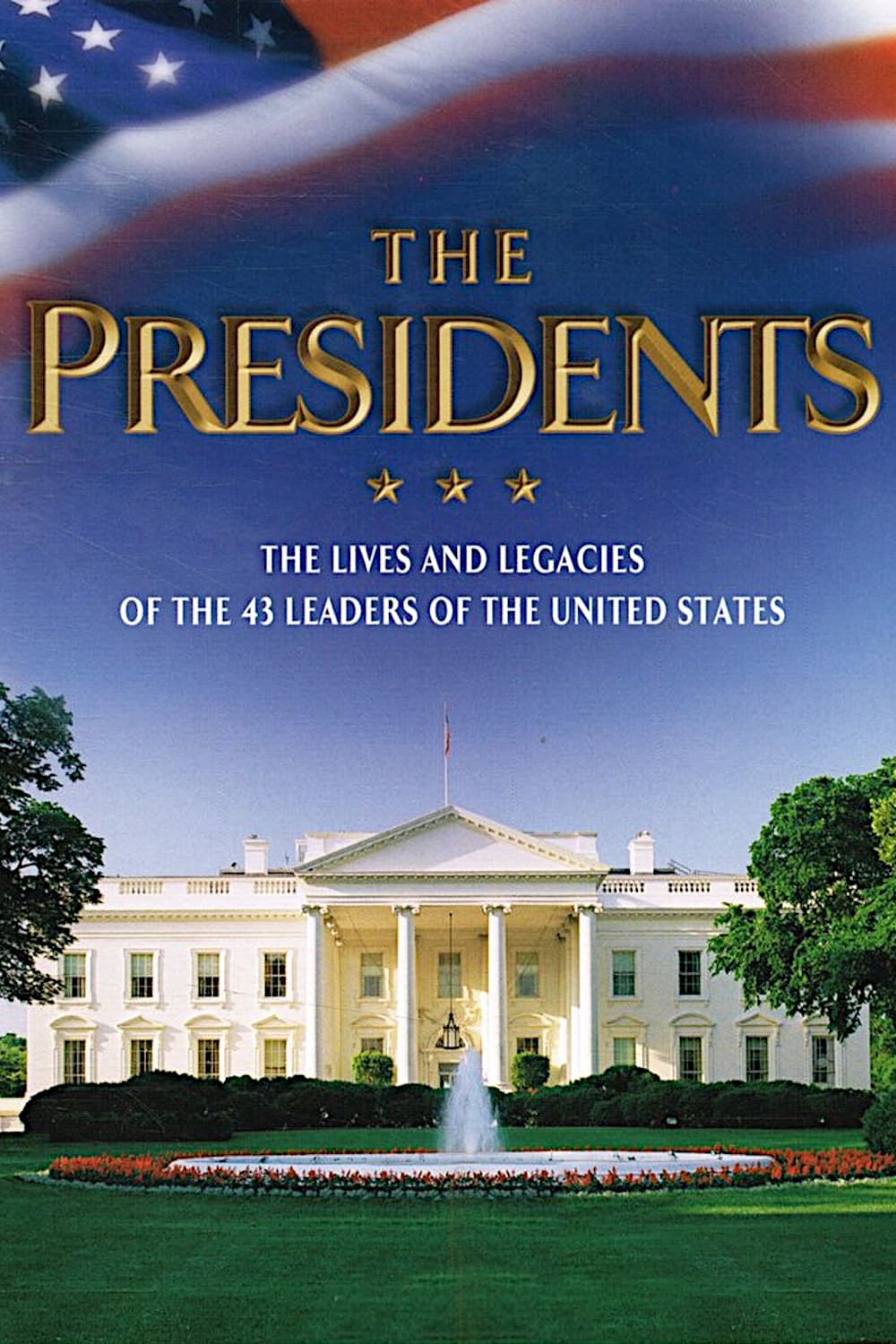
The Presidents (2005)
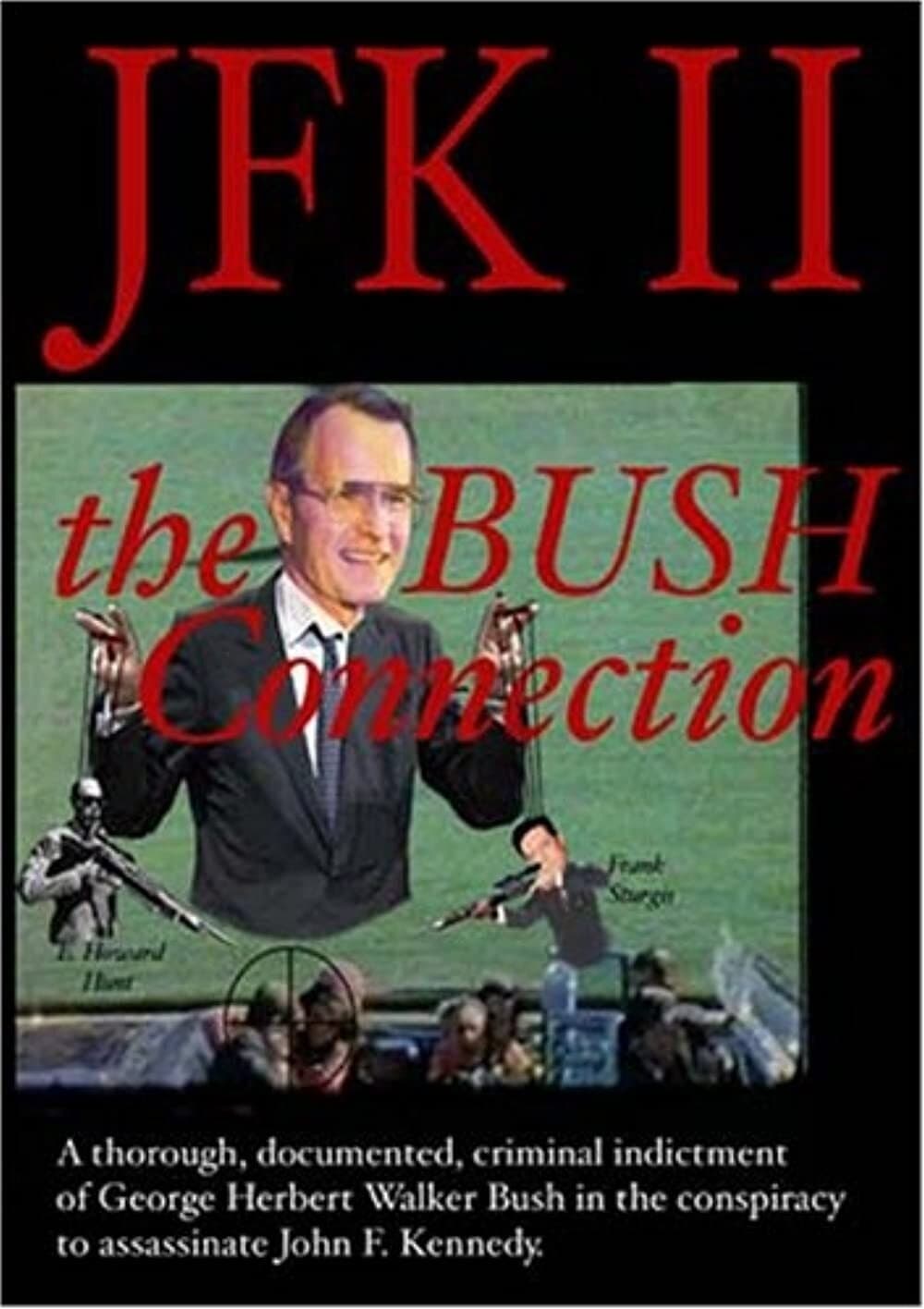
JFK II: The Bush Connection (2003)
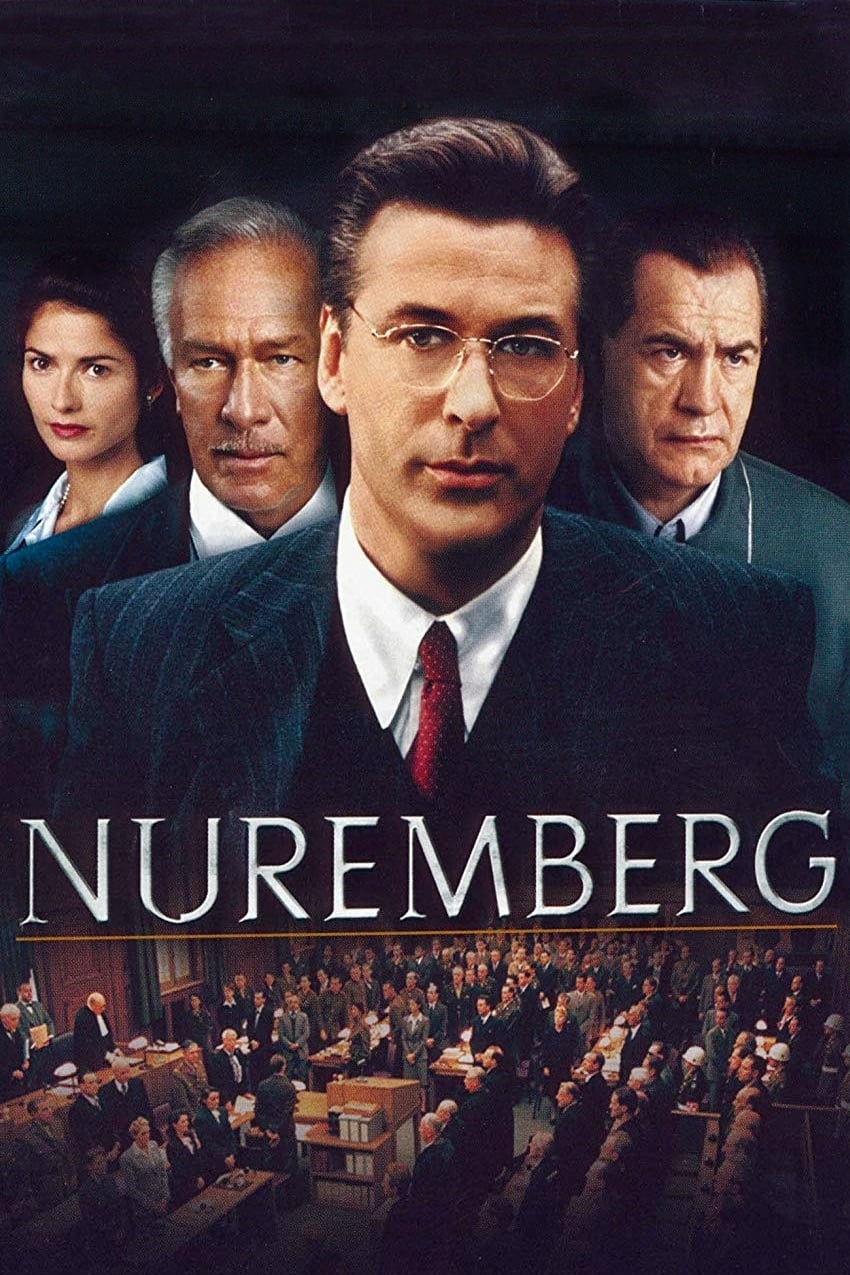
Nuremberg (2000)
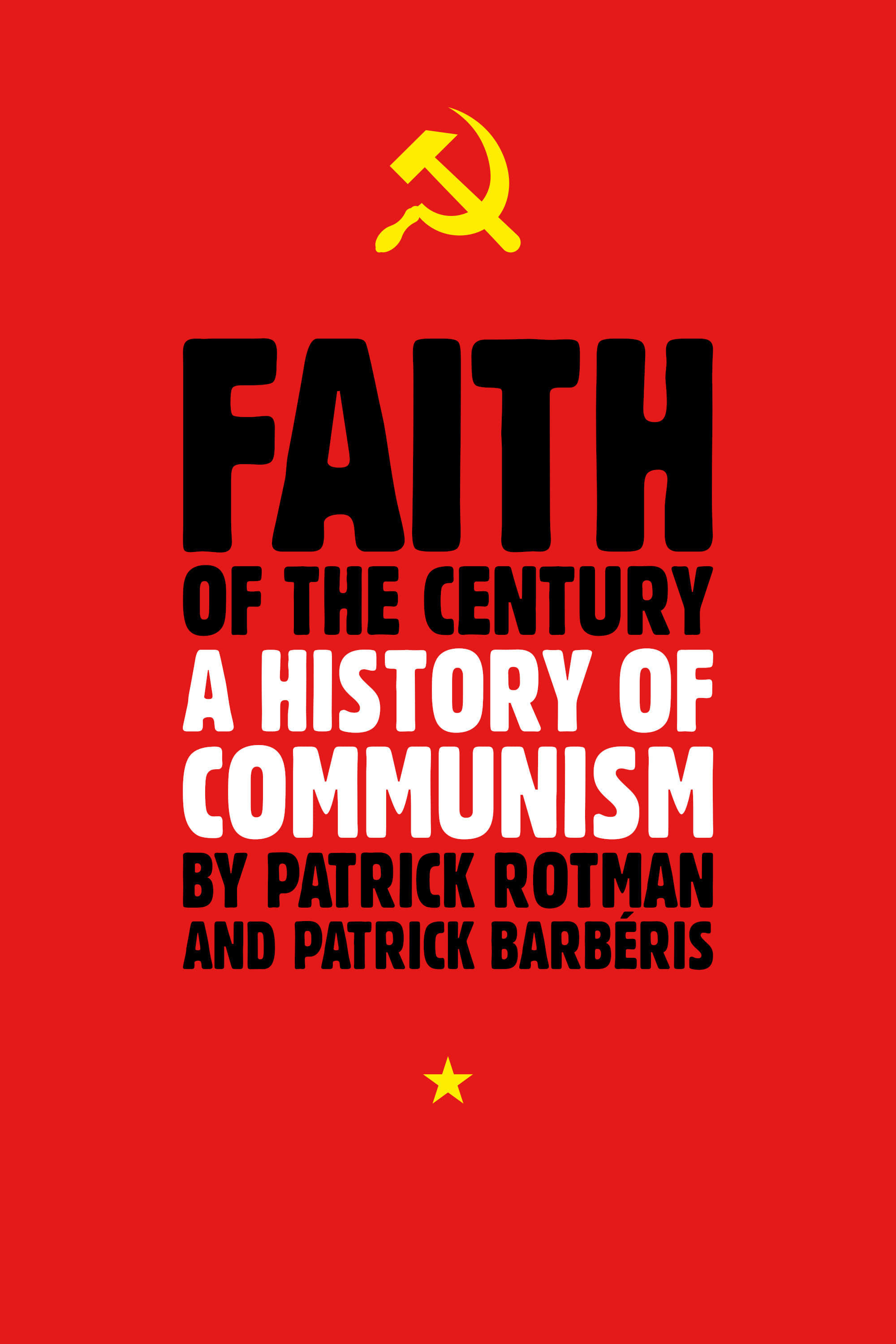
Faith of the Century: A History of Communism (1999)

D-Day: The Color Footage (1999)
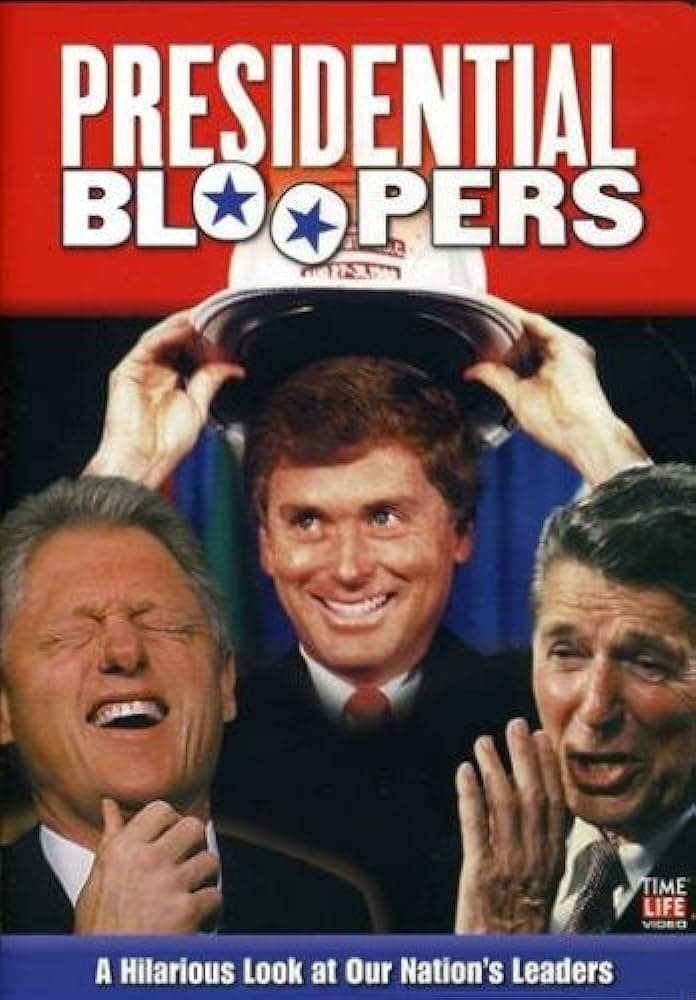
Presidential Bloopers (1999)
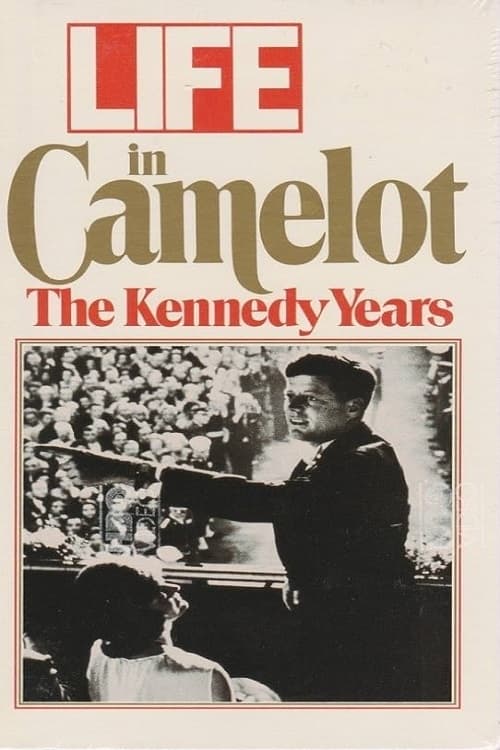
Life in Camelot: The Kennedy Years (1998)

Sports on the Silver Screen (1997)

John F. Kennedy: A Personal Story (1996)
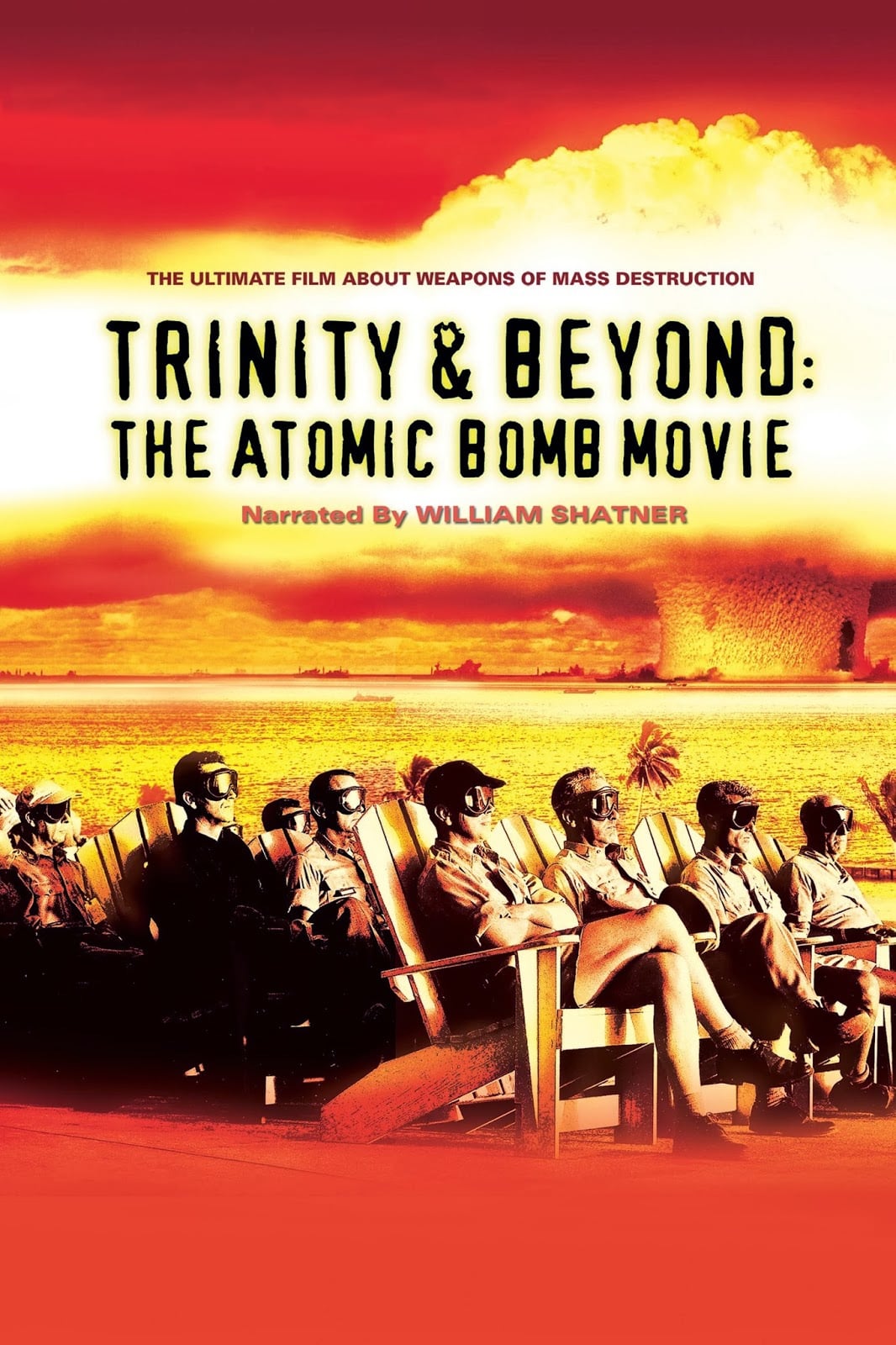
Trinity and Beyond: The Atomic Bomb Movie (1995)
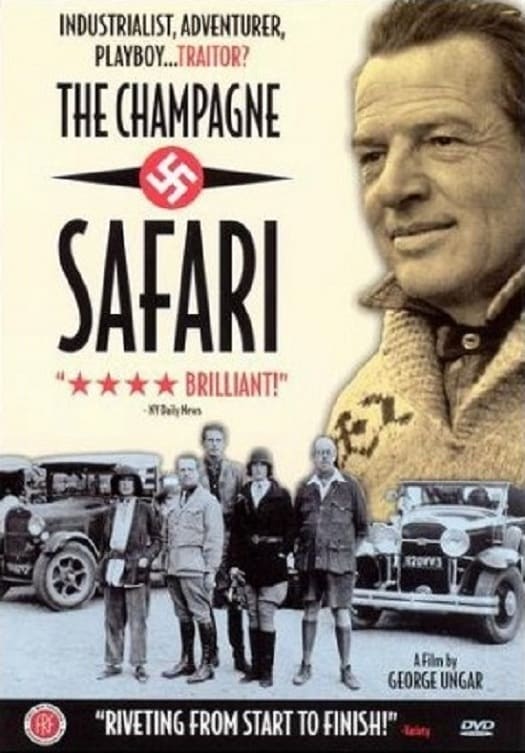
The Champagne Safari (1995)
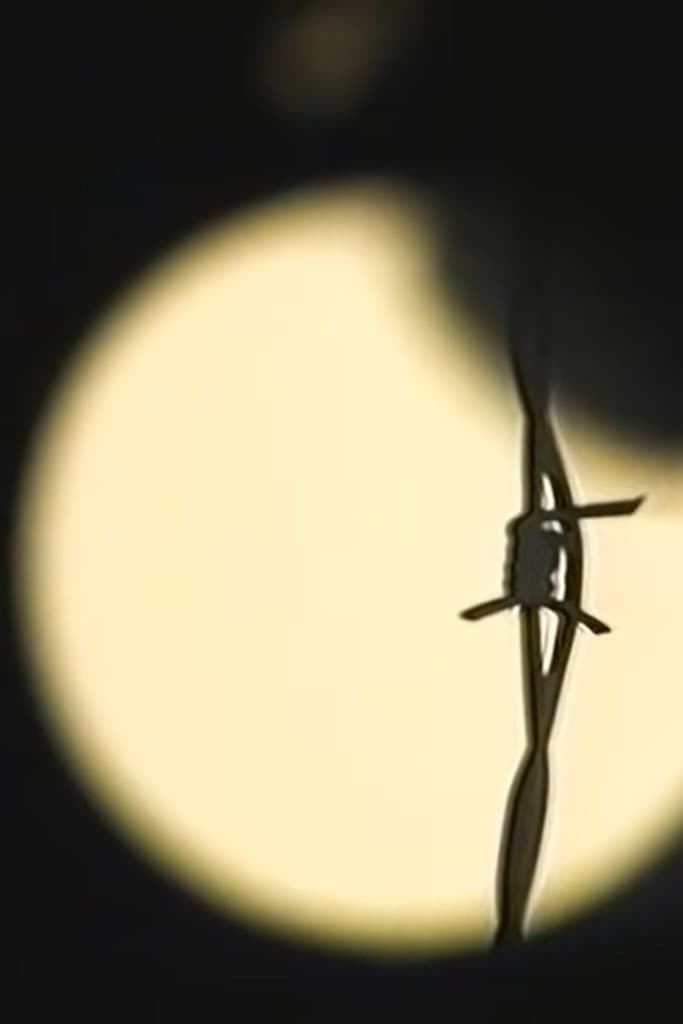
"KZ Buchenwald. Aushalten. Wir eilen euch zur Hilfe" (1995)

Ike (1993)
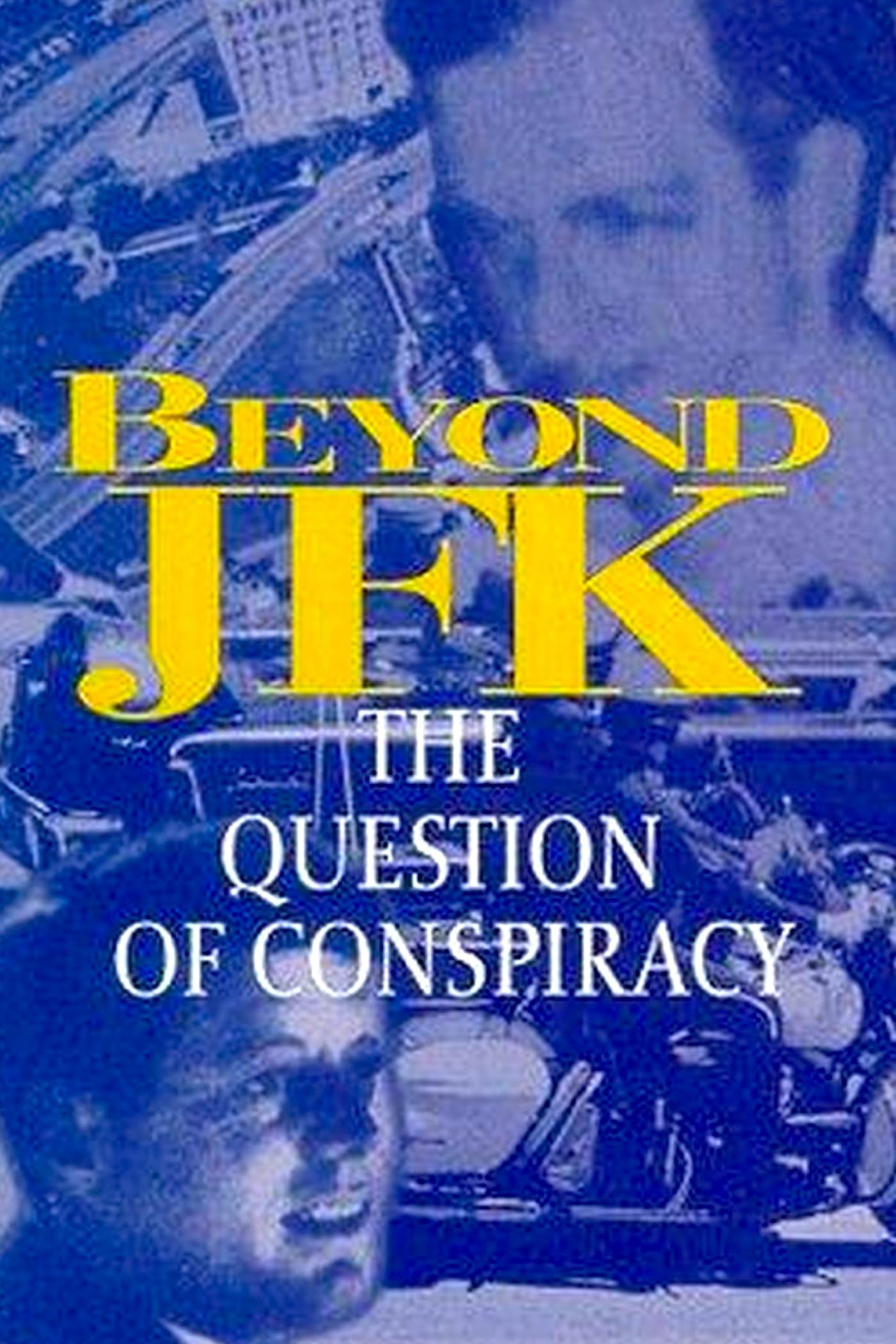
Beyond JFK: The Question of Conspiracy (1992)
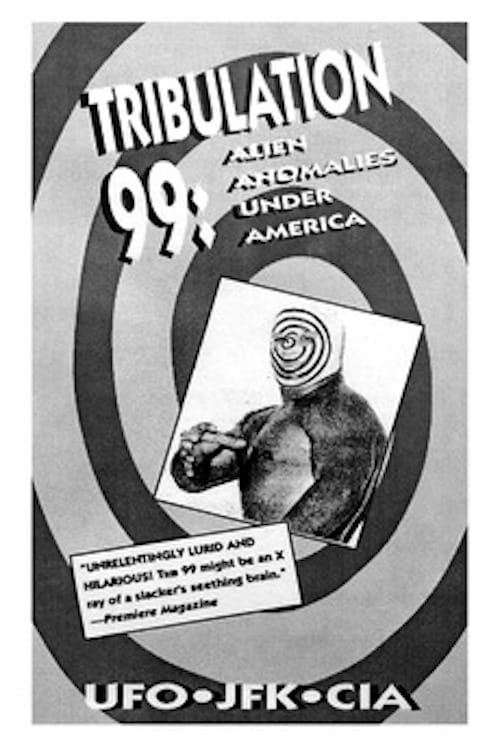
Tribulation 99: Alien Anomalies Under America (1991)
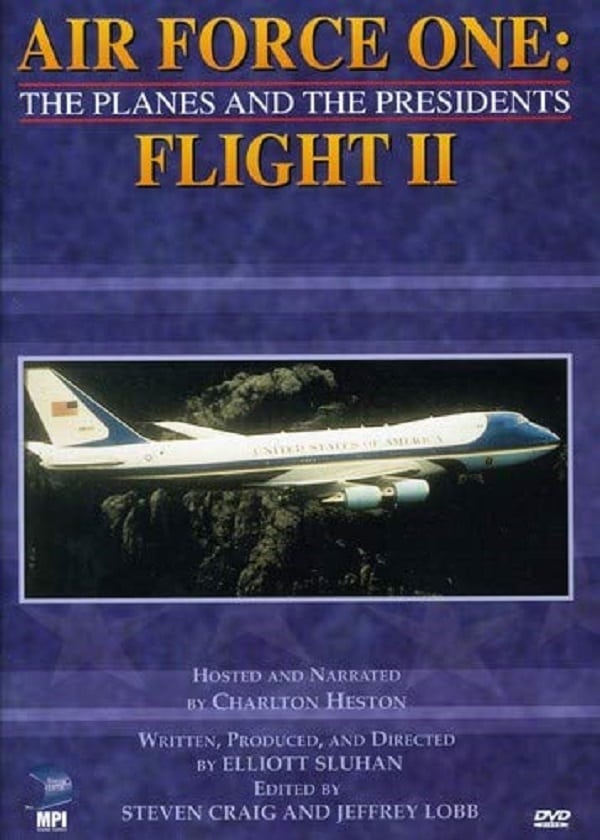
Air Force One: The Planes and the Presidents (1991)
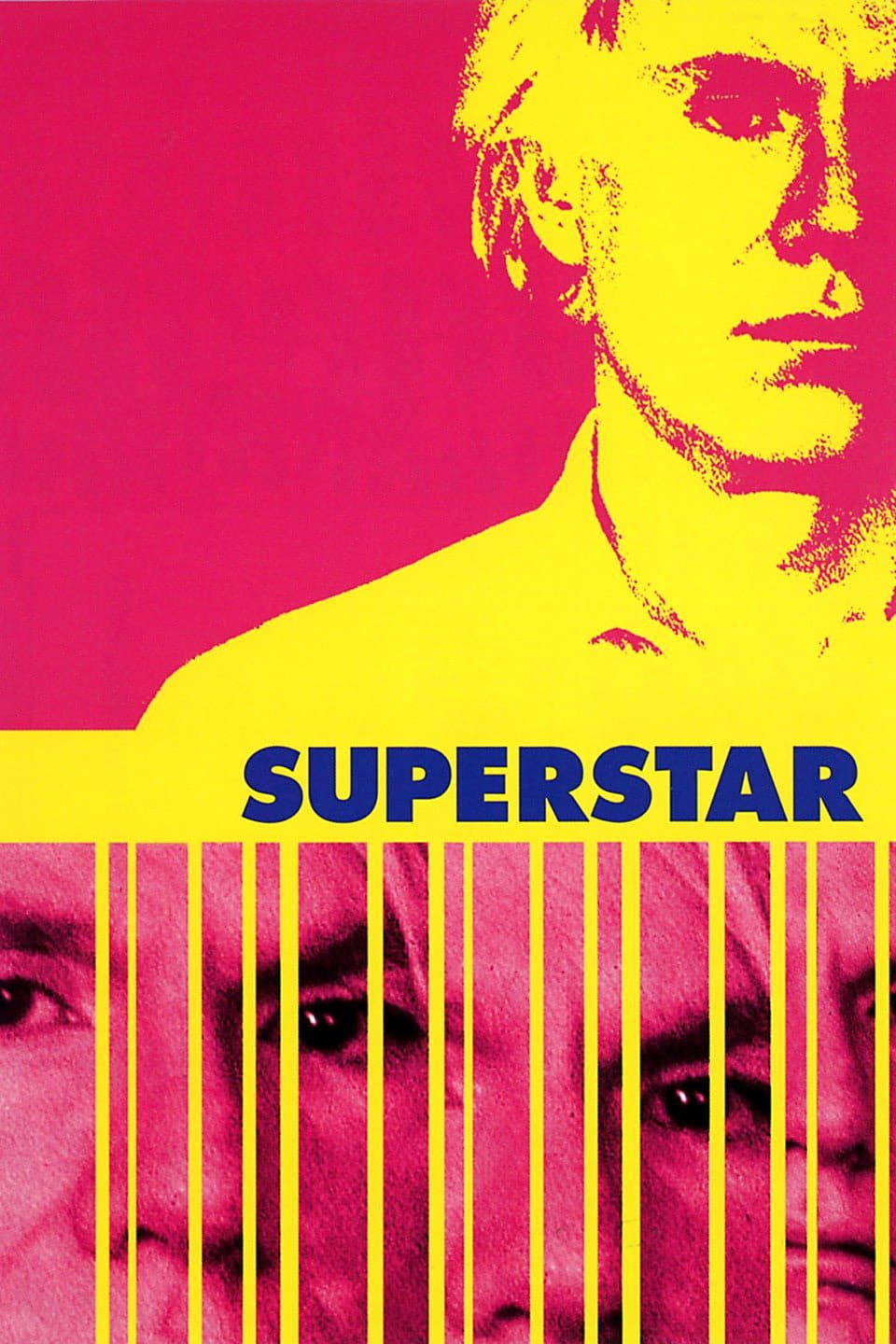
Superstar: The Life and Times of Andy Warhol (1990)
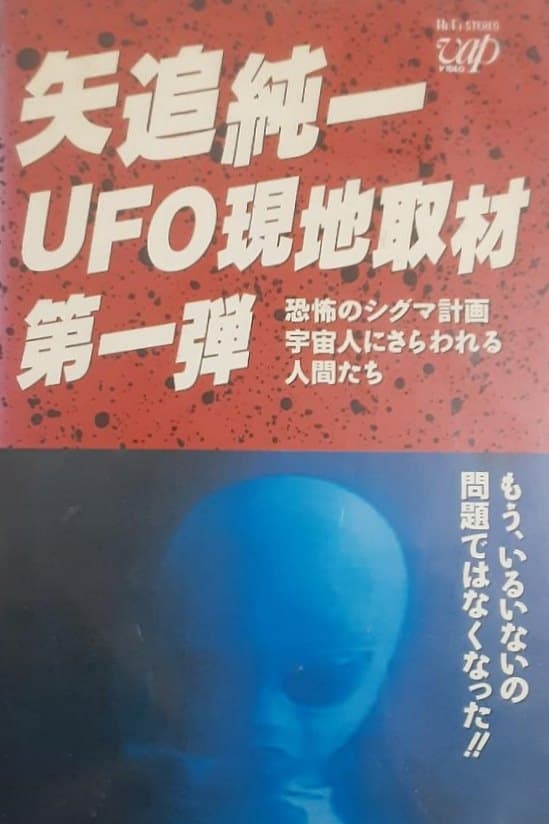
Junichi Yaoi's UFO On-site Coverage Vol.1: Horrible Sigma Project—Humans Kidnapped by Aliens (1989)
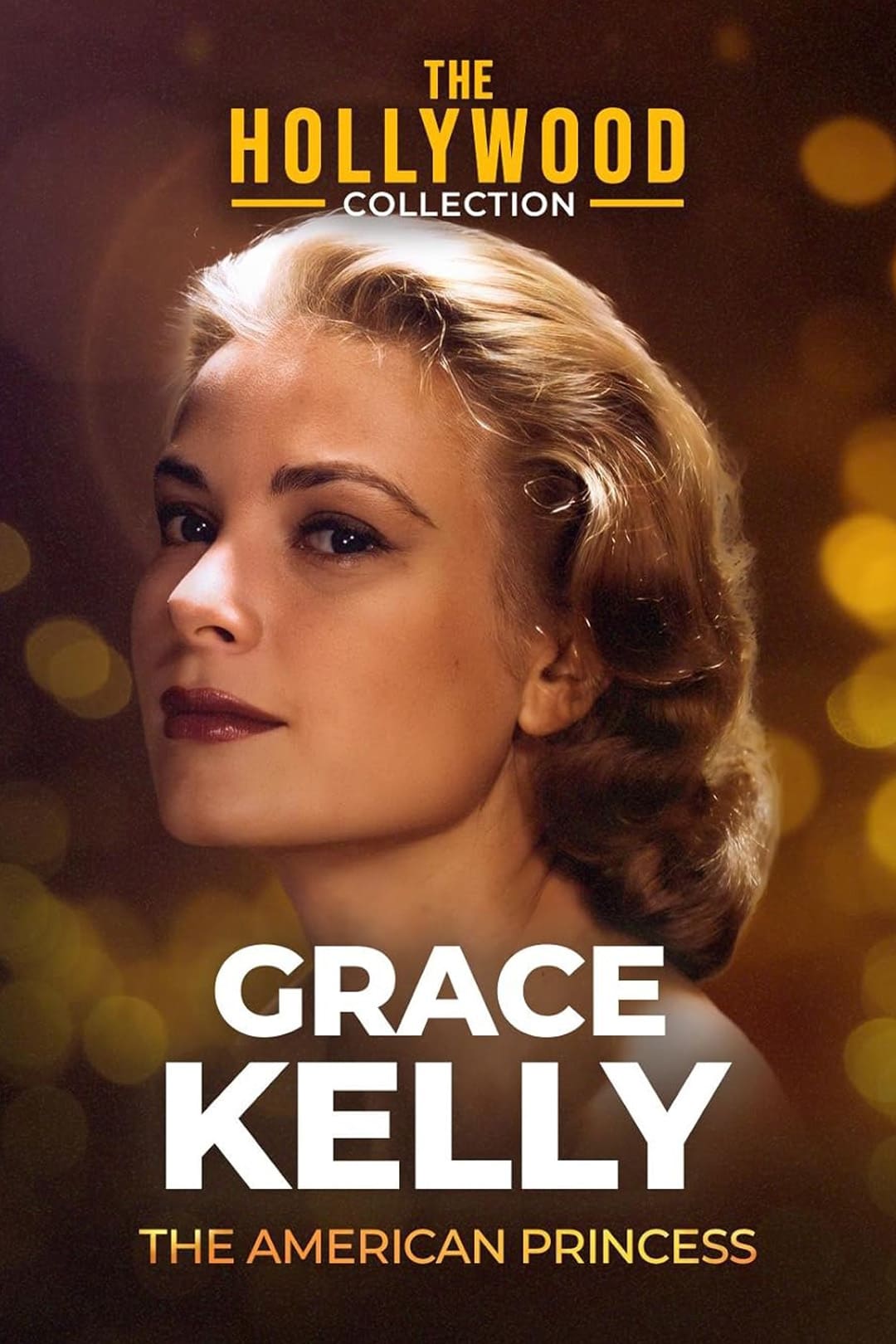
Grace Kelly: The American Princess (1987)
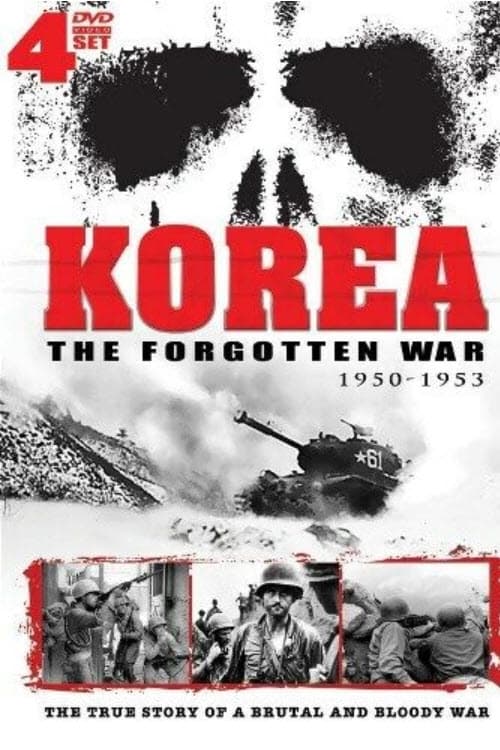
Korea: The Forgotten War (1987)

The Target is Your Brain (1985)
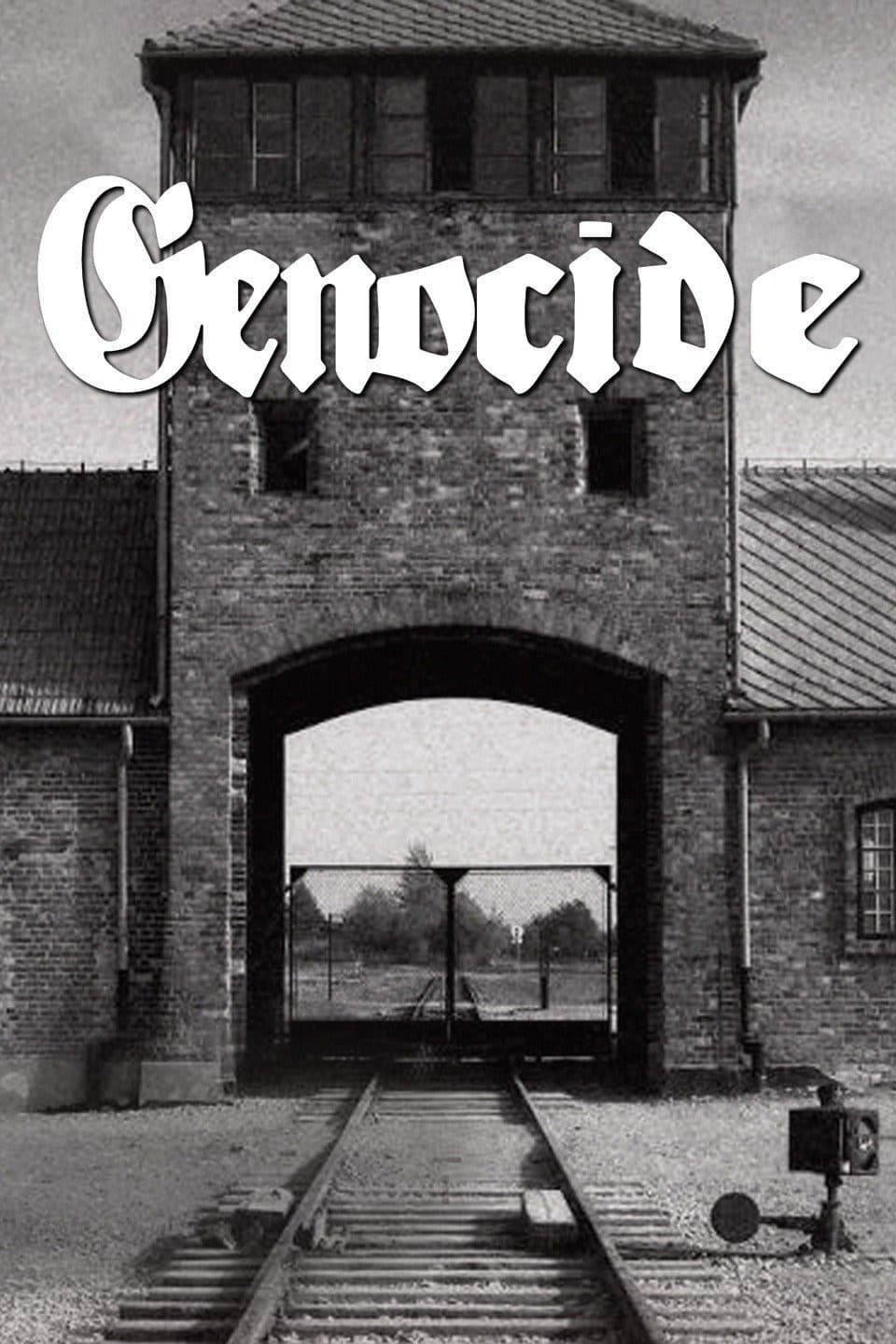
Genocide (1982)
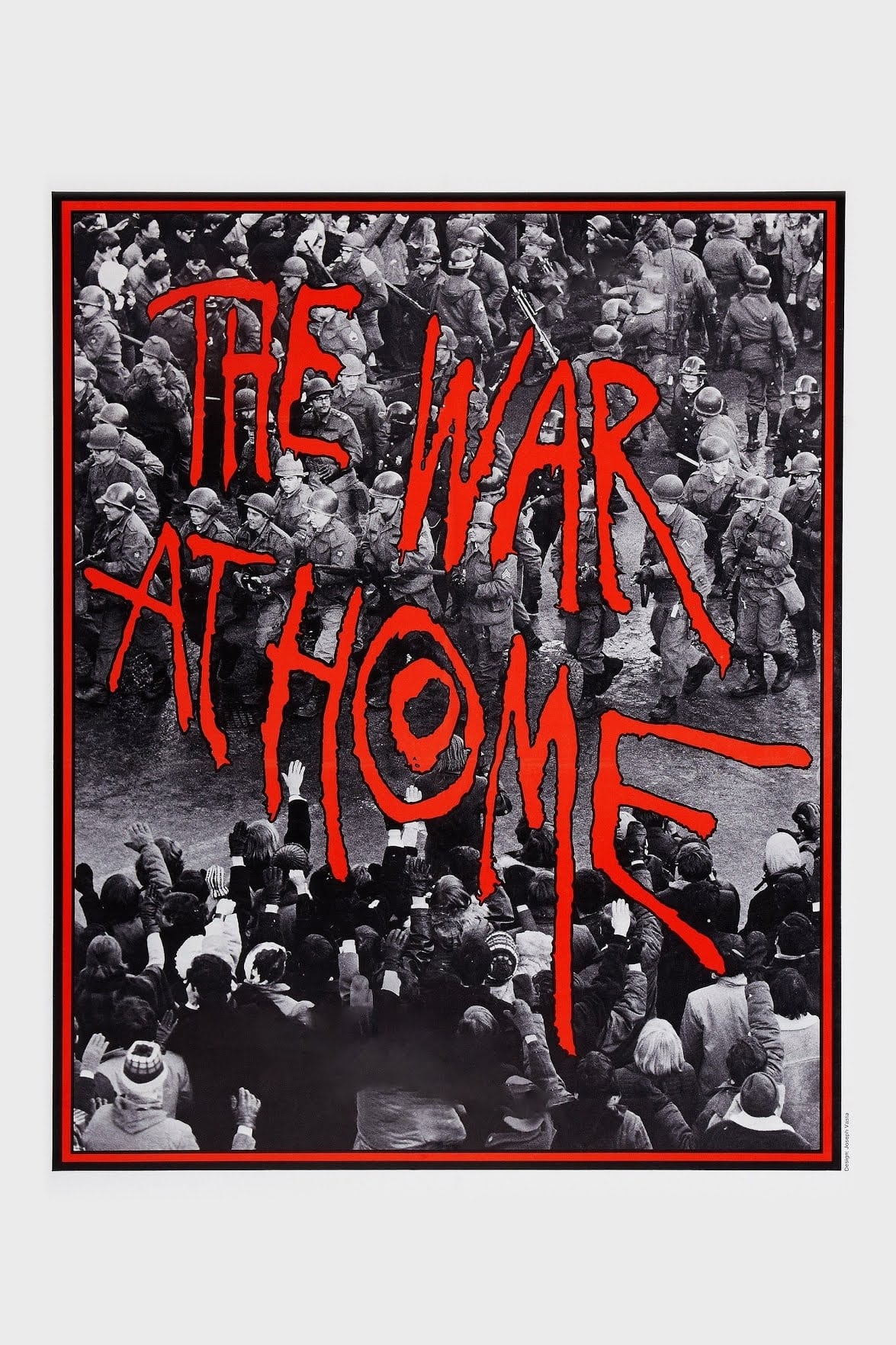
The War at Home (1979)

CBS Reports: The CIA's Secret Army (1977)
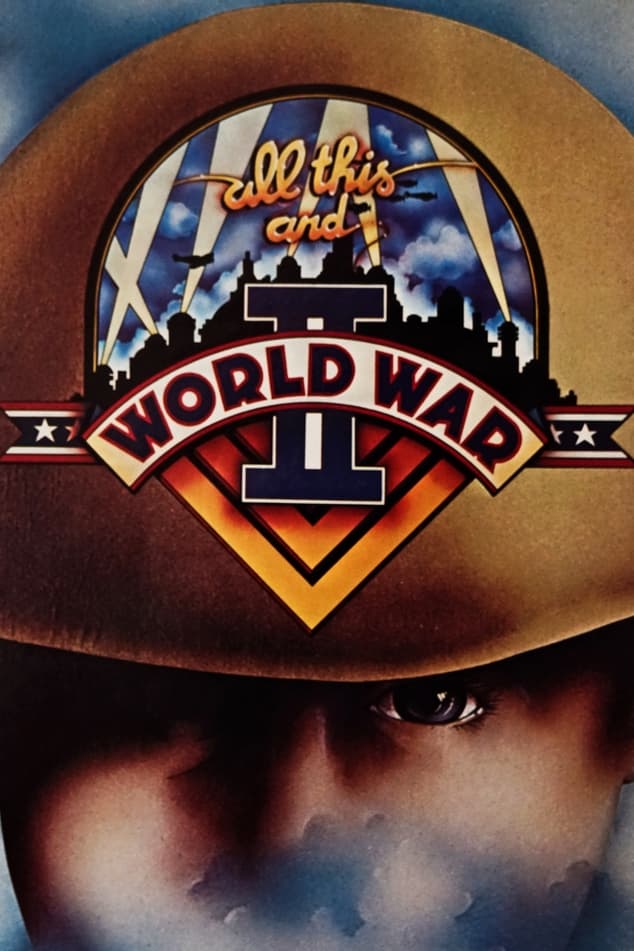
All This and World War II (1976)
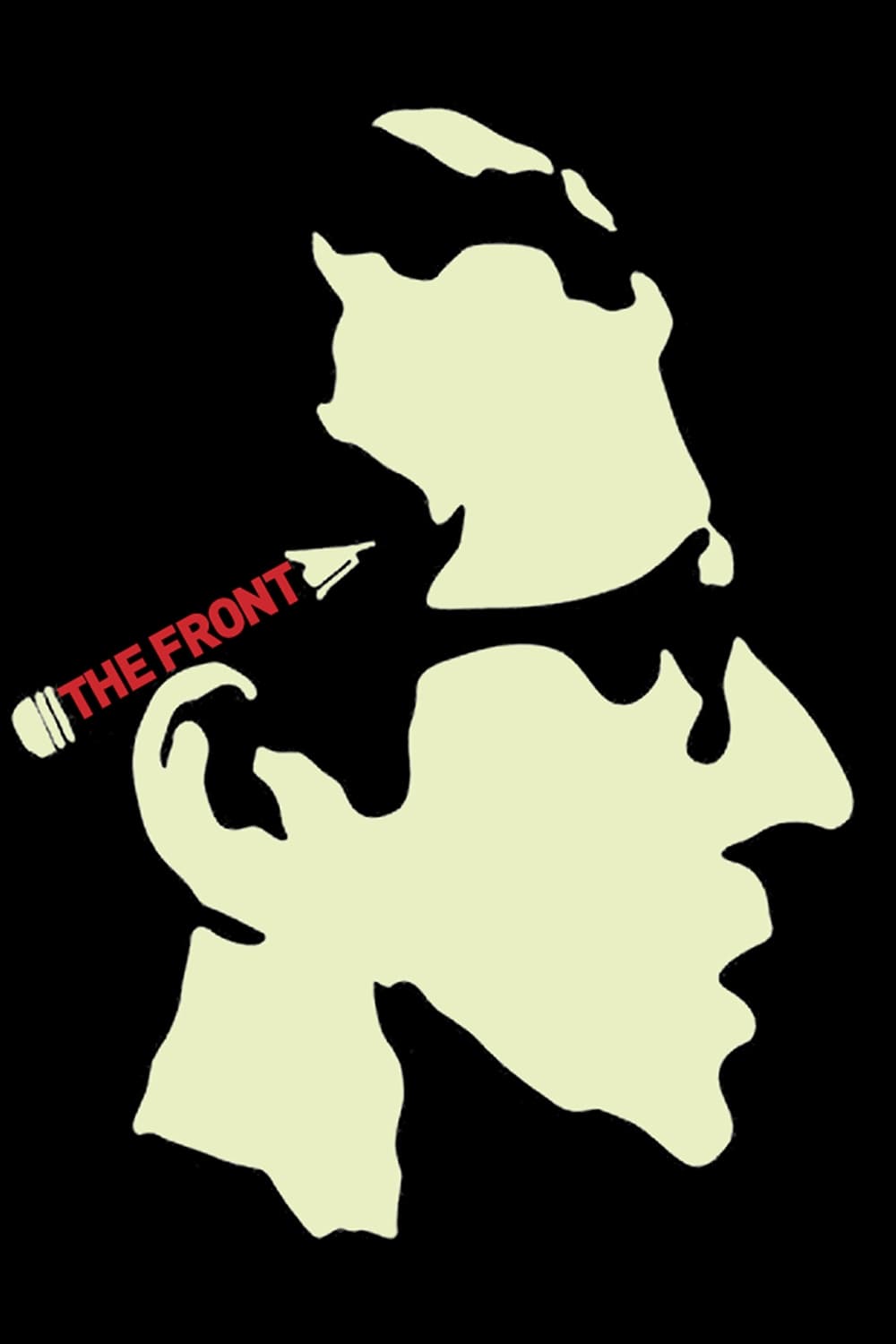
The Front (1976)

Brother, Can You Spare a Dime? (1975)

McCarthy: Death of a Witch Hunter (1975)
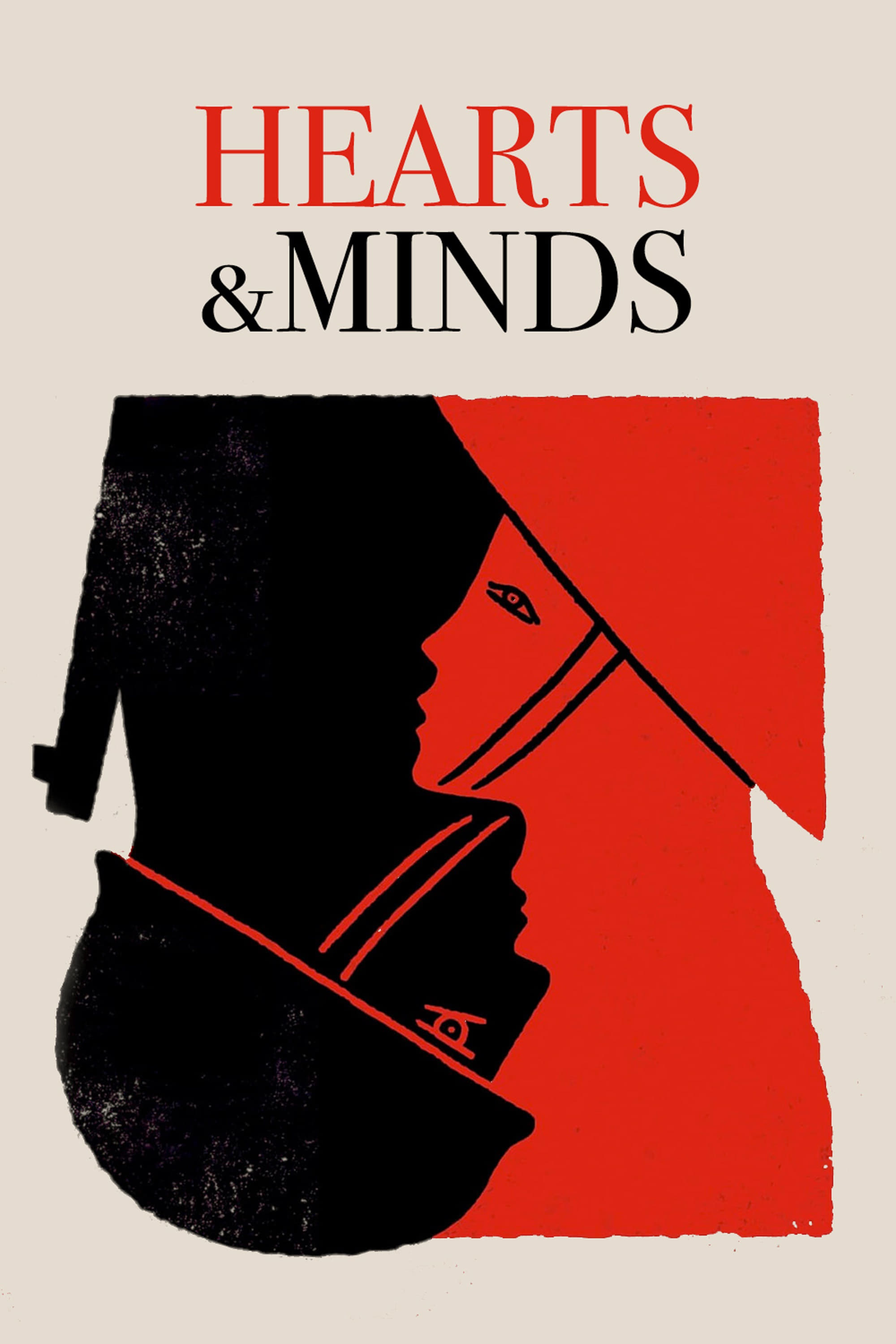
Hearts and Minds (1974)
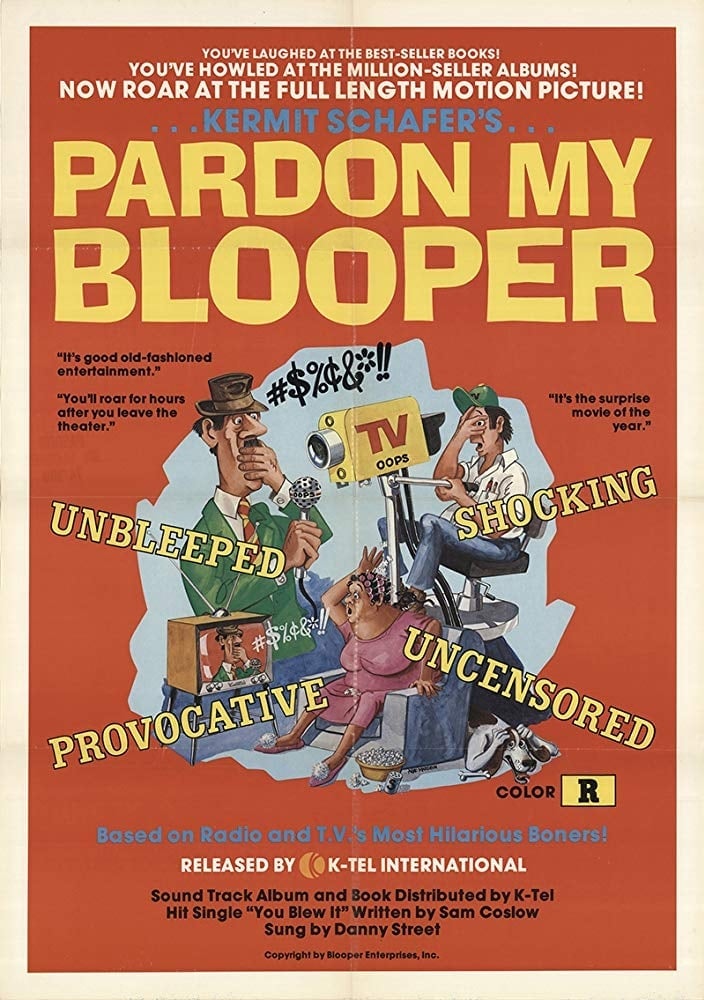
Pardon My Blooper (1974)

A Place in History (1970)
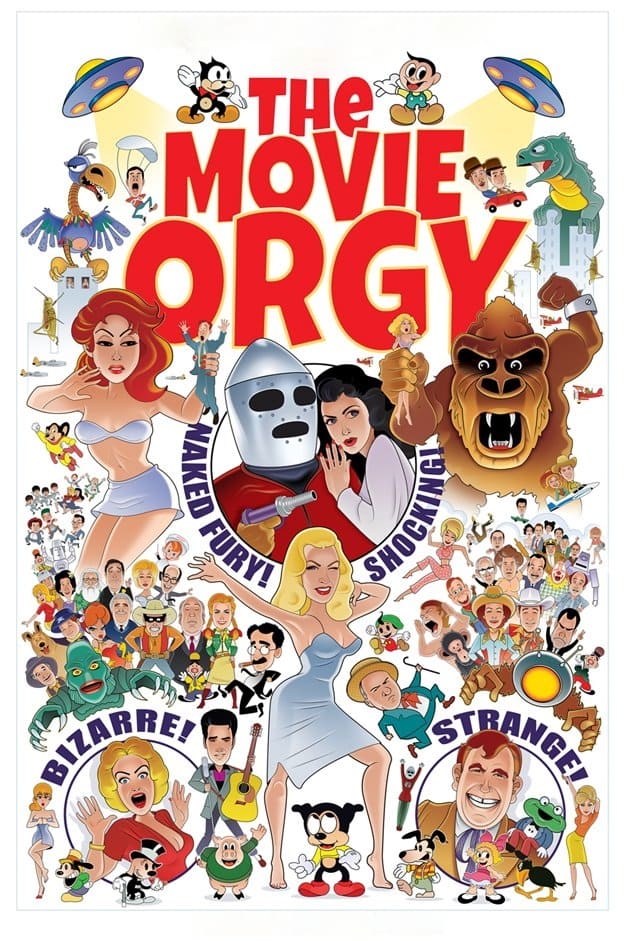
The Movie Orgy (1968)
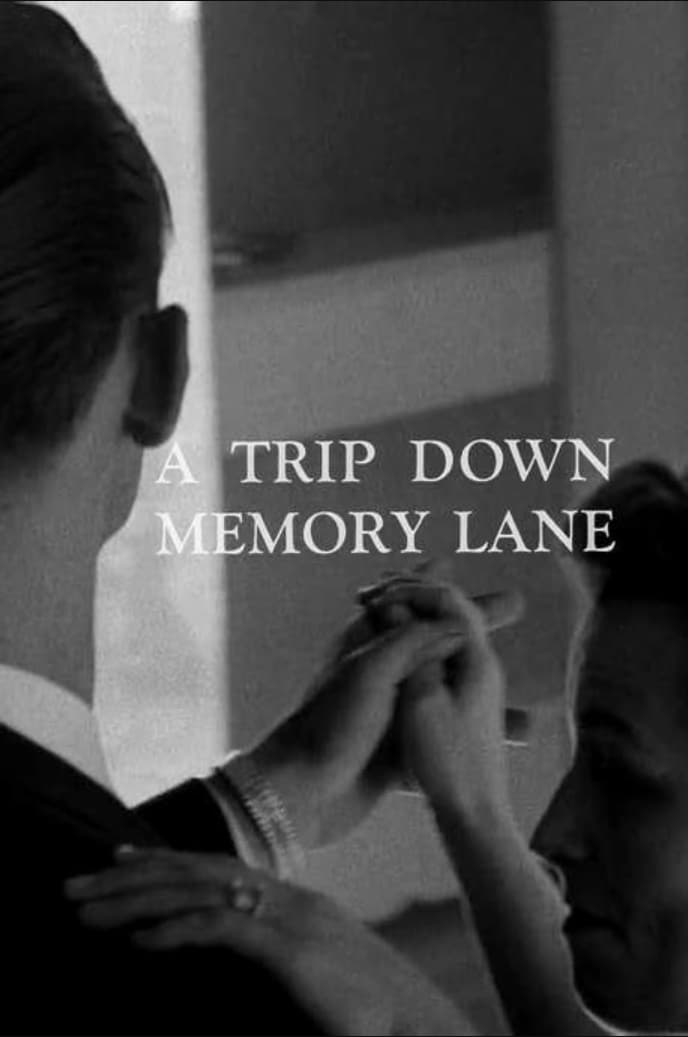
A Trip Down Memory Lane (1966)
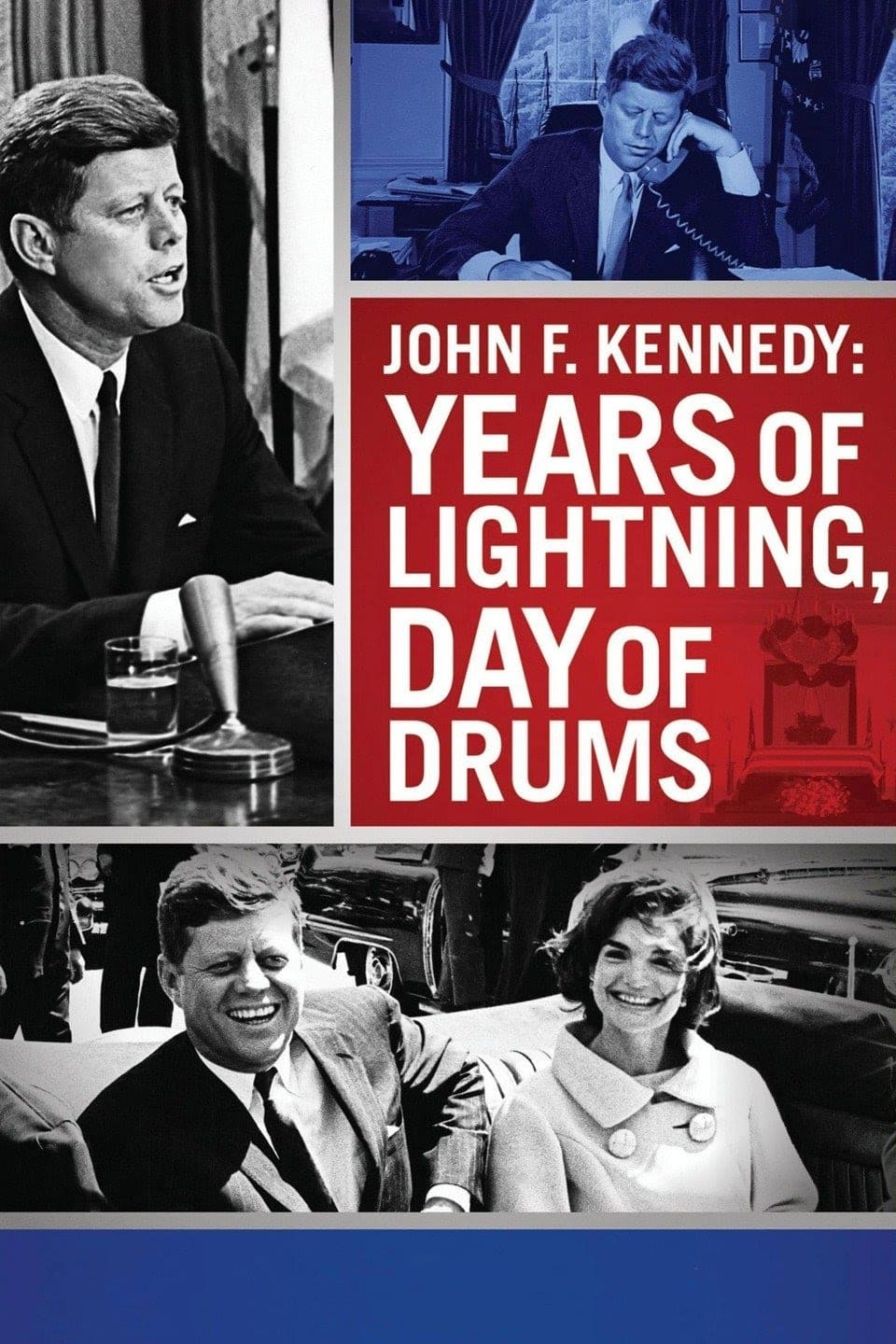
John F. Kennedy: Years of Lightning, Day of Drums (1966)
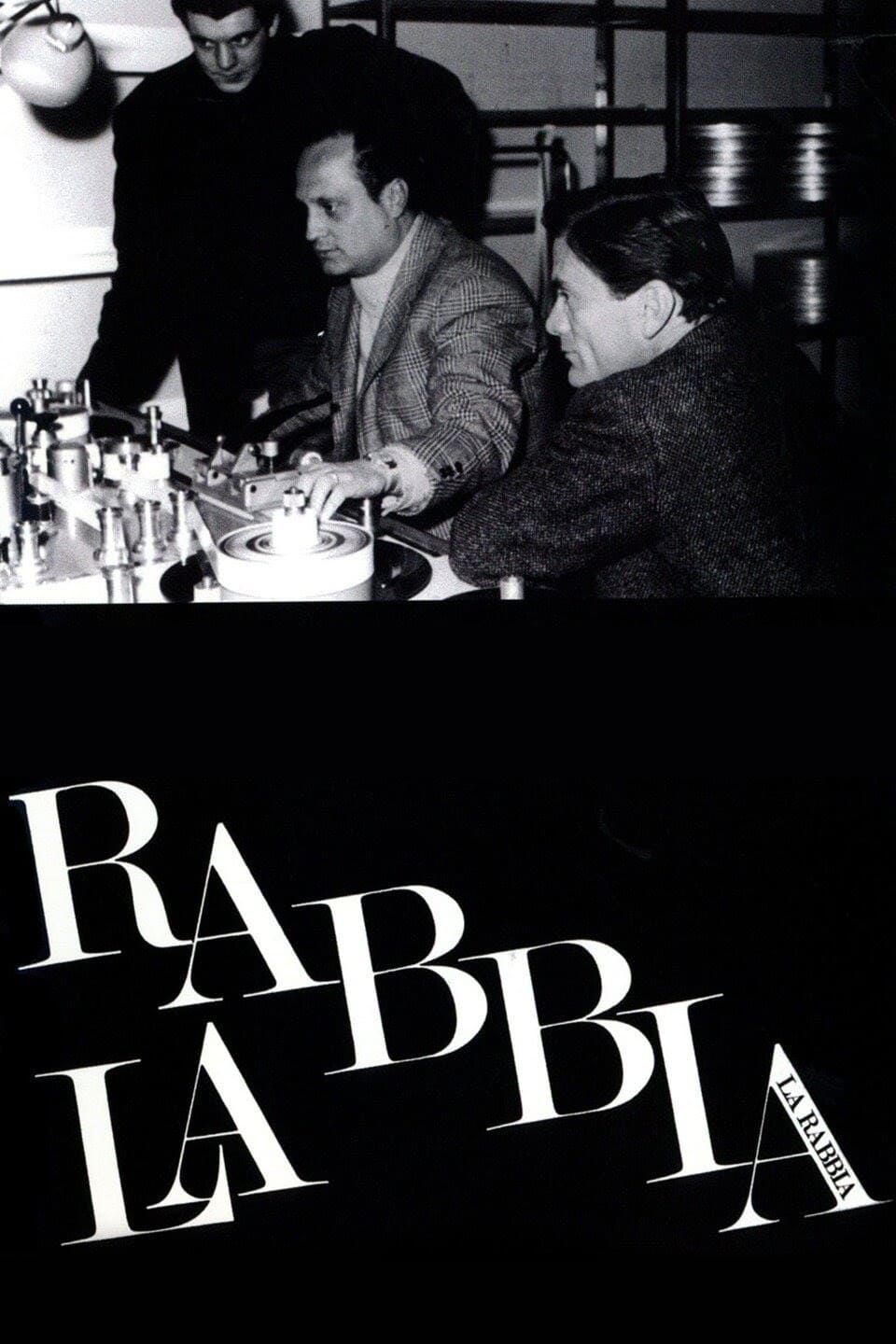
La Rabbia (1963)
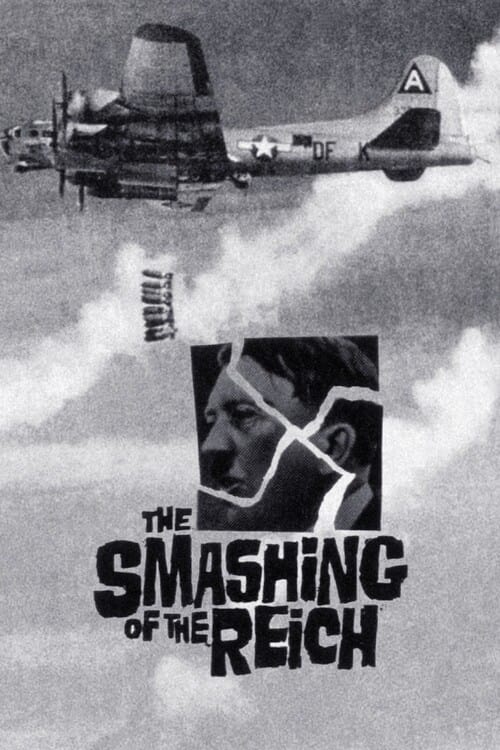
The Smashing of the Reich (1961)

1964 New York World's Fair Report (1961)
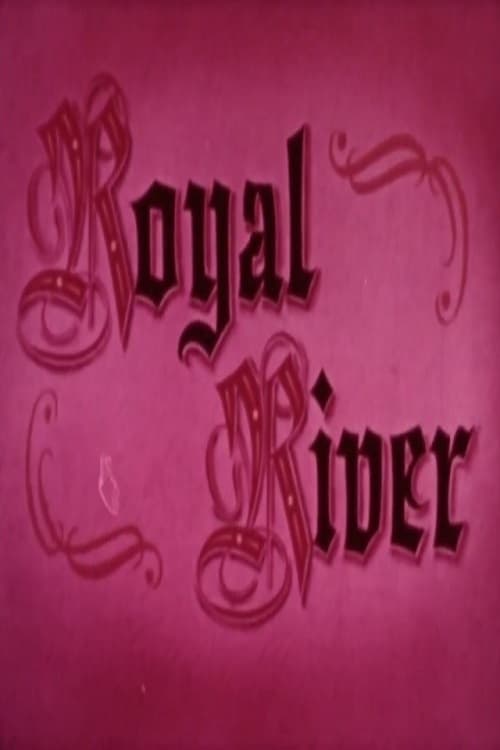
Royal River (1959)
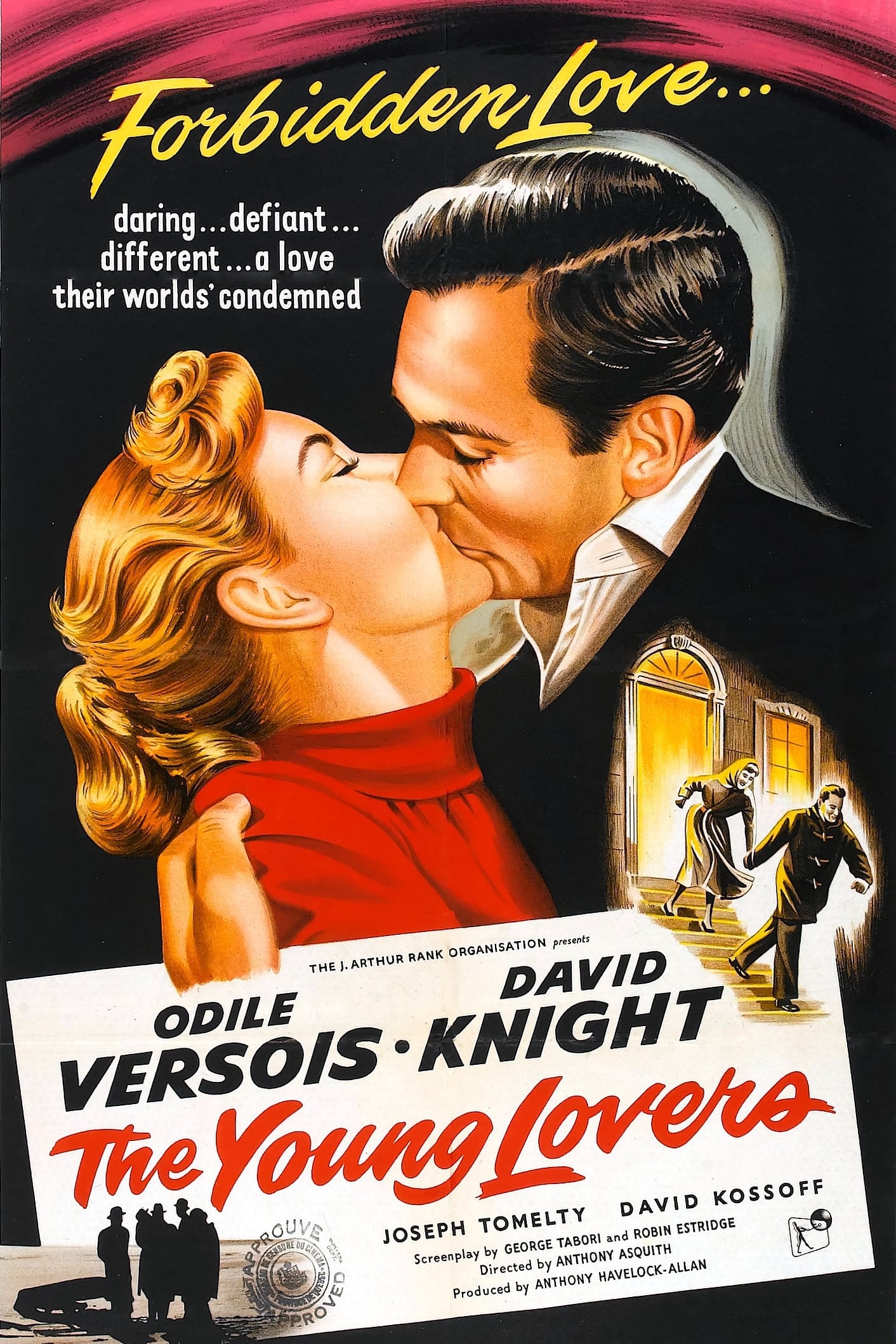
The Young Lovers (1954)
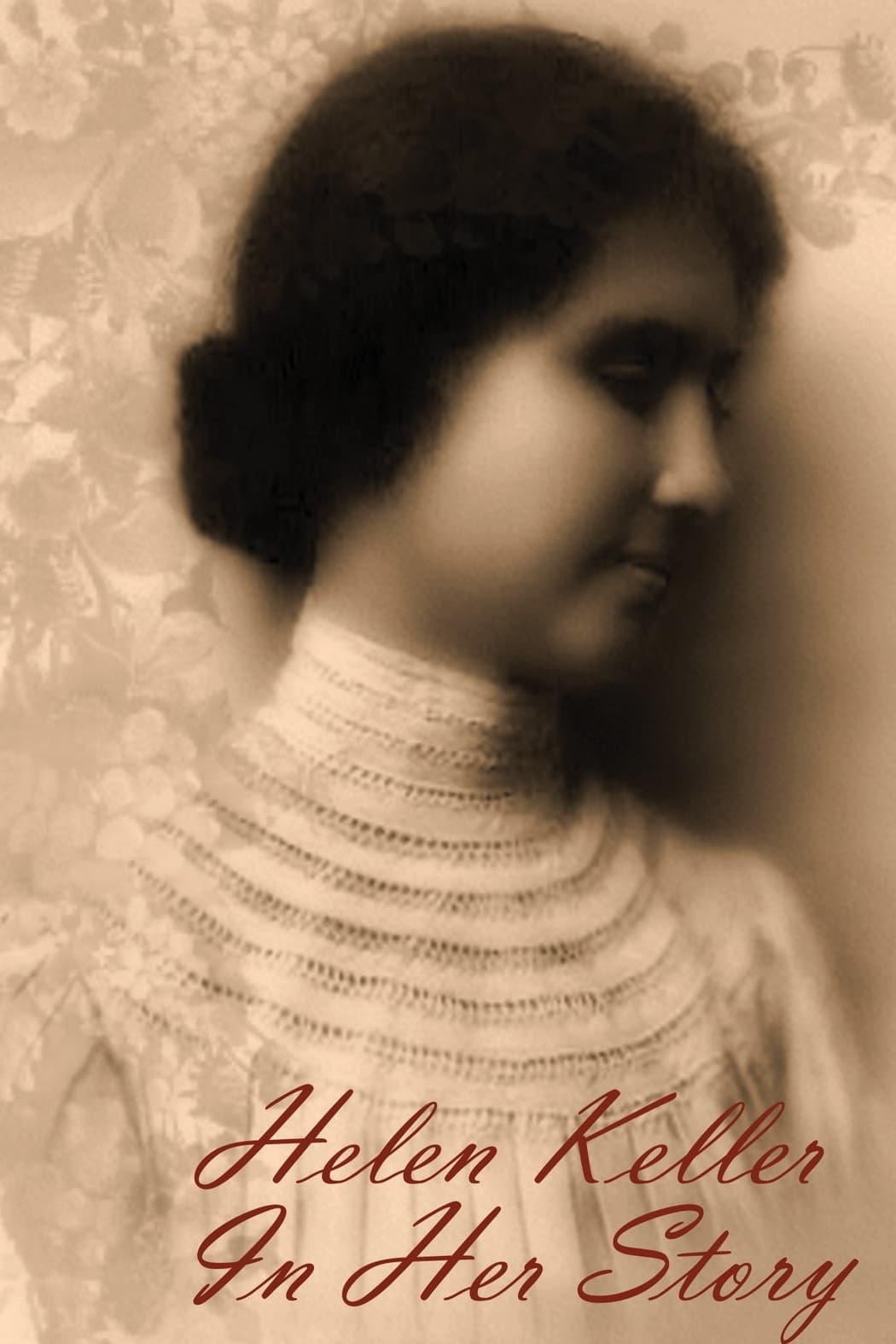
The Unconquered (1954)
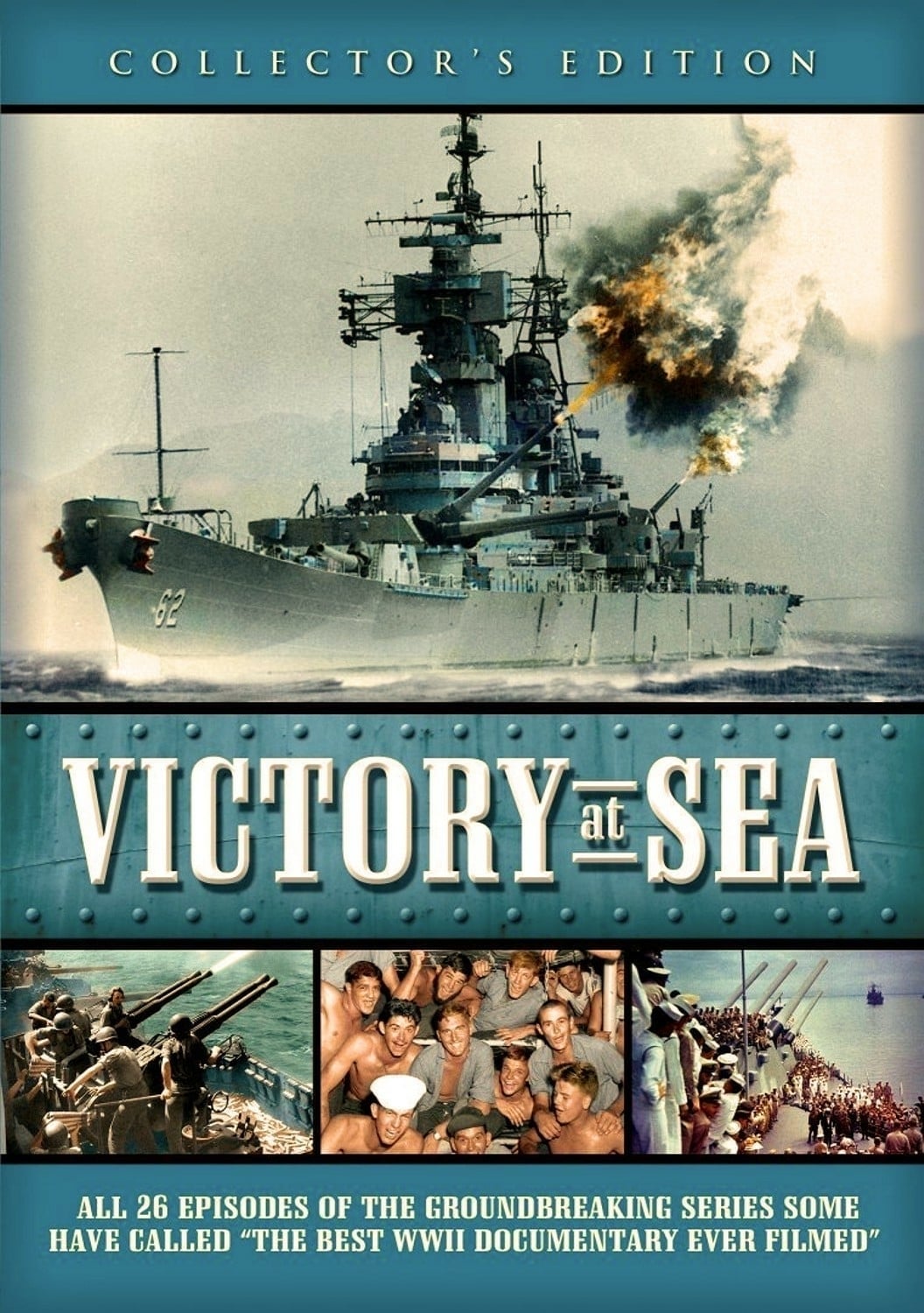
Victory at Sea (1952)
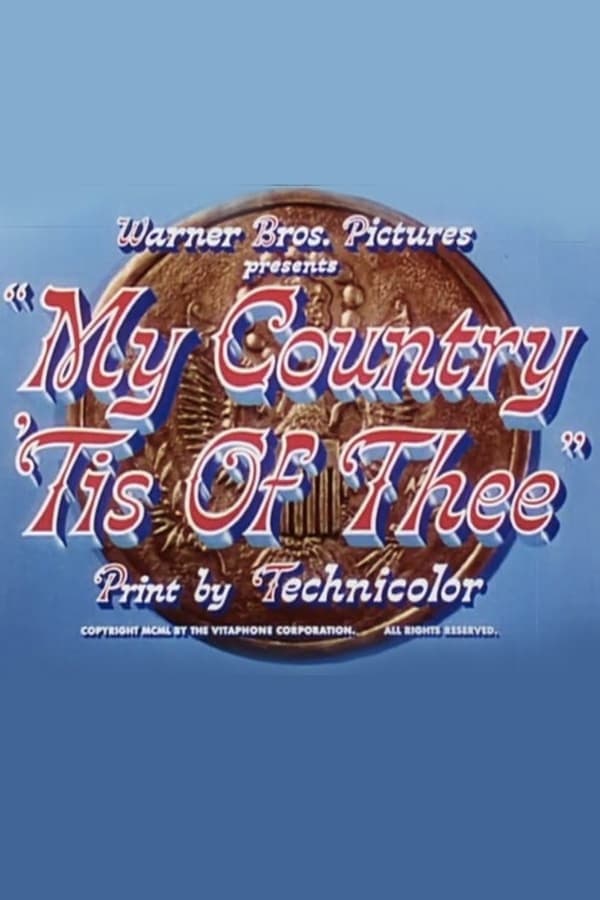
My Country 'Tis of Thee (1950)
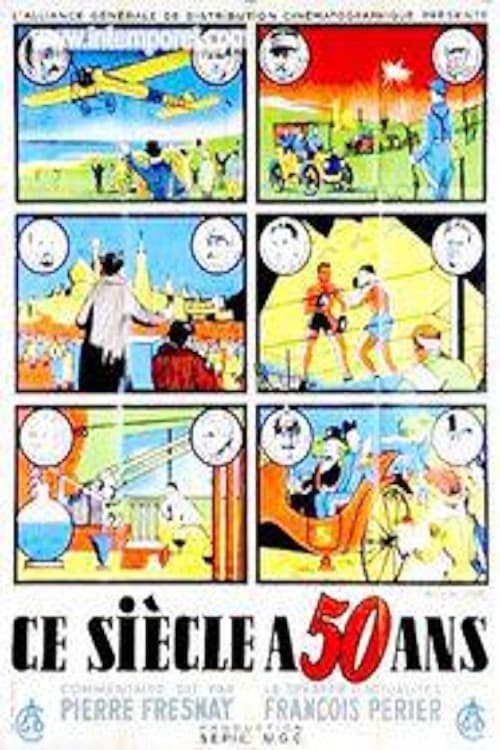
The Century Is Fifty (1950)
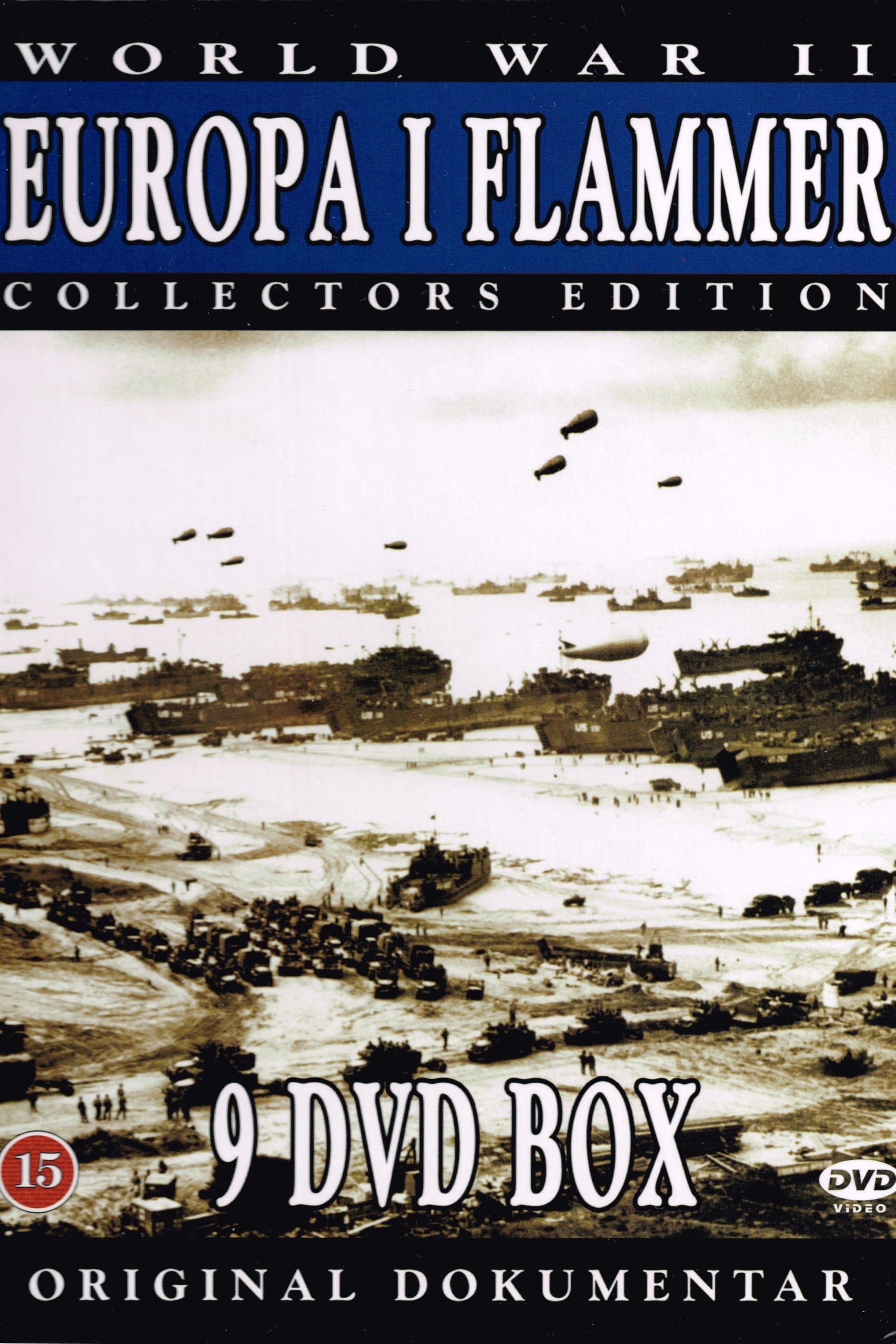
Crusade in Europe (1949)
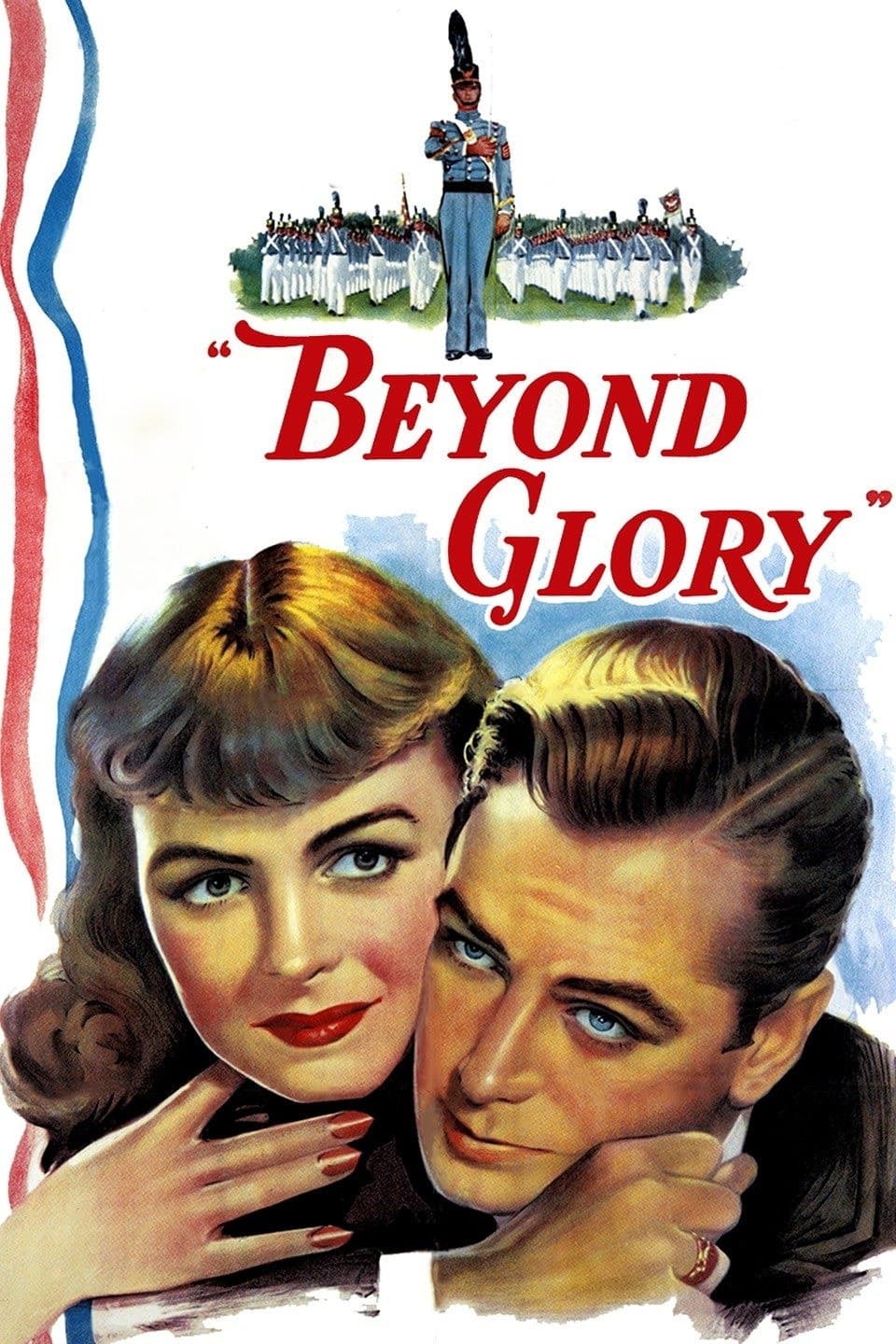
Beyond Glory (1948)
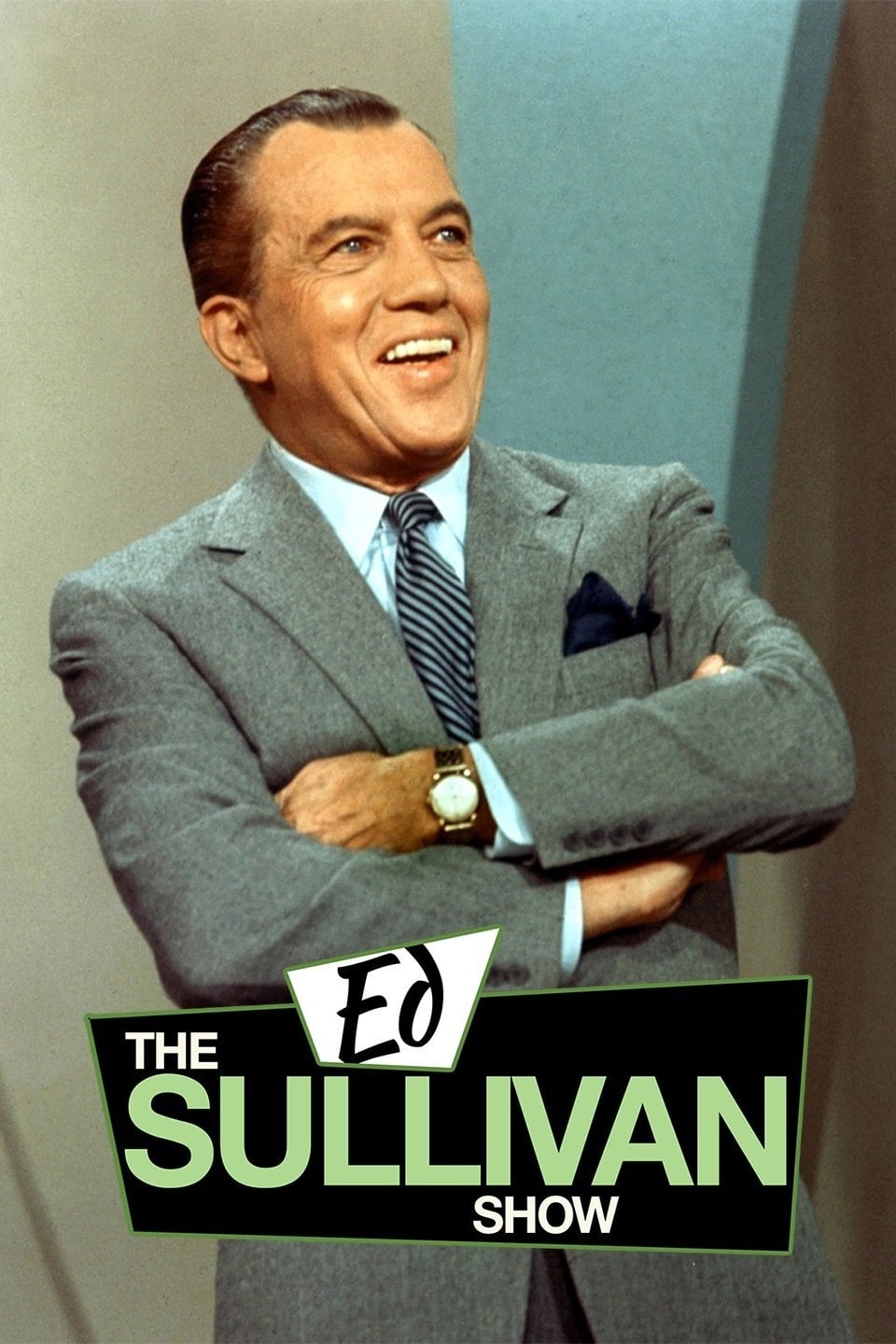
The Ed Sullivan Show (1948)

We, the People (1948)

Rhin et Danube (1948)

Guilty Men (1945)
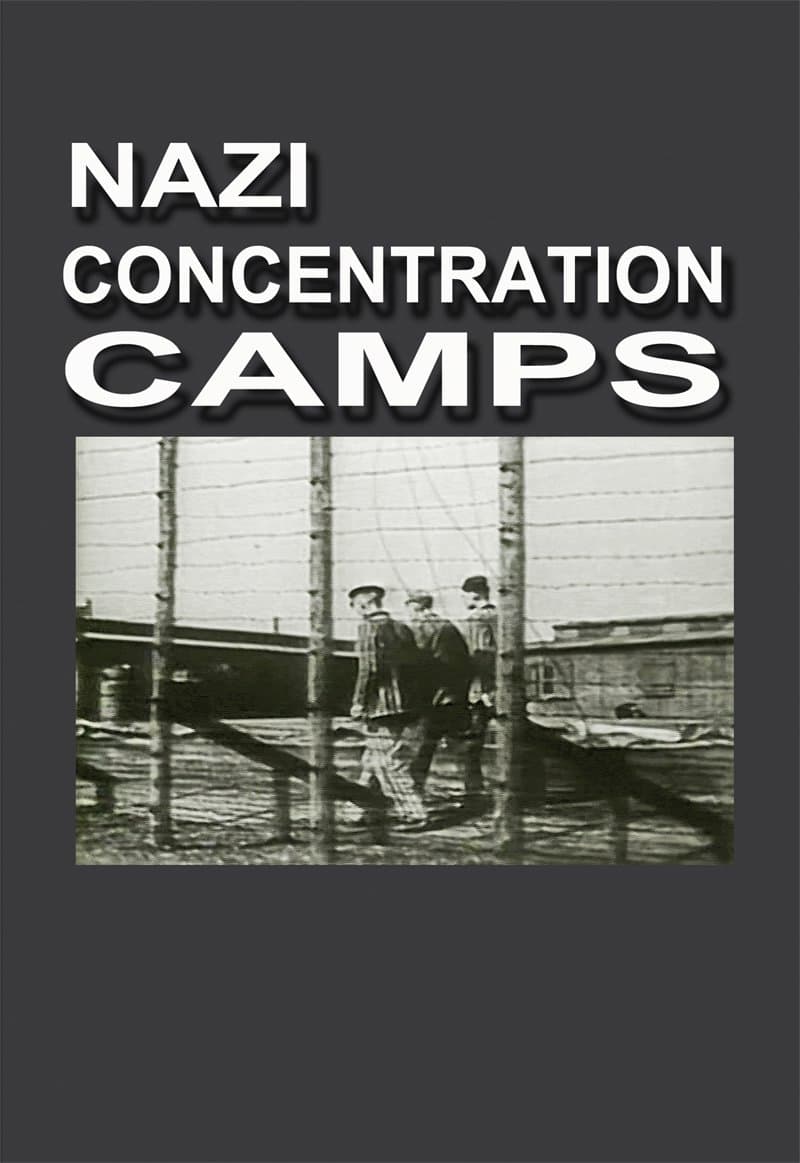
Nazi Concentration Camps (1945)
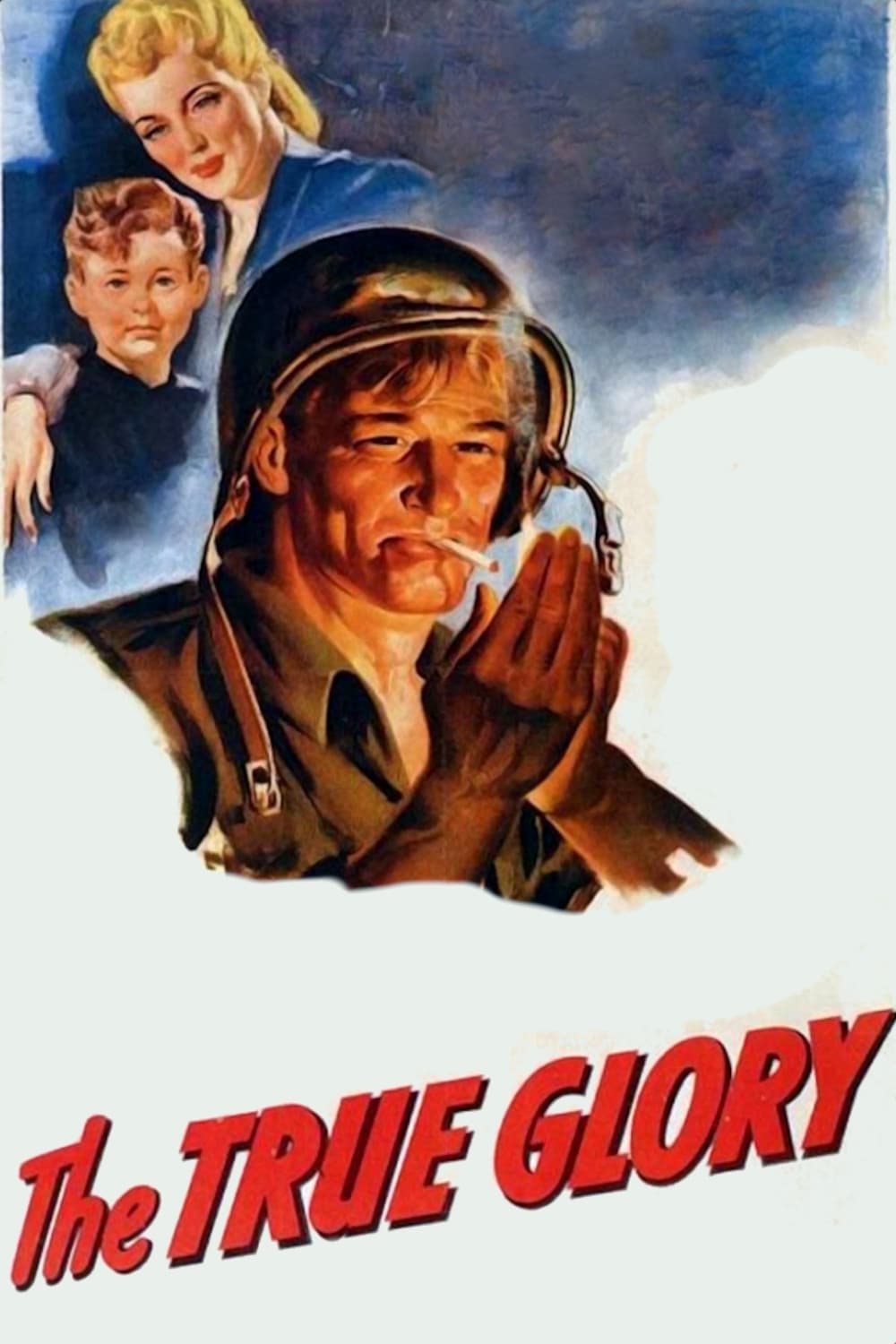
The True Glory (1945)
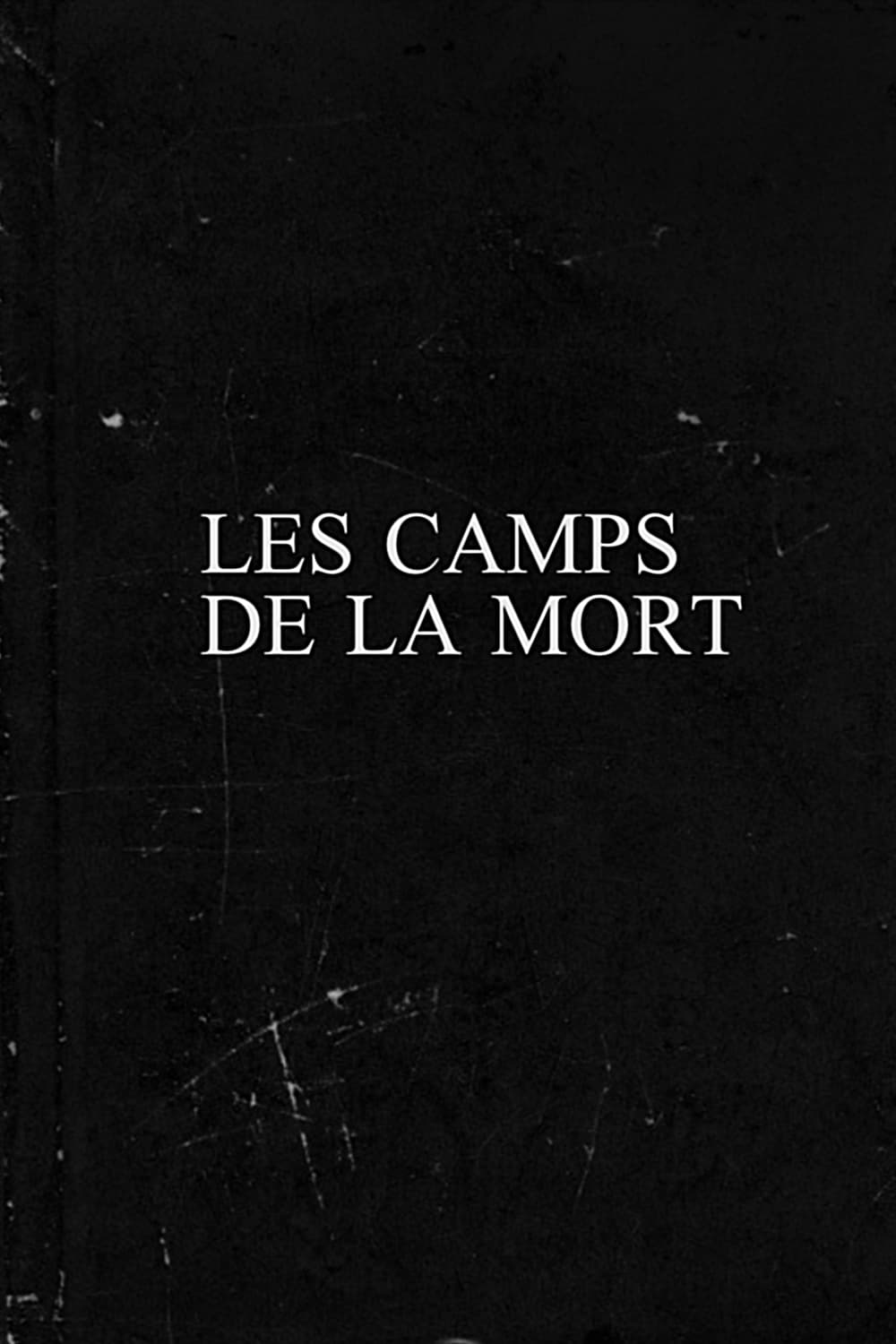
Death Camps (1945)
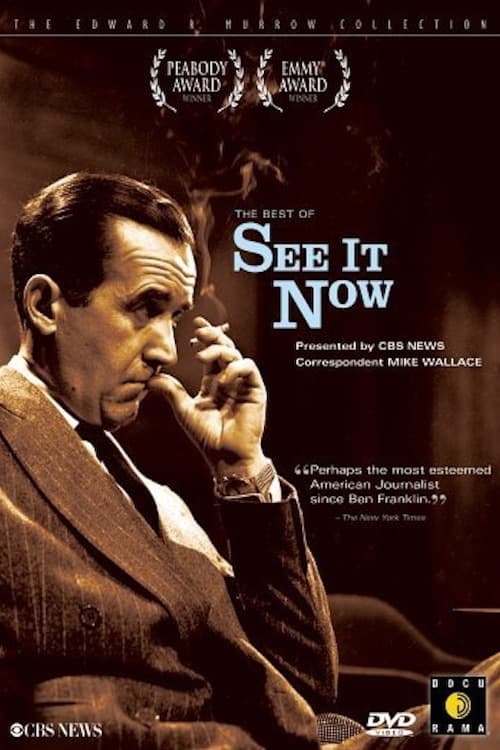
See It Now
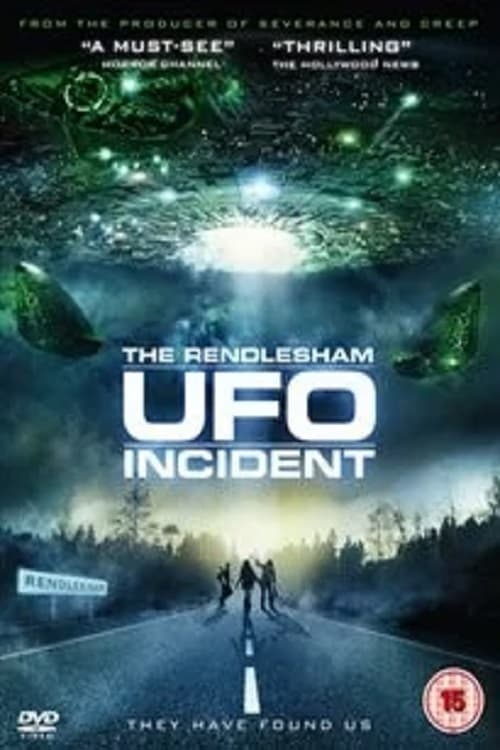
UFO Invasion at Rendlesham
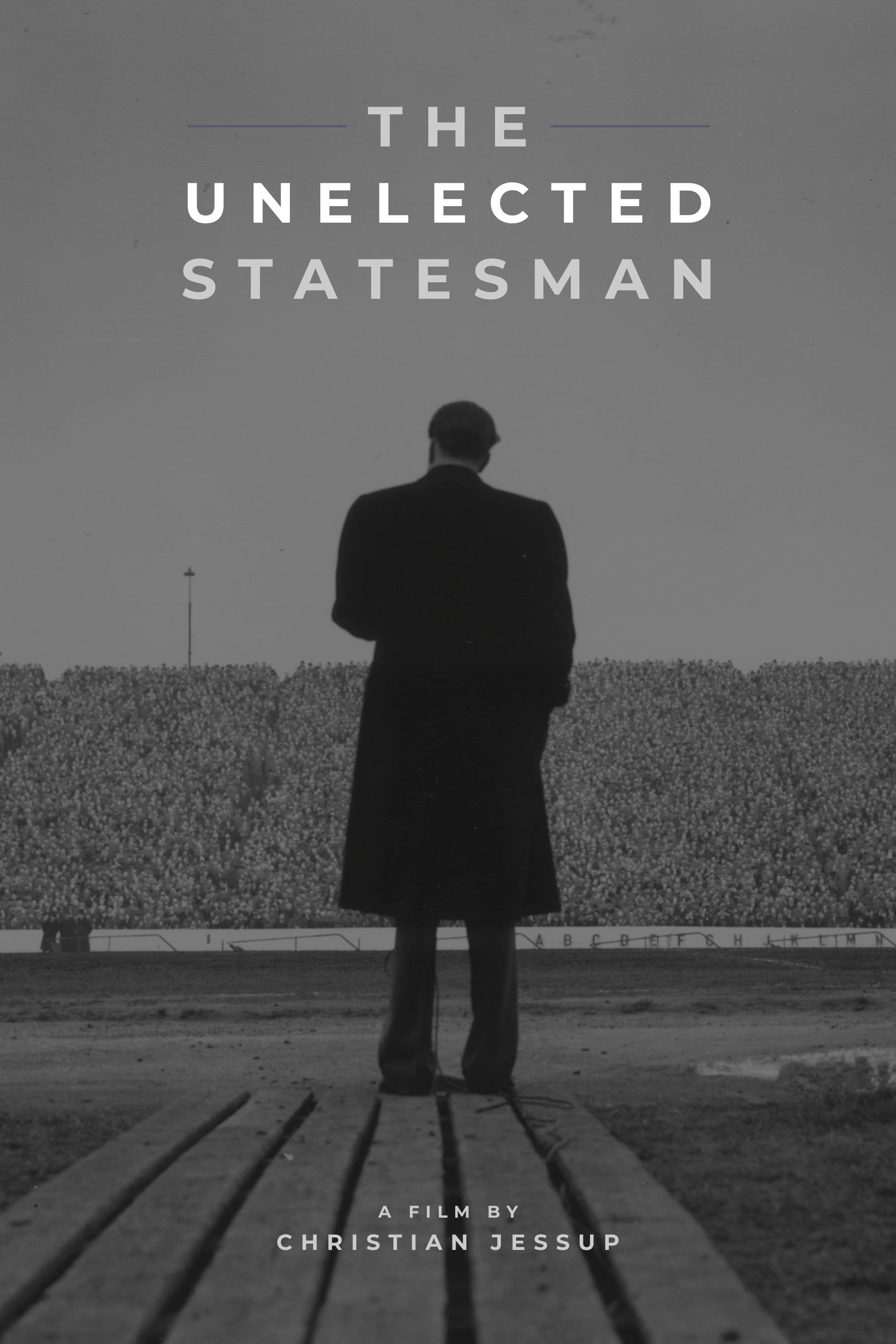
The Unelected Statesman
Ratings
Information
Known ForActing
GenderMale
Birthday1890-10-14
Deathday1969-03-28 (78 years old)
Birth NameDavid Dwight Eisenhower
Birth PlaceDenison, United States of America
ReligionJehovah's Witnesses
Height180-centimeter
RelationshipsMamie Eisenhower (1916-07-01 - 1969-03-28)
ChildrenDoud Eisenhower, John Eisenhower
FatherDavid Jacob Eisenhower
MotherIda Stover Eisenhower
SiblingsMilton Stover Eisenhower, Earl D. Eisenhower, Edgar Newton Eisenhower
CitizenshipsUnited States of America
Also Known AsIke, Gen. Dwight D. Eisenhower
AwardsGrand Cross of the Order of the Liberator General San Martin, honorary doctor of the Hofstra University, honorary citizen of Brussels, Horatio Alger Award, Grand Cross of the Order of the Southern Cross, Silver Cross of the Virtuti Militari, Order of the Cross of Grunwald, 1st class, Order of Suvorov, 1st class, Grand cross of the Order of the White Lion, Order of Ismail, Legionnaire of Legion of Merit, Grand Cross of the Order of Wissam El Alaouite, Hoover Medal, Grand Cross of the Order of Polonia Restituta, Grand Cross of the Order of the Oak Crown, Grand Cordon of the Order of Leopold, Knight Grand Cross of the Military Order of Savoy, World War I Victory Medal, Grand Cordon of the order of Nichan Iftikhar, Knight Commander of the Order of the Bath, Knight Grand Cross of the Order of the Bath, Order of Propitious Clouds, Grand Croix of the Légion d'honneur, Grand Cross of the Legion of Honour, Theodore Roosevelt Award, Mexican Border Service Medal, Collar of the Supreme Order of the Chrysanthemum, Army of Occupation Medal, Order of Vasco Núñez de Balboa, Companion of the Liberation, American Defense Service Medal, Order of Manuel Amador Guerrero, Africa Star, National Defense Service Medal, Victory Medal, Order of Aeronautical Merit, Knight Grand Cross in the Order of the Netherlands Lion, Czechoslovak War Cross 1939–1945, World War II Victory Medal, Nishan-e-Pakistan, Distinguished Service Medal, European-African-Middle Eastern Campaign Medal, Order of Sikatuna, Order of the Elephant, Atoms for Peace Award, Order of the Redeemer, Order of Victory, World Golf Hall of Fame, Time Person of the Year, Order of the Royal House of Chakri, Croix de guerre
This article uses material from Wikipedia.
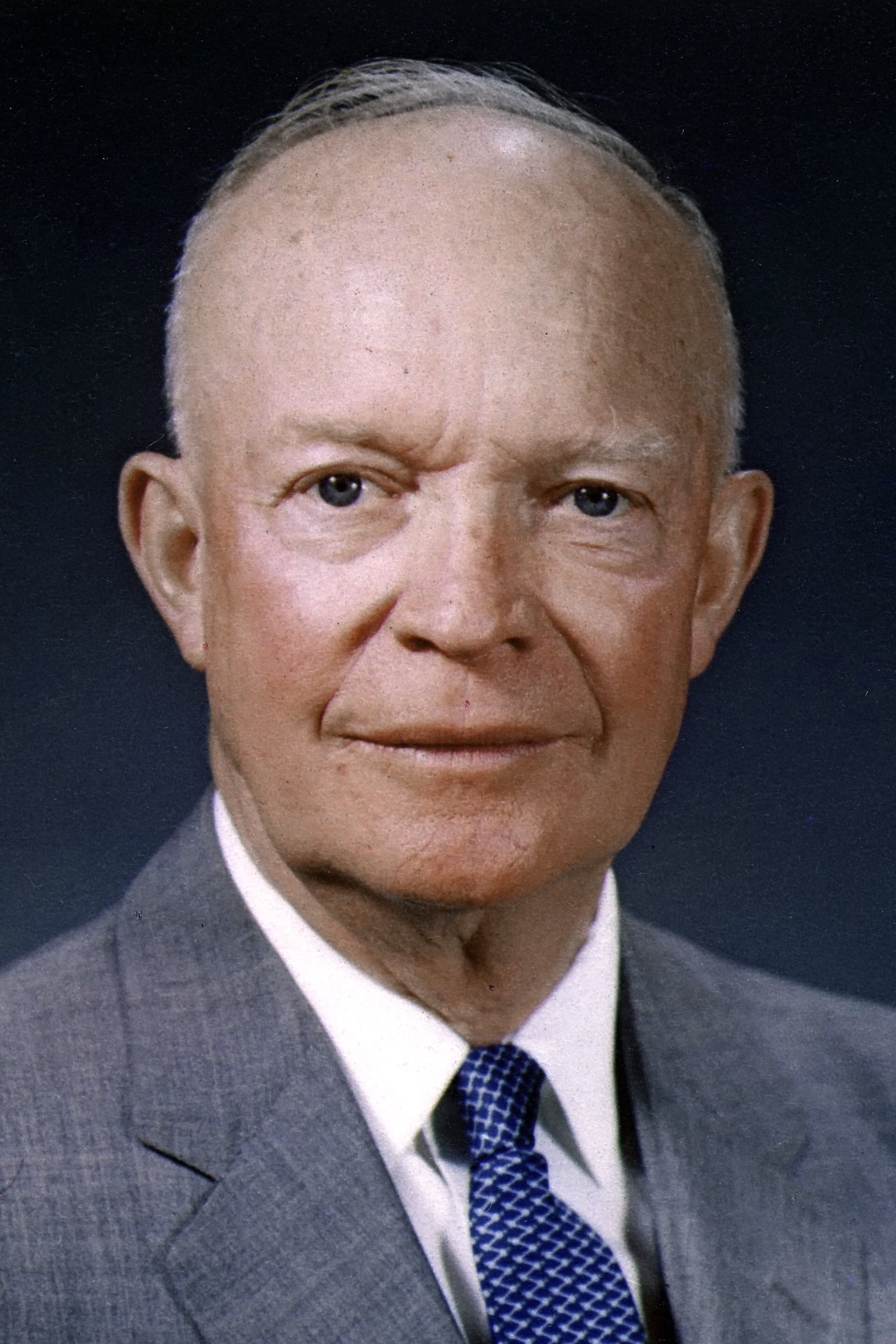 Dwight D. Eisenhower
Dwight D. Eisenhower- Filmography
- Information
- Related Persons
